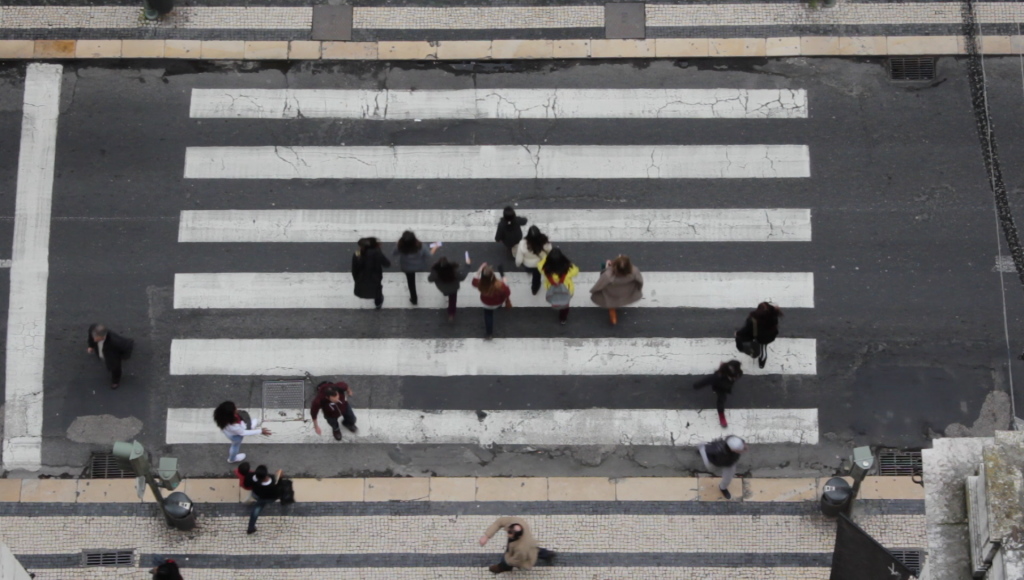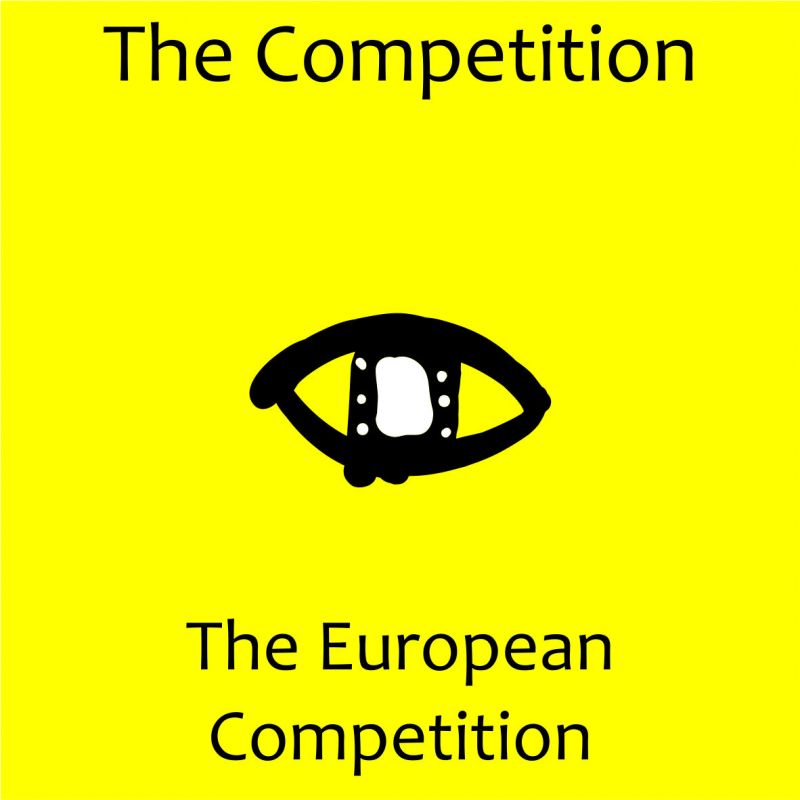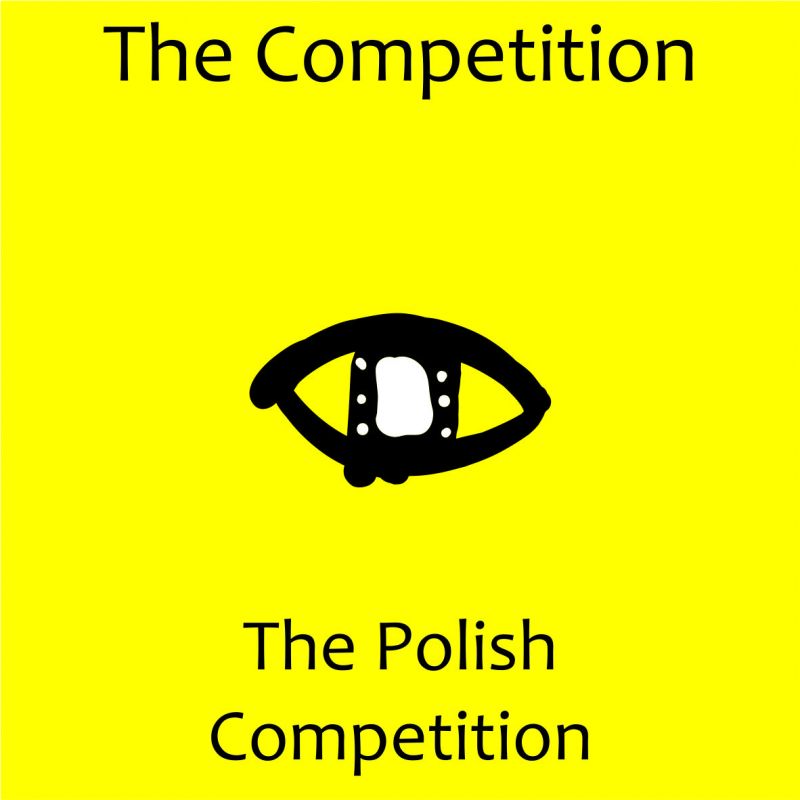Competition
This year the Polish-German committee chose – from among nearly 400 submissions – 31 productions for the international competition and 13 for the Polish competition. The films were produced in 2013-2014. The European competition will include pictures from 18 countries, produced and co-produced in and out of Europe. There is a great variety of styles – both competitions present classic documentaries as well as forms that seek new language of film. After the screenings the filmmakers and the audience will have a chance to exchange opinions and thoughts in the spirit of the festival.
Past events
- 05.10.2014, 14:00 - 16:00, Kino Zamek, The Polish Competition Block 2
- 05.10.2014, 11:30 - 13:30, Kino Zamek, The Polish Competition Block 1
- 04.10.2014, 22:00 - 23:00, Kino Zamek, Discussion
- 04.10.2014, 20:00 - 22:00, Kino Zamek, The European Competition: Block 6
- 04.10.2014, 17:00 - 19:00, Kino Zamek, The European Competition: Block 5
- 04.10.2014, 14:30 - 16:30, Kino Zamek, The European Competition: Block 4
- 03.10.2014, 22:00 - 23:00, Kino Zamek, Discussion
- 03.10.2014, 20:00 - 22:00, Kino Zamek, The European Competition: Block 3
- 03.10.2014, 17:00 - 19:00, Kino Zamek, The European Competition: Block 2
- 02.10.2014, 20:00 - 23:00, Kino Zamek, The European Competition Blok 1 / Discussion
Filmy poprzednich edycji
- (Rêve) d'un pays éloigné10'
(Rêve) d'un pays éloigné / (Dream) of a distant landProduction: Francce 2014
Summer in retrospect, flashes, and illuminations, but also in complete darkness. A mother and a daughter, not always in harmony. It is a poetic, intense film about their relation, analysed through the fragments of summer moments they have spent together. A relation as ambiguous as can be between two people so close to each other.
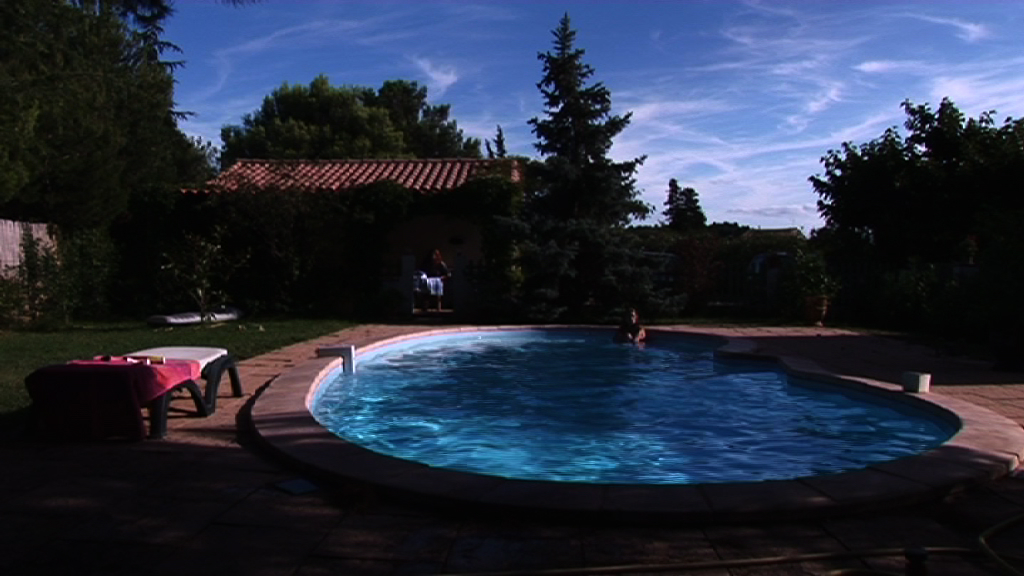
read more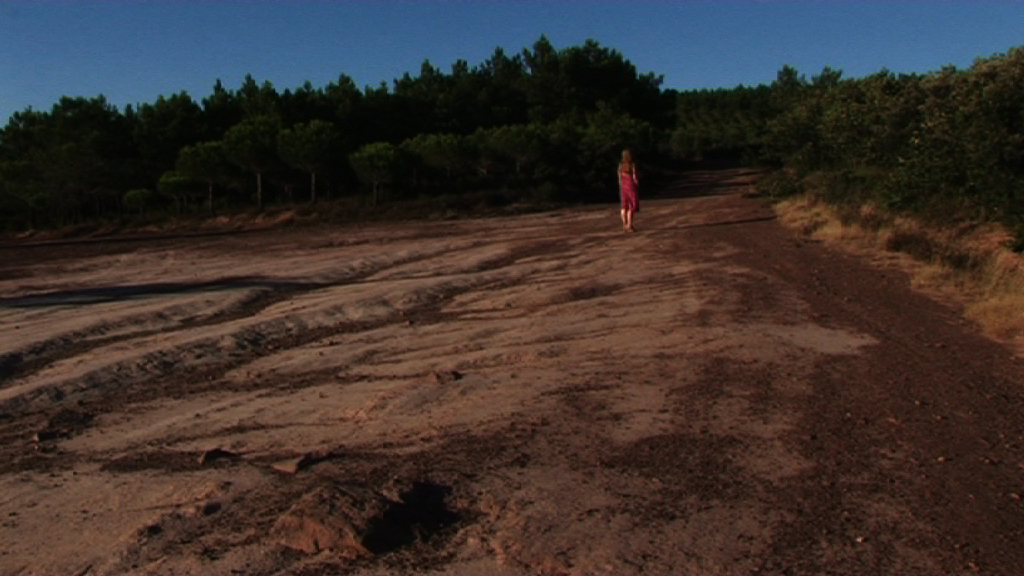
- Abu Haraz73'
Abu HarazProduction: Poland 2013
Simple, contemplative shots show the life of the inhabitants of Abu Haraz – a desert village in North Sudan. For ages people have lived here to the rhythm of the flooding Nile, which irrigate the farmland. Everything will change with the construction of the great dam. The houses of the livin and the cherished ancestral graves, all is to be wiped off the face of the Earth. People from Abu Haraz will inhabit a new place. The TV will play an important role here. One of the inhabitants goes back to the village to once again see the paradise, soon to be lost. The director had been visiting Abu Haraz for seven years, documenting the last moments of the village's existence on film.
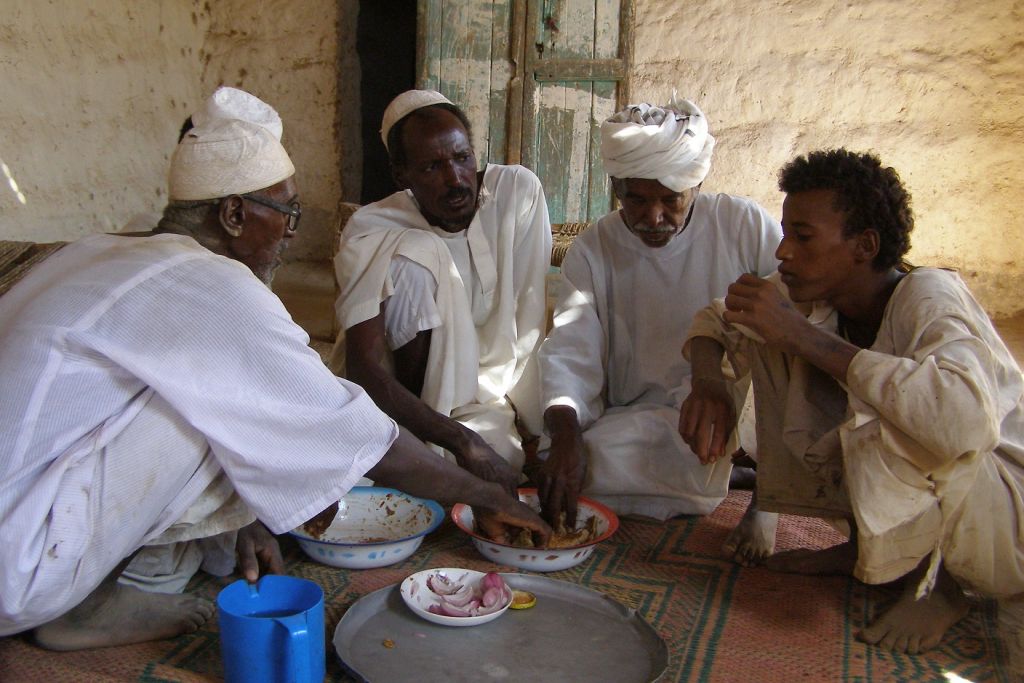
read more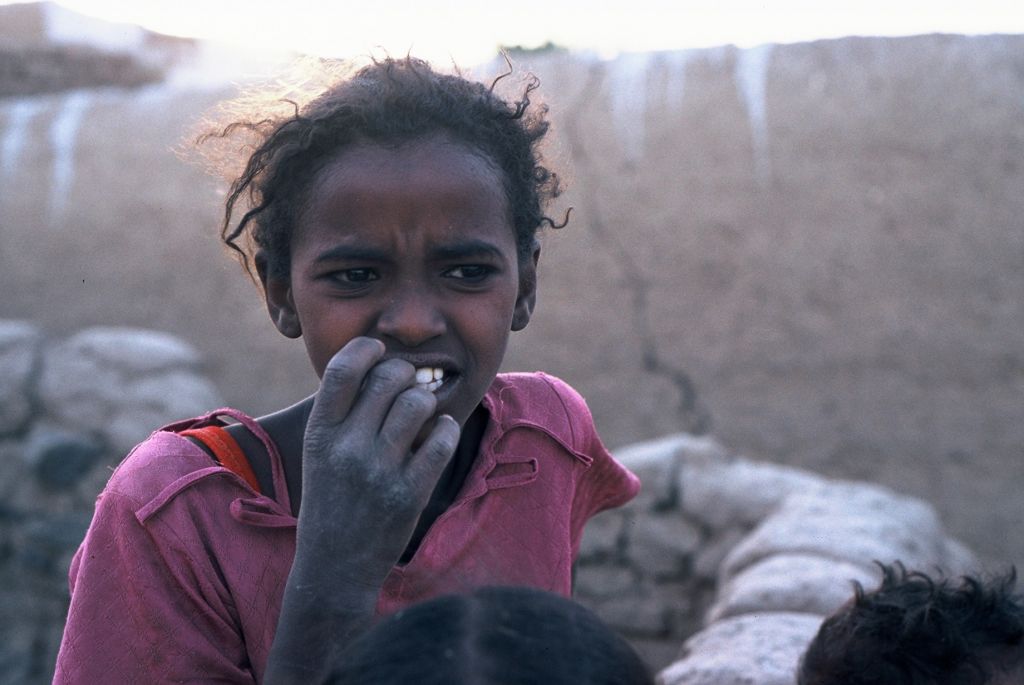
- Adela34'
AdelaProduction: France 2013
Adela is travelling by train with her children. She's telling the story of moving: in the last year they have moved sixteen times. Currently they are living in a neighbourhood of cardboard houses. Their everyday life: preparing food, chastening, riding the bike, dancing outside. Everything is so ordinary, until the police come. That is when you need to take as much as you can carry. Adela isn't cheerful anymore. Her face is strained, she keeps telling the kids to hold hands. Adela and her family are Romanians. They live in France.
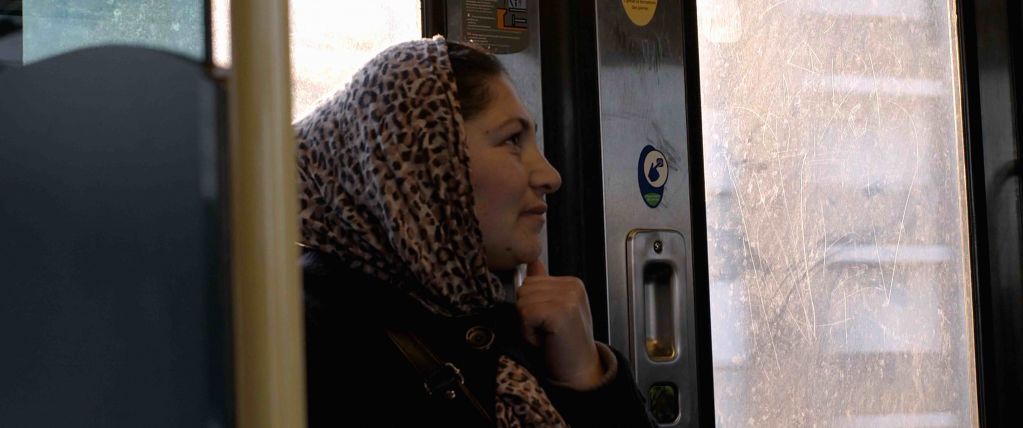
read more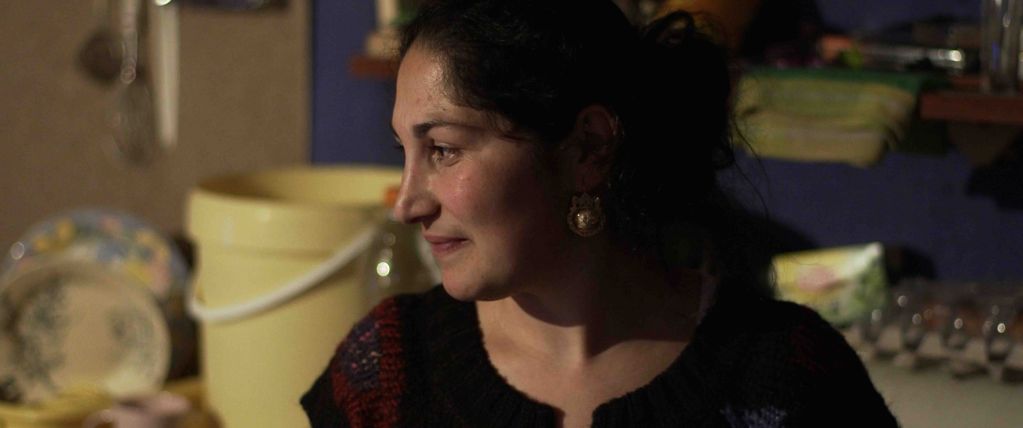
- Arefi, das Hirte8'
Arefi, das Hirte / Arefi, the Sheperd
Production: Iran / Germany 2013Dasht-e Kavir – the Great Salt desert in Iran. There probably are not many places on Earth where survival is as difficult. There is a man living in Dasht-e-Kavir, struggling with its nature and, simultaneously fascinated by its beauty. Mohammad Arefi, a humble shepherd, has had a bond with the desert since his childhood, and through his family's history – for generations. The film's director came across his protagonist while travelling through Iran. This meeting bore fruit to a film portrayal of a man who takes care of his herd of sheep and goats every day, far away from his family – as have the inhabitants of these lands for centuries.
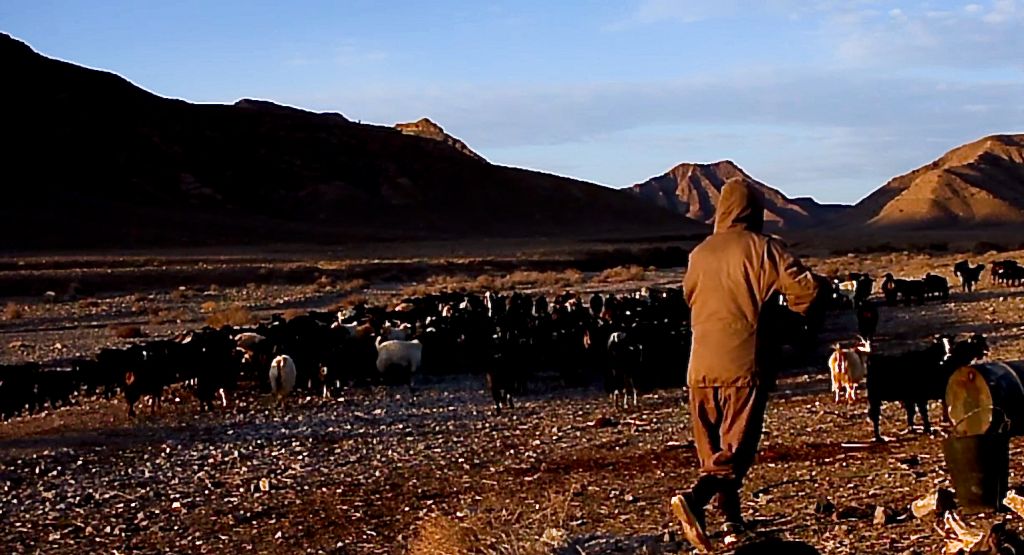
read more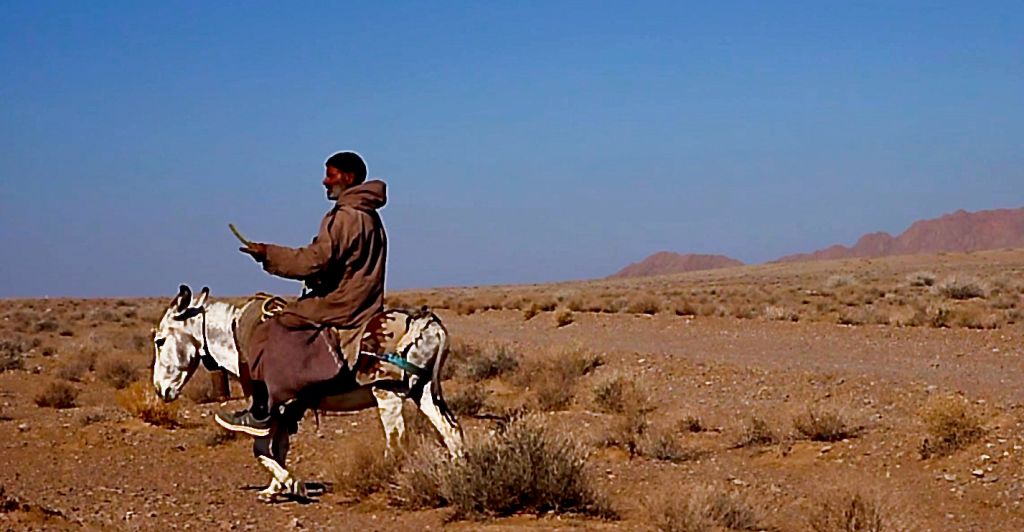
- Boulevard's End15'
Boulevard's End
Production: Germany 2014Los Angeles, Venice Beach. At the very end of Washington Boulevard, where the streets of the city meet the ocean, Venice Pier begins. A simple, raw, concrete pier stands against the storms of the Pacific Ocean. It creates a space of tranquility and equilibrium. Different people come here to stroll, to fish, to clear their minds. The film lets us see them from up close: the wealthy citizens and the immigrants. Their voices take us on a journey through people's stories.
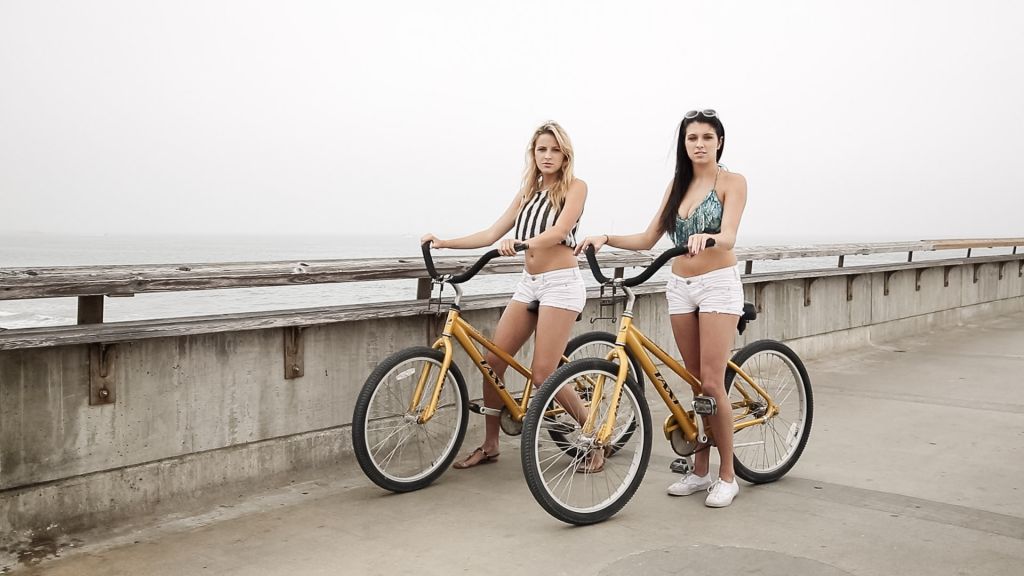
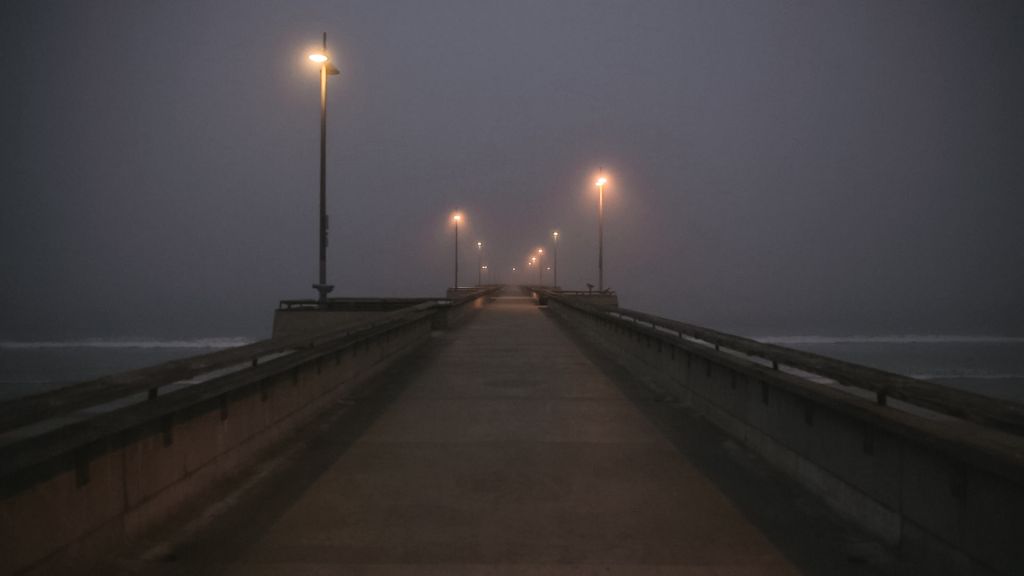
read more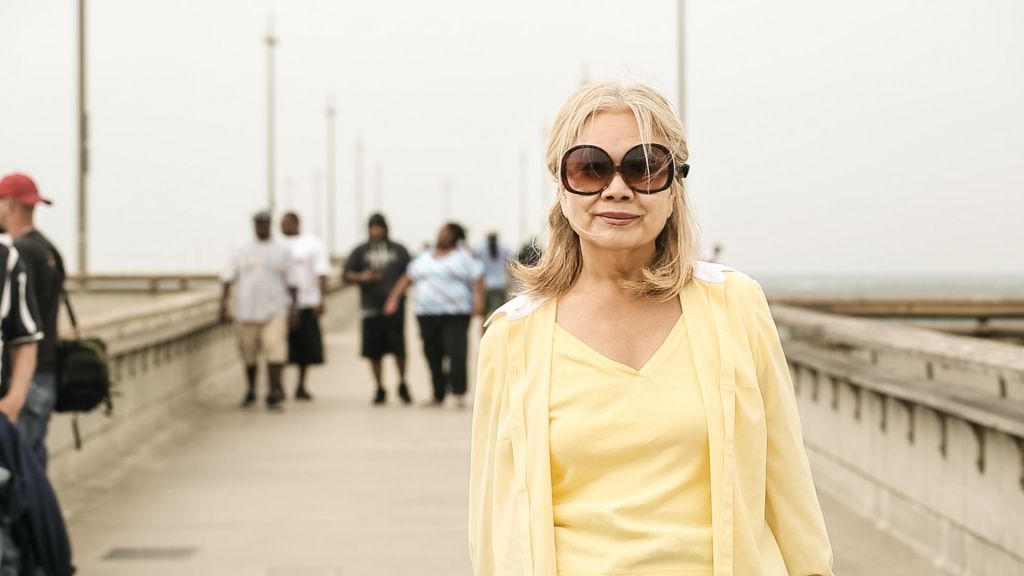
- Cegła15'
Cegła / The BrickProduction: Poland 2013
90 minutes drive away from Yangon - Burma's main city - there is a village in which the whole population’s main activity is dedicated to the manufacture of bricks. These people - men, women, children - are devoting their lives to this demanding task, becoming part of an impressive working chain. The Brick has been created as a part of workshops organized by Lech Walesa Institute in Yangon in September 2013 under supervision of Jan Czarlewski.
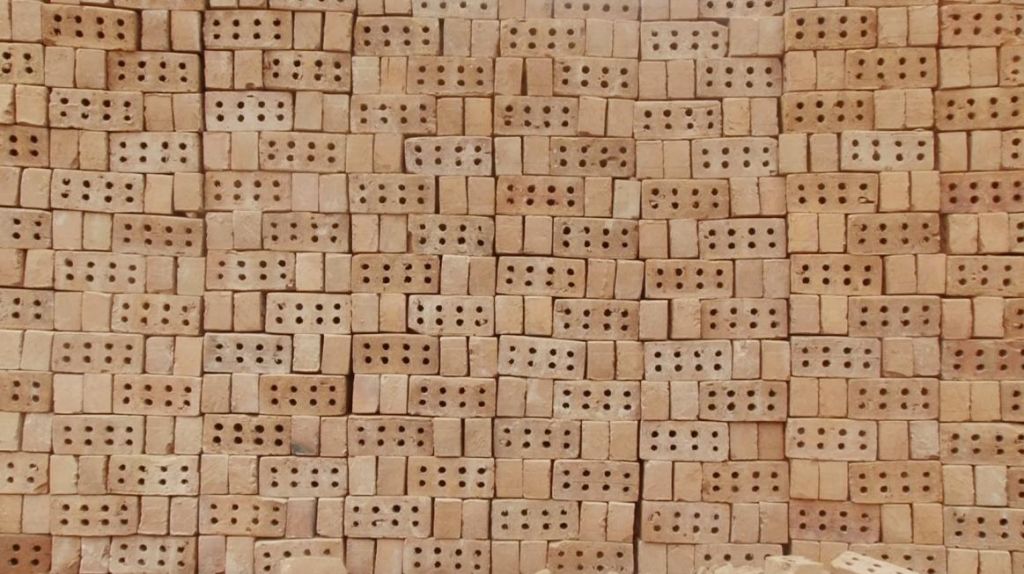
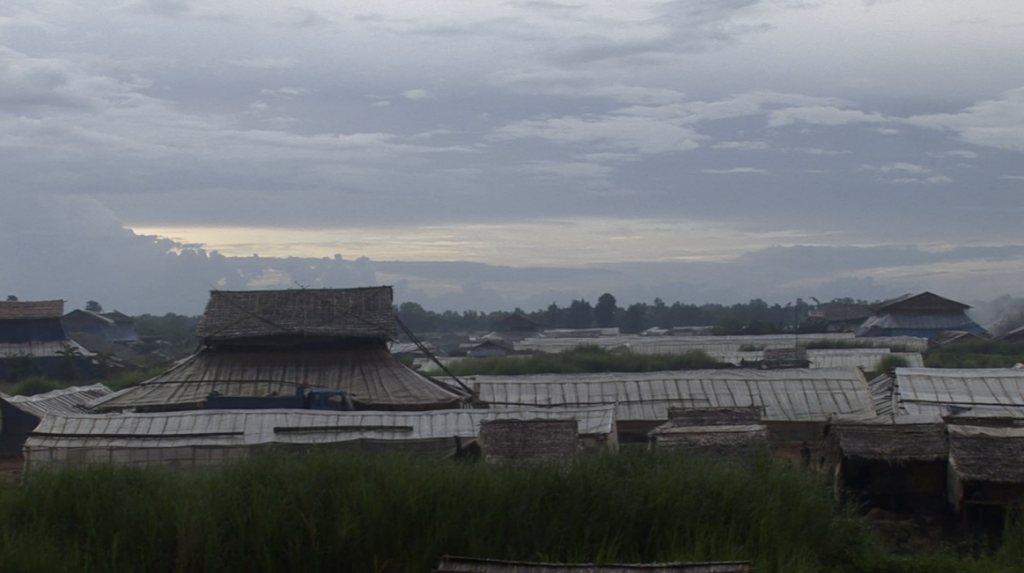
read more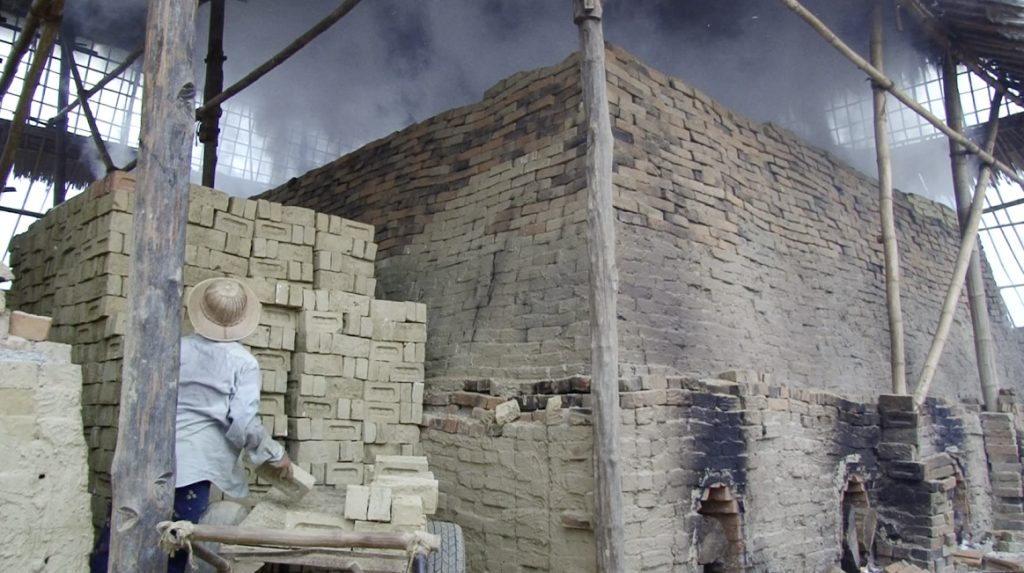
- Children of the Holocaust29'
Children of the Holocaust
Production: UK 2014Combining animation and interviews, the documentary presents the accounts of people who have experienced Nazi crimes at a very young age. In the 1930s and 1940s they were either teenagers or under 10. The fact that they were then living in Europe and were Jews profoundly affected their childhoods and youth. If they were students, they had to end their education. If they had a happy childhood with family and a home, they lost it. A miracle or a foreign country was their chance of survival. Luckily, they survived.
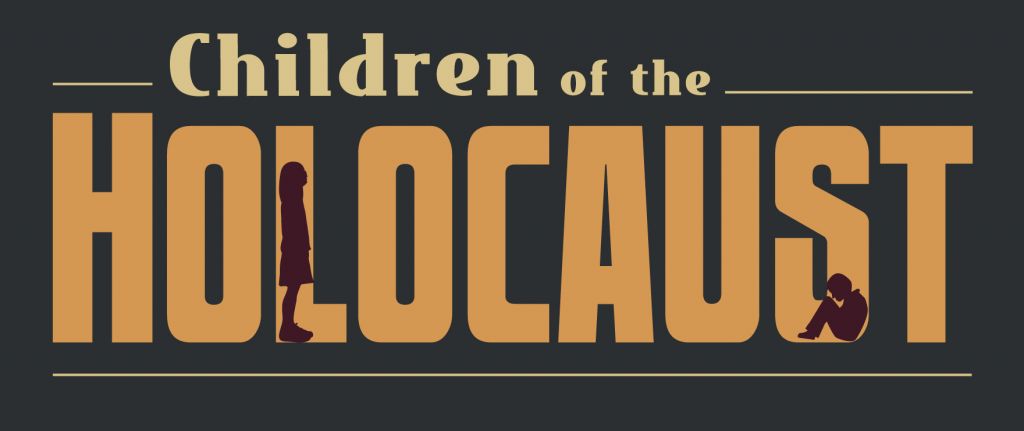
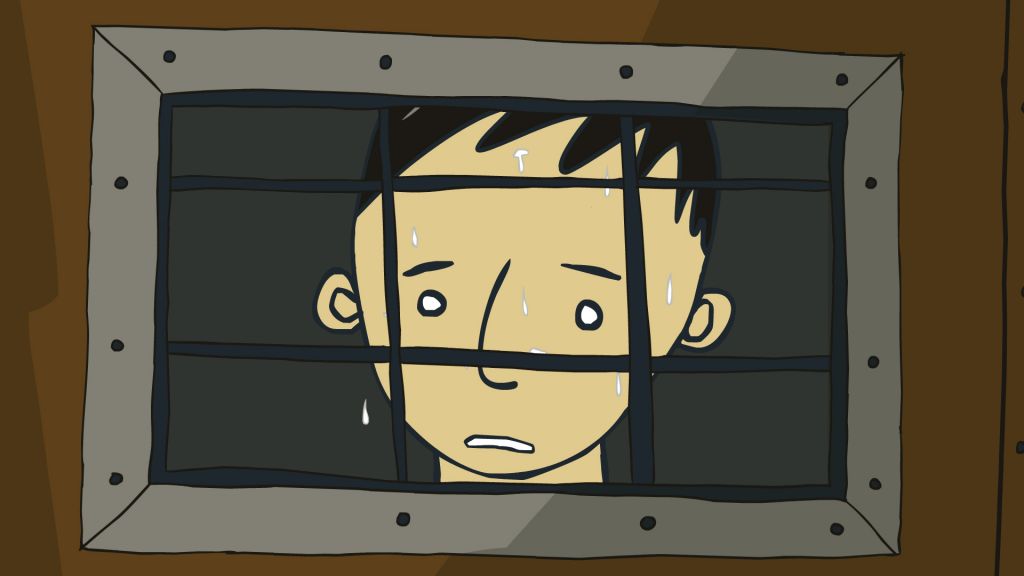
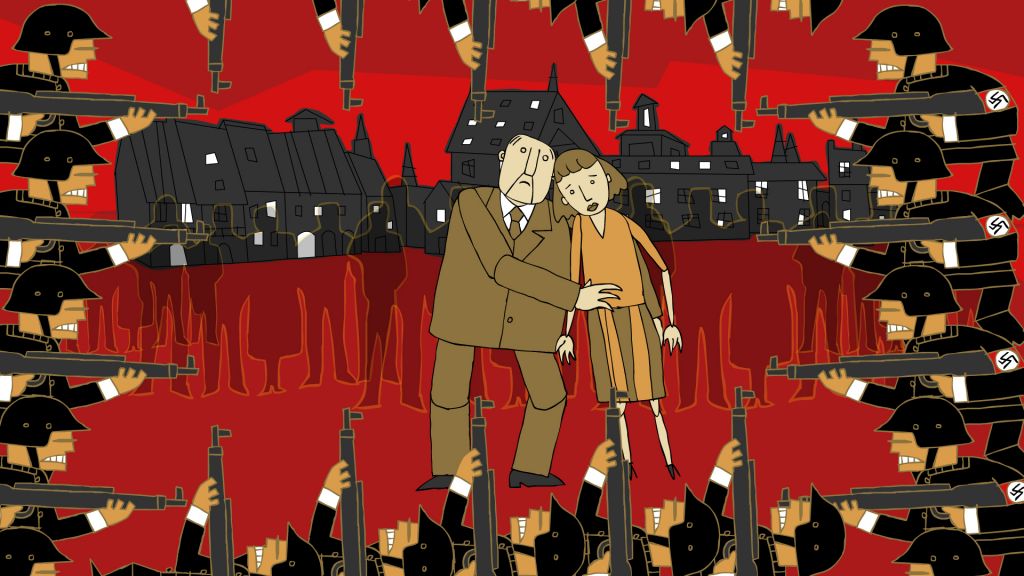
read more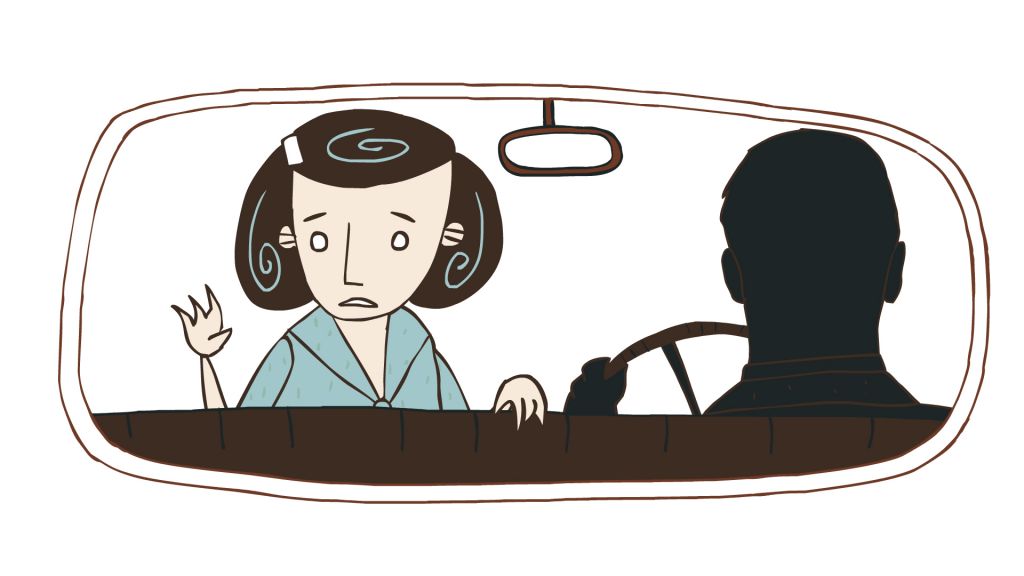
- Czarna Bandera10'
Czarna Bandera / Black Flag
Production: Poland 2014Szczecin. A fragment of a transportation artery, an unfinished ramp for pedestrians. The construction came to a halt mid-process, not allowing for the flow of people and energy. This resulted in the construction becoming independent of the main overpass. The excluded space became shelter for excluded people. The homeless have adapted the construction; now, with Artur Rozen, they are “rejuvenating” the site. They are marking it with black, the symbol for eclipse. Black is not considered a colour but rather the the lack of it, the colour of emptiness. The line of narration speaks of the life of pirates of the 18th century, which was full of freedom but also exclusion. Despite the passing of time, certain aspects of life seem to overlap with the conditions in which modern “street folk” end up living. These similarities remind of the struggle that the homeless face everyday.


read more
- Echoes Course27'
Echoes Course
Production: Poland 2014A contemplative documentary and part of the Commonheavens project, which – in the authors' words – talks “about life in the inlands, about being there, silence and the place without name”. The film opens with a foggy shot, from which a quote emerges. The shot changes: the next one is crisp, colourful. It disappears in the emptiness, and another appears. It is a world beyond time. This filmic meditation closes and opens with the quote: “For whom emptiness is possible, for those everything is possible. For whom emptiness is not possible, for those everything is not possible.”
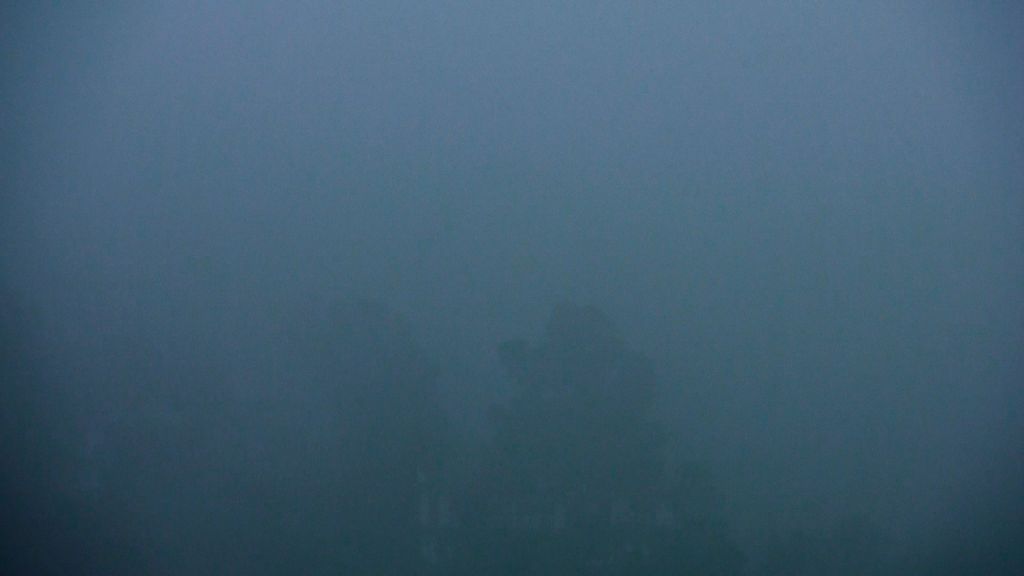
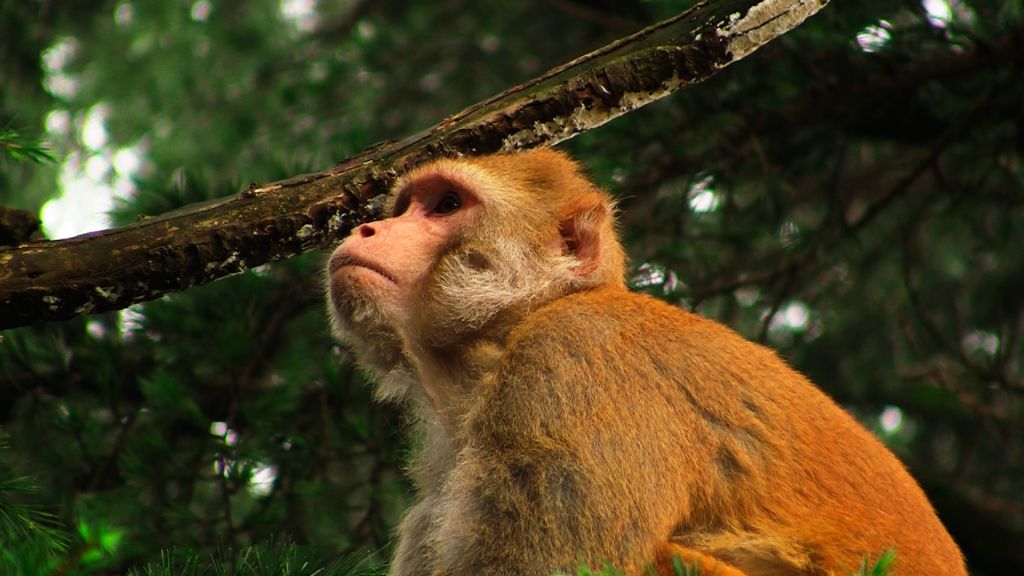
read more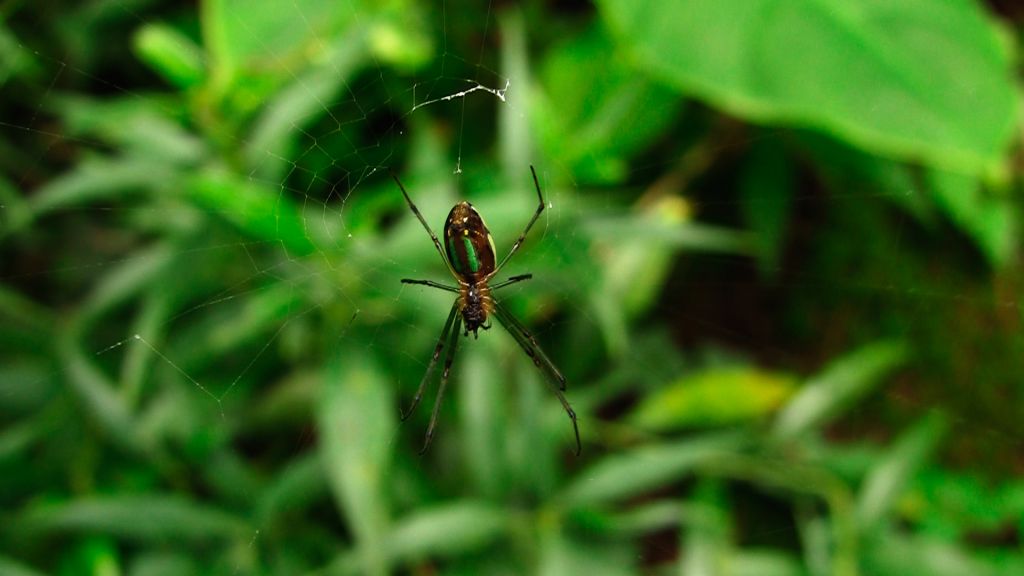
- Enrichment11'
EnrichmentProduction: Poland 2014The term enrichment denotes activities that aim to provide captive animals with the stimuli necessary for correct psychophysical development. As one zoo staff member in the films says: “So that they don't succumb to routine.” The most popular methods of enrichment include diversification of the feeding process (i.e. making it more difficult – so that the food does not jump directly into the animals' throats), training, playing music and sounds of nature, and even film screenings. The film features staff members of the ZOO in Wrocław, the city's inhabitants, and visitors.
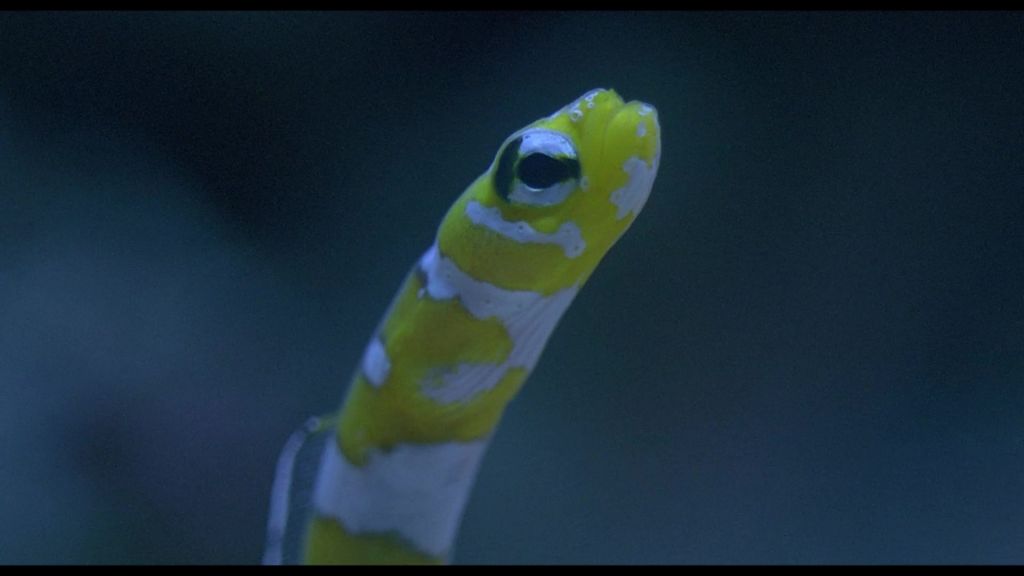
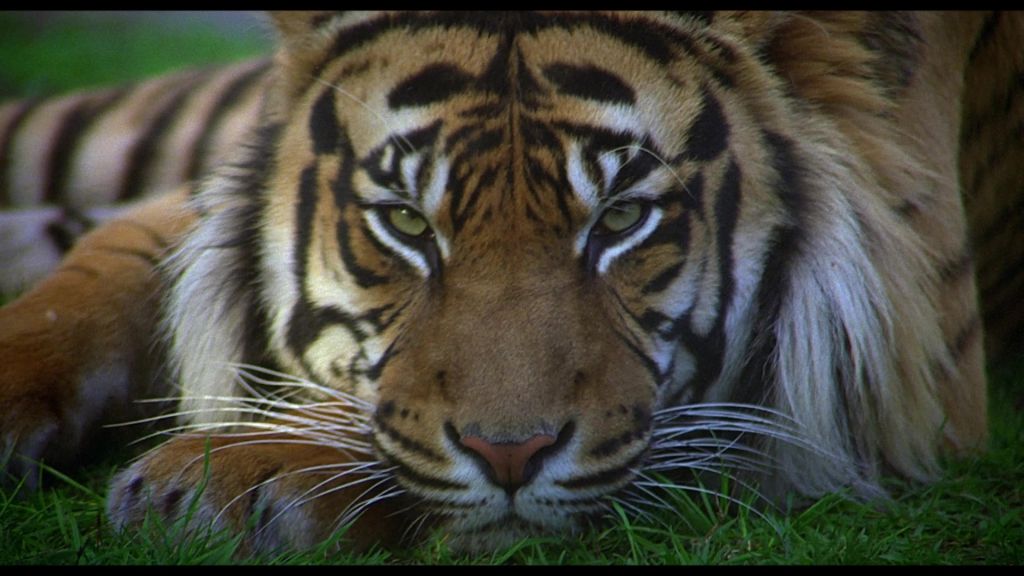
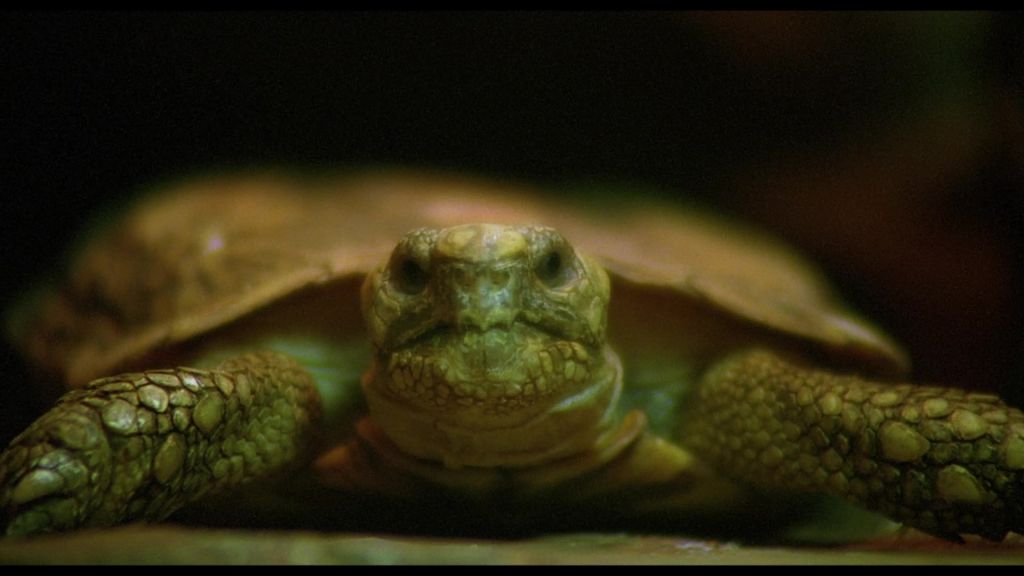 read more
read more - Există gânduri21'
Există gânduri / And There Are Thoughts
Production: Romania 2013An old house in a Romanian village, simple farm buildings. They have probably been here for many years. Time that froze in place. The owner bustles slowly about the homestead. It's Maria, who lives alone but does not let solitude transform into sadness. The camera accompanies her in everyday activities, words, songs. Maria is old and wise. She neglects nothing that she can still take care of in her life.
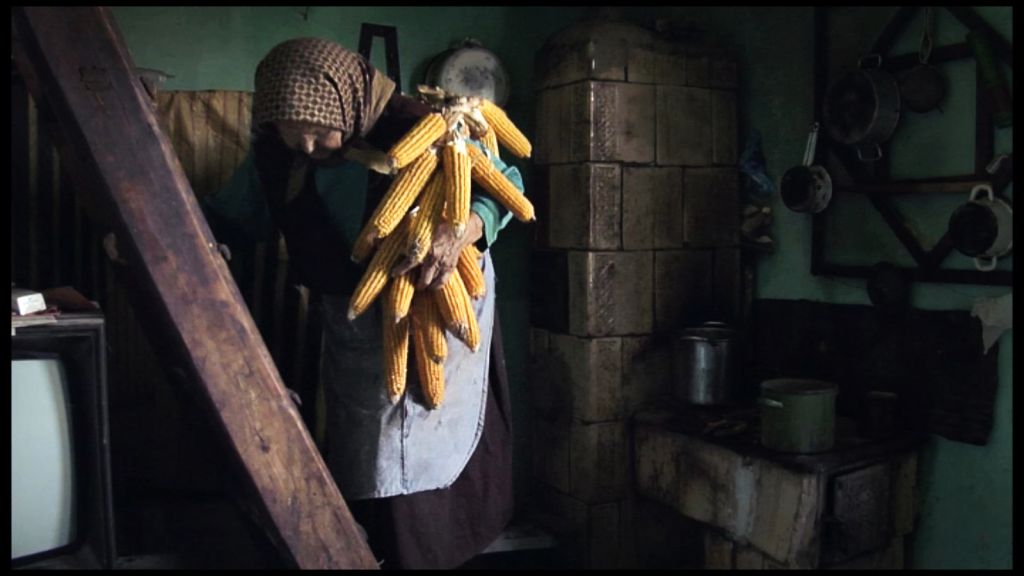
read more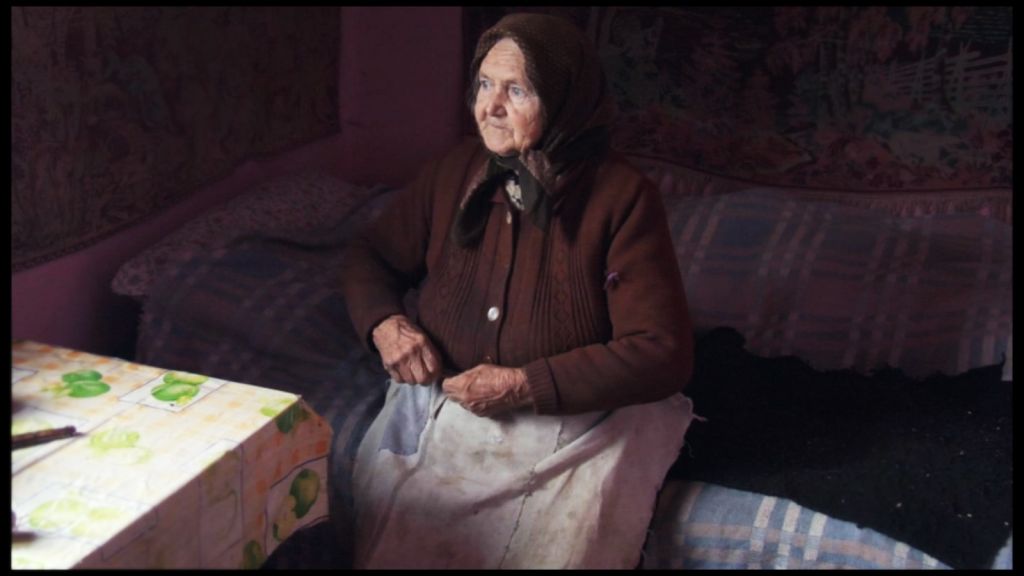
- Exvotos16'
Exvotos
Production: Spain 2014Exvotos chases an intimate approximation to the popular devotion, reflecting on the paradox of the search of security through objects. Fluctuating between sacred and profane spaces as the museum, the church or the cemetery (sometimes generating confusion among them) the film-essay generates reflections on the image and its potential focusing on the votive offerings.
read more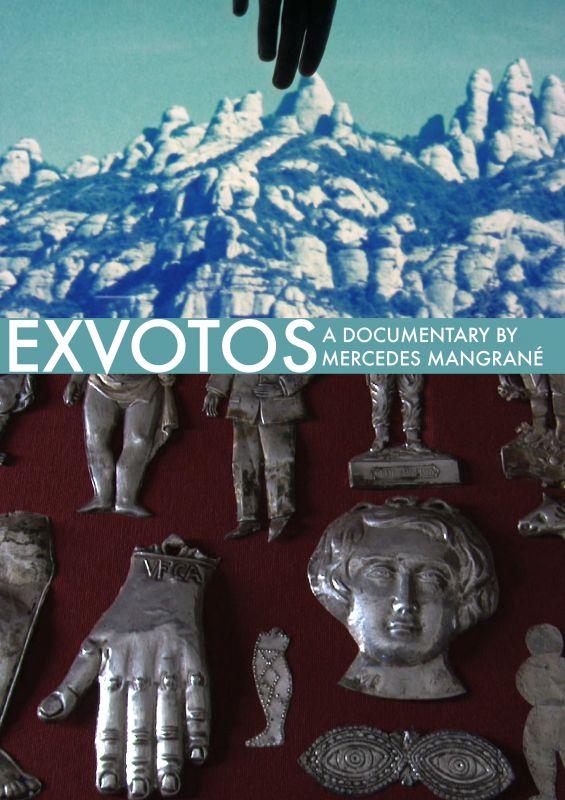
- Forget9'
Forget
Production: Portugal 2013In Brazil, which from 1964-85 was governed by one military dictatorship after another, members of radical student movements were imprisoned and tortured. The opponents of the regimes had their teeth broken, fingers cut off, were electrocuted. One of the torture victims is Brazil’s current president, Dilma Rousseff. Most people who experienced the persecution can not get rid of the traumatic memories. This short documentary, made with the use of black and white photos, shows the suffering, despair, and nightmares of its animated protagonist, one of many. Despair, suffering, and nightmares define her life. We see her outdoors and in the house, where she lives with her loneliness and her only companion, a dog she named Lamarca.
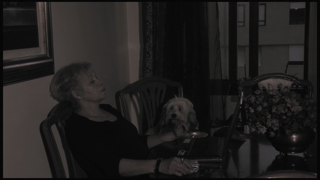

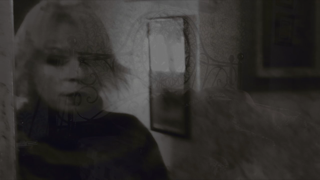
read more - FUROR17'
FUROR
Production: Belgium 2013A young man is sitting in the woods. He is alone. He talks about fights. About how the forest carries the sound of PK machine guns. About “rolling” with gun in hand, because you can't just stand up and run without being a moving target for your enemies. About holy Mary Jane, dearest mary jane. He role-plays rolling, shooting, smoking weed. The boy is in a trance-like state, western man might say: like in a computer game. The boy is Serge, a young actor with the past of a child-soldier – one of over 117 thousand in the Democratic Republic of the Congo. Somewhere in a Belgian forest Serge gives accounts, role-plays, and revives his past for the benefit of passive receivers.
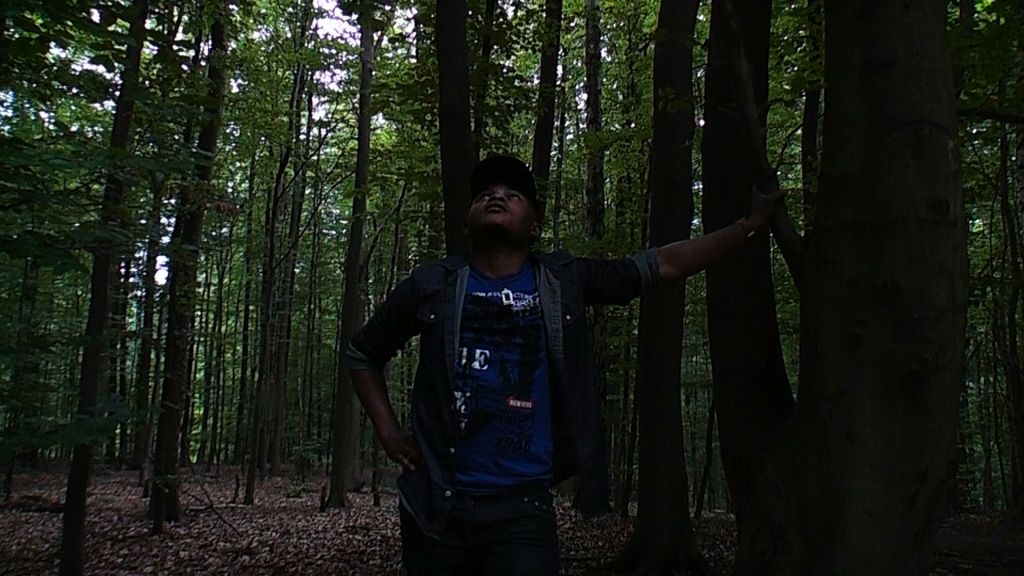
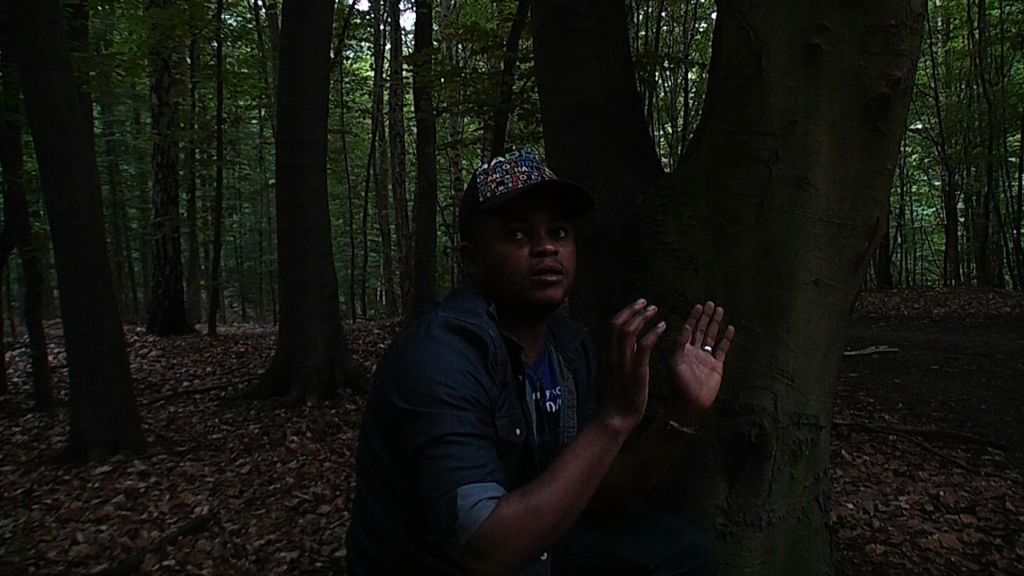

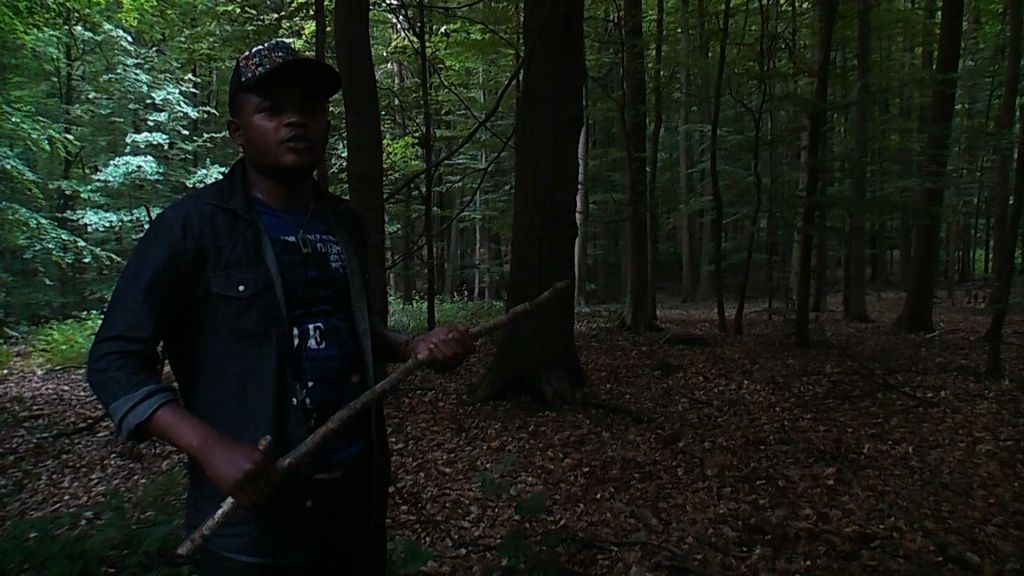
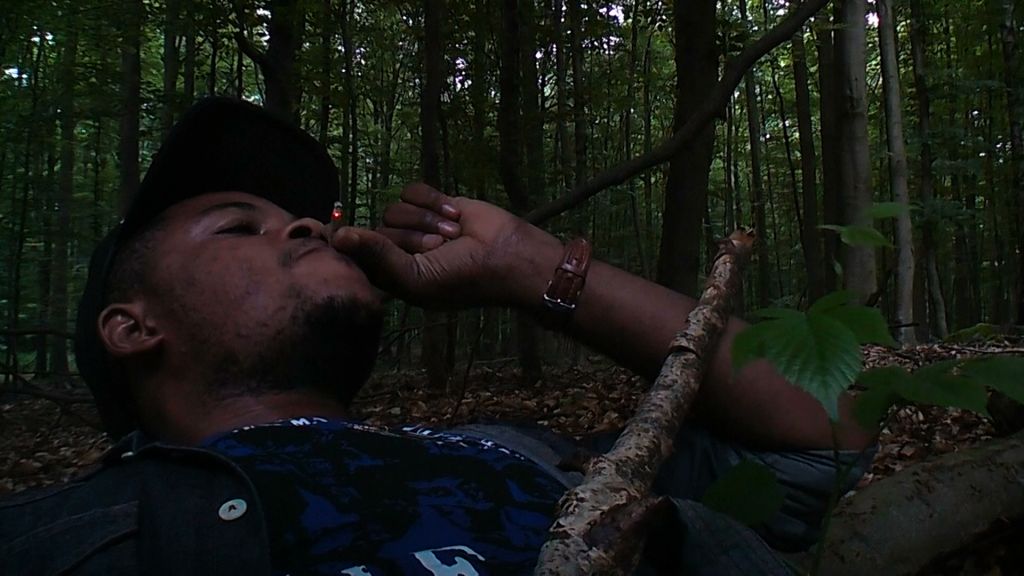
read more - Gli immacolati13'
Gli immacolati / The immaculates
Production: Italy, 2013One day in a certain quiet town, where everyone knows everybody, a certain young man returned home – as he would every night. He parked his car. He saw his sister outside the house and understood that something bad had happened. The sixteen-year-old said she had been brutally raped by two young Romanies. The brother tried to find the perpetrators, but they vanished into thin air. The neighbours organised a solidarity march with the raped girl. As many as four hundred people came. The participants made their way towards the ruined farm, where local Romanis lived. The teenage girl is at the police station. Questioned, she suddenly says something completely different than what she had confessed to her brother. Events snowball. The documentary was produced with the use of 3D animation.
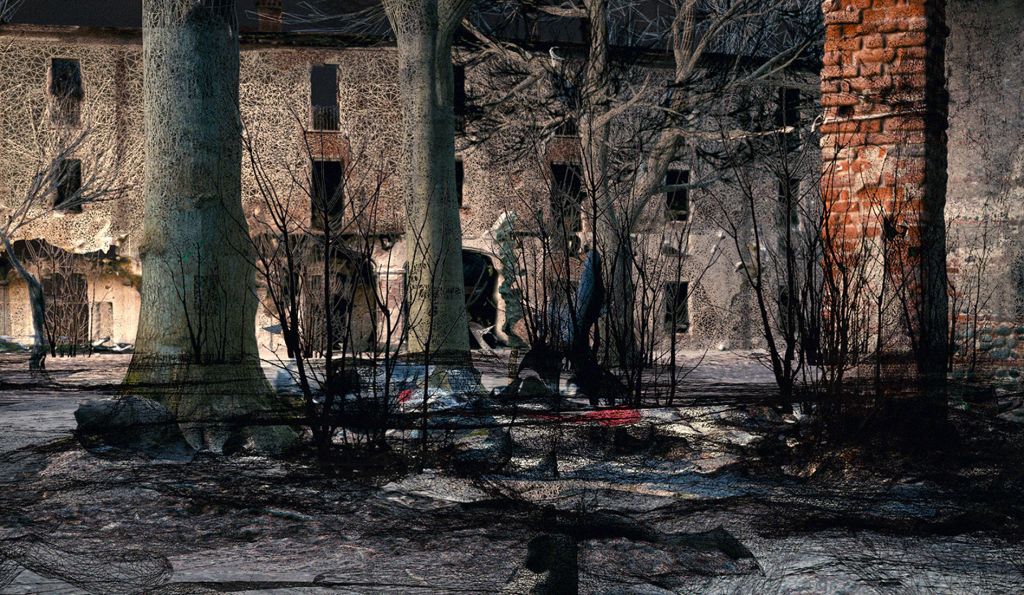
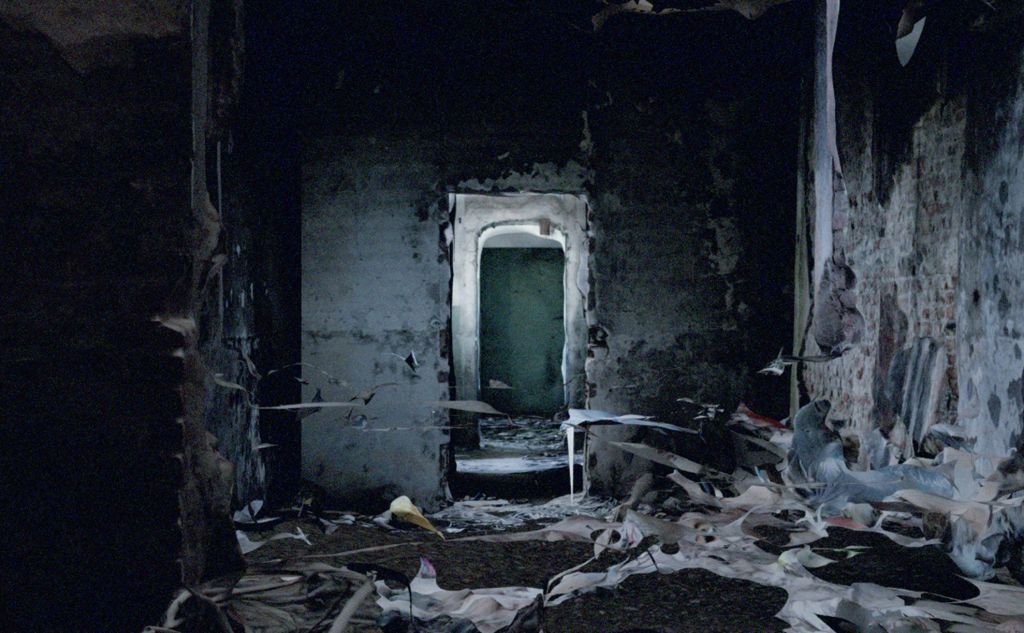
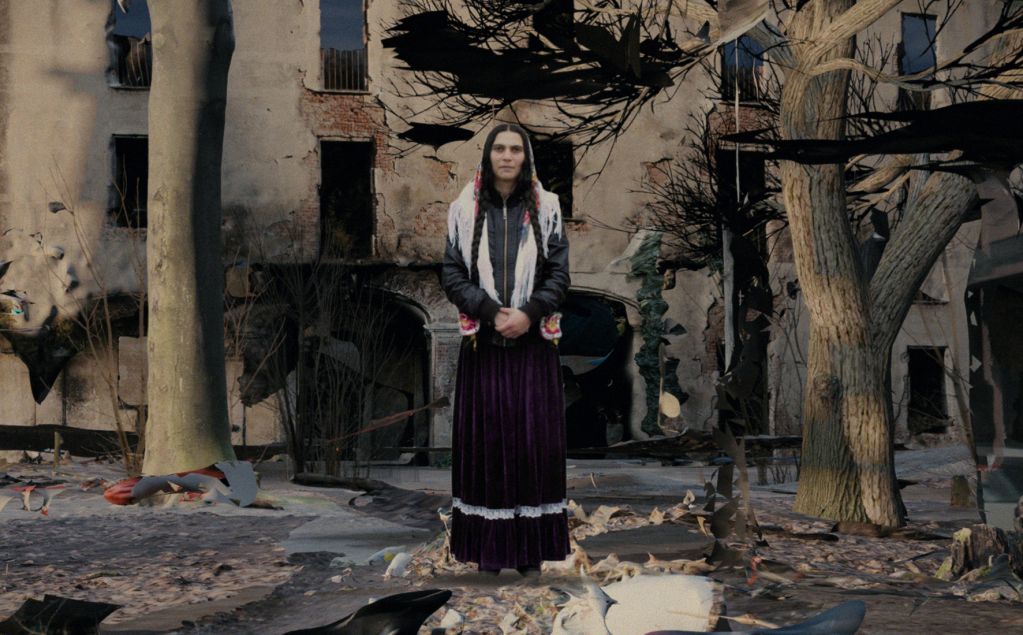
read more - Hybris6'
Hybris
Prodction: Holland 2014“What would you do in your eternal life?” – this question was asked to a scientist during a 1960s talk-show. The person asking referred to the Bible, the scholar – as scholars do – preferred a more scientific or discursive style, because in fact... In this matter nothing can be a fact – then, and today. This conviction is consolidated by speculations on the scientist's real reflections, made in 3D.

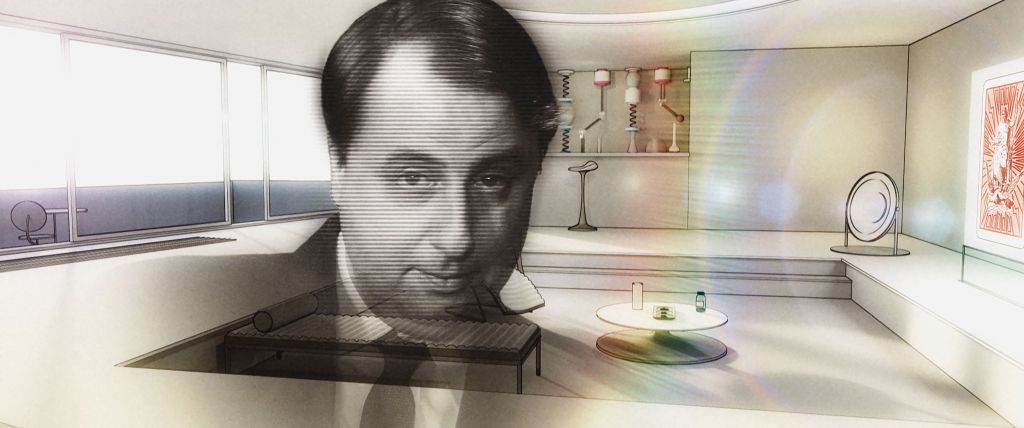
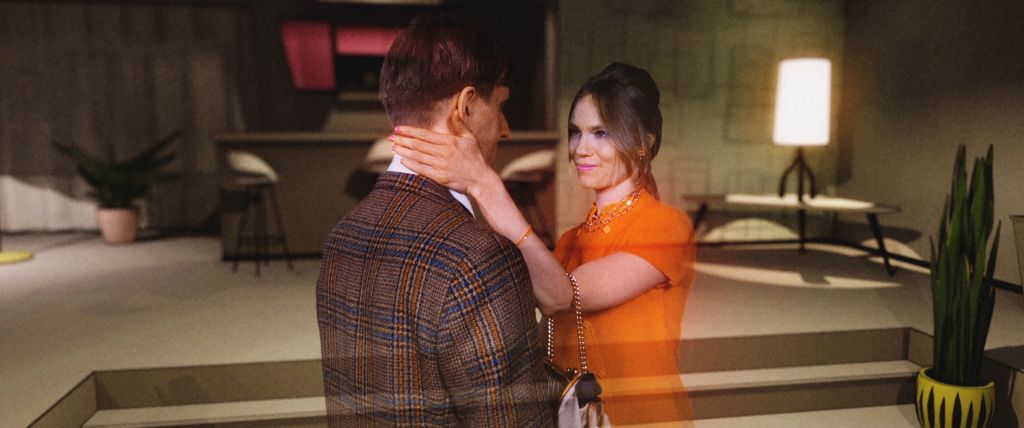
read more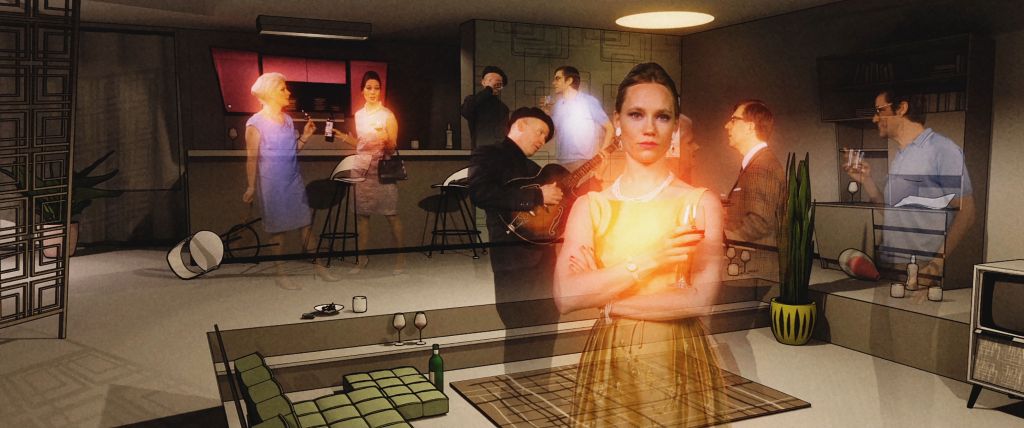
- I'll call you when I get there20'
I'll call you when I get there
Production: Poland / Netherlands 2013 / 2014A young artist receives an invitation from a small Dutch gallery called Upominki. She travels to Rotterdam by train. She gets calls constantly: from her worried (soon to be terrified) mother, from her calm grandma, and from a professionally untrusting but cool-headed policeman. What can/could happen before the destination is reached, and beyond? A thorough analysis of the media's influence on our lives, produced with the help of some of these media.
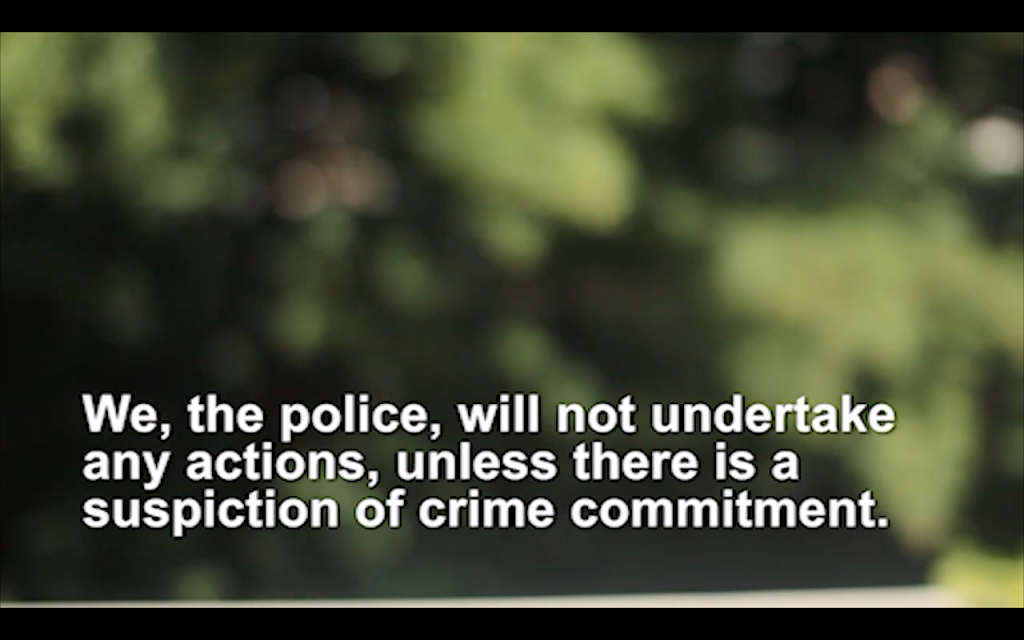
read more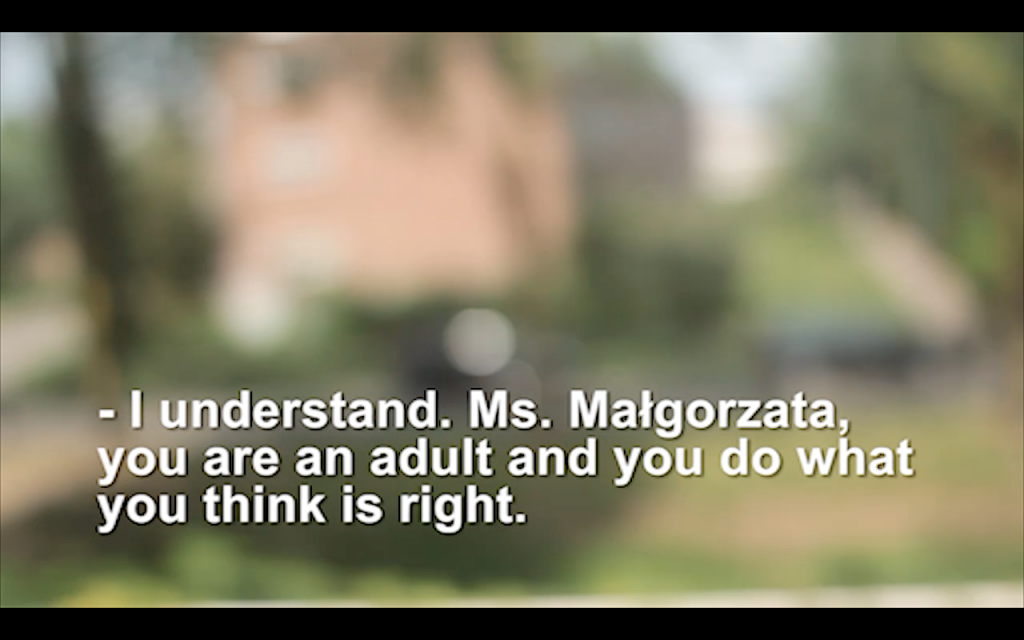
- Kiedy będę ptakiem28'
Kiedy będę ptakiem / When I am a bird
Production: Poland 2013MuLa lives in a Thai village by the Burmese border. She is from the Kajan people and her neck is adorned with characteristic gold neck rings. Her life has not been easy as she had to leave her native Burma and seek refuge in Thailand while her only daughter stayed home. MuLa makes her living selling souvenirs to tourists but the family’s financial situation is very difficult. Monika Pawluczuk’s documentary captures the woman’s struggle with her depressing fate and her unquenchable longing for a better life.
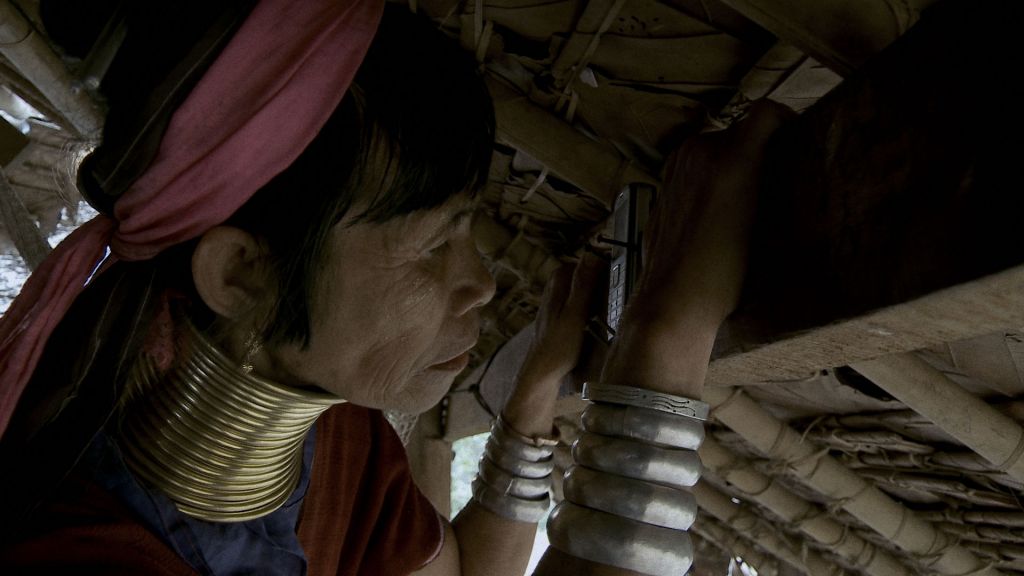
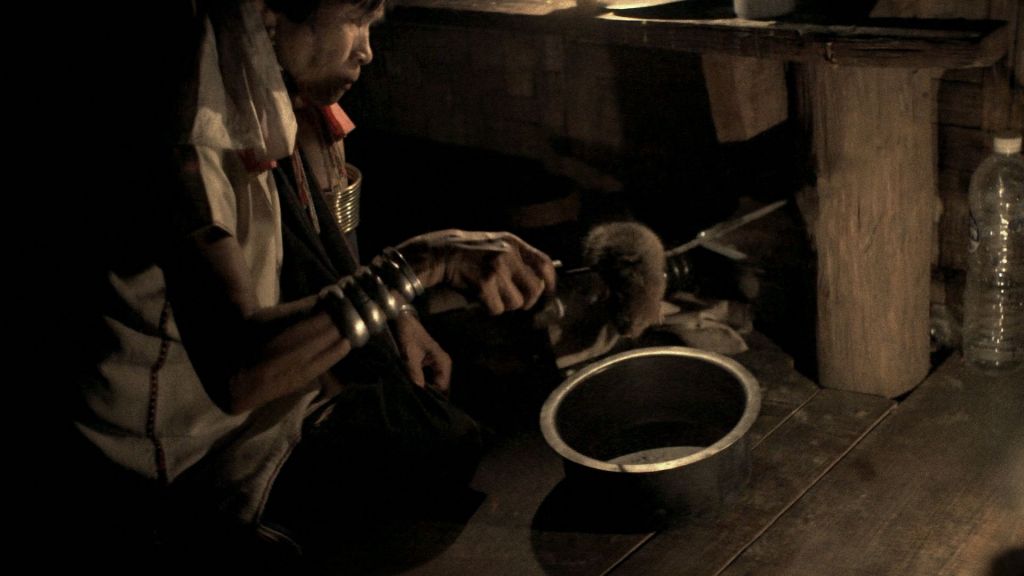
read more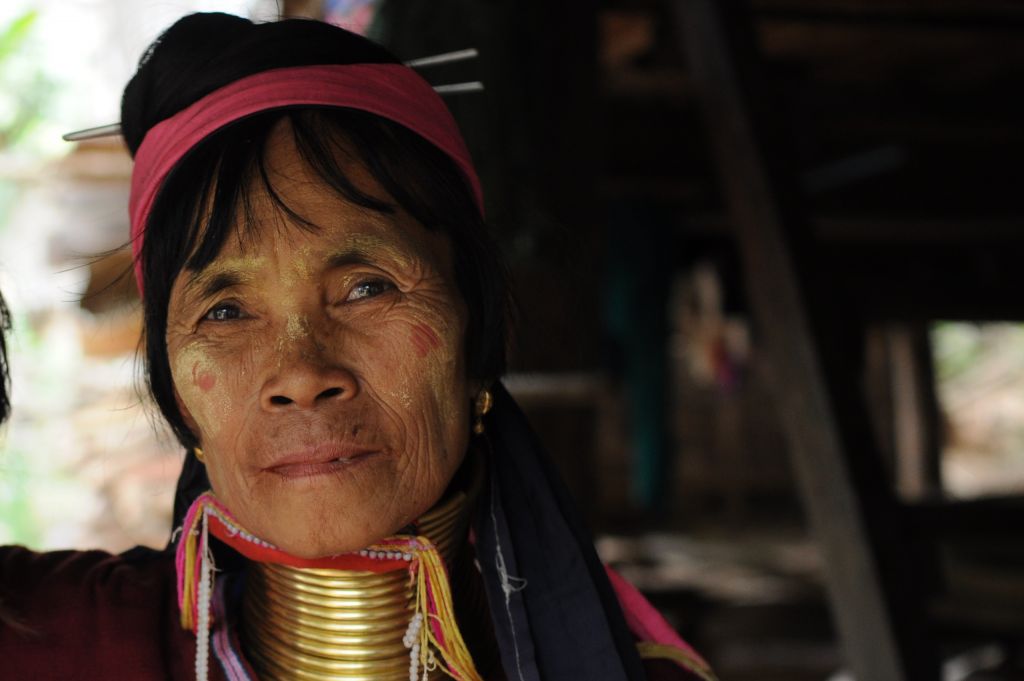
- Kingdom Come: Rituals7'
Kingdom Come: RitualsProduction: Germany 2014
The view we get is one of non-participation, an inaccessible anomaly to any form of definition which is the precise perspective the artists want to experiment with when looking at the space and surroundings of what signifies the German political centre, at political geography and urban landscapes of power. KINGDOM COME was initiated by the artists’ discovery of pigeon photography: a method used mainly during World War I in the field of what would nowadays be called ‘unmanned reconnaissance’.
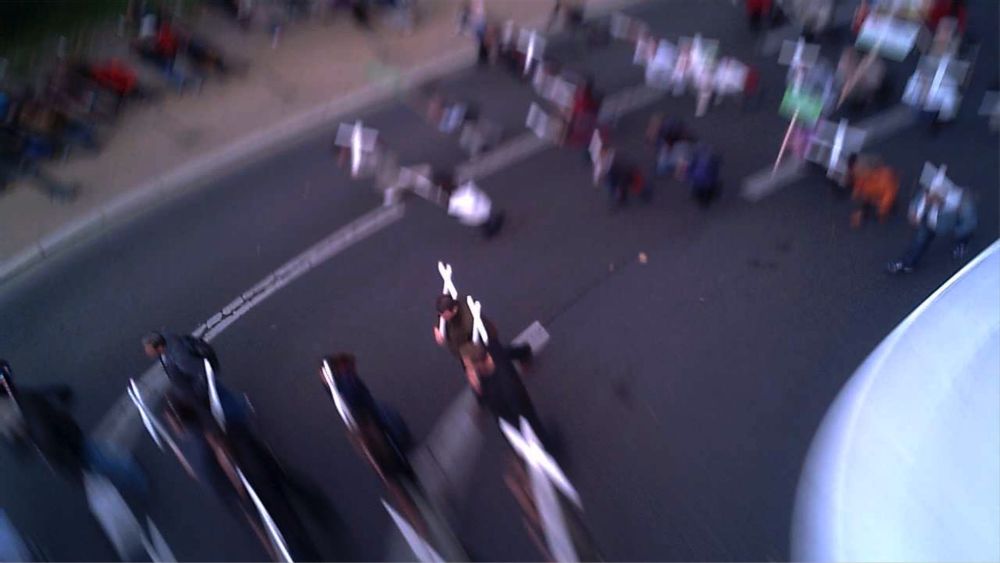
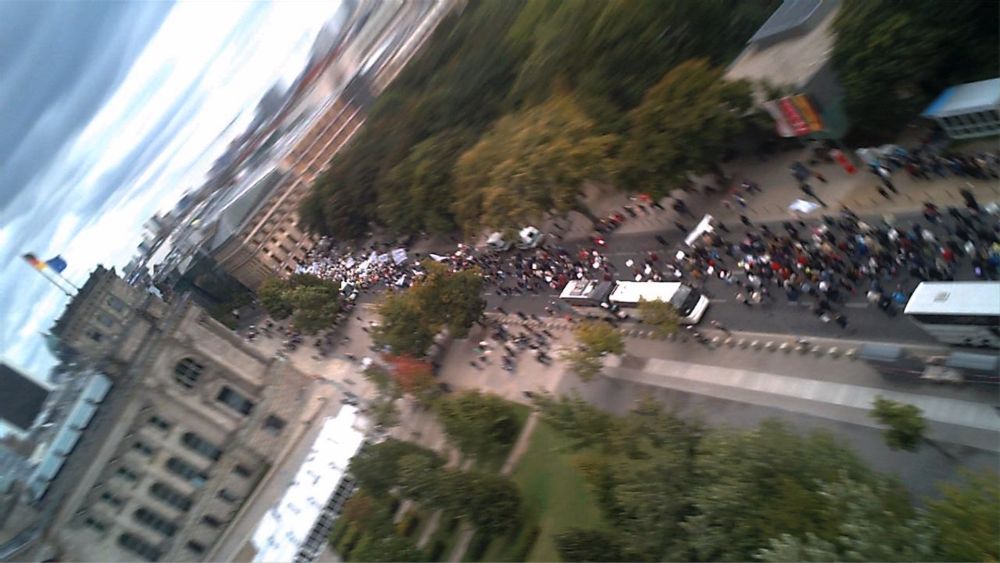
read more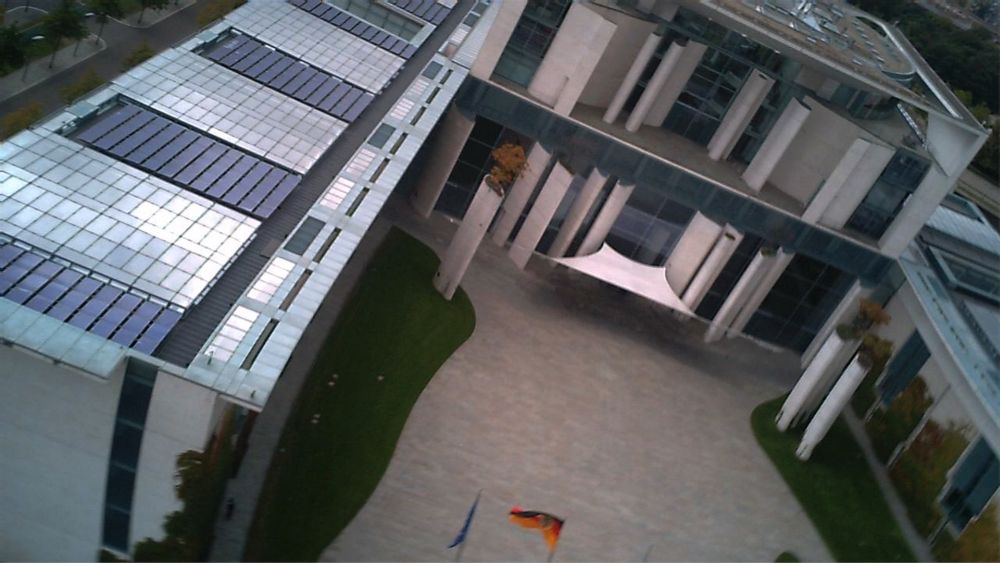
- La Fièvre40'
La Fièvre / A Spell of Fever
Production France 2014A feverish night in Morocco, year 2011. A child feels the presence of a spirit: it is a woman who came from the sea, returned after a long exile. The cause of her exile was political. This film is a quiet tale: a bodiless voice and visions entangle in the darkness of the night and the fever. The child of contemporary times and the political refugee come back home, they become one, they roam through strange, abandoned buildings, in search of a lost home and childhood. A voice of a man returns from the past to protect the woman and revive her lost memories. The history of decolonisation, a forgotten fight, appear and disappear in feverish hallucinations. And then a new fight, the Arab Spring in Morocco, floods the future.
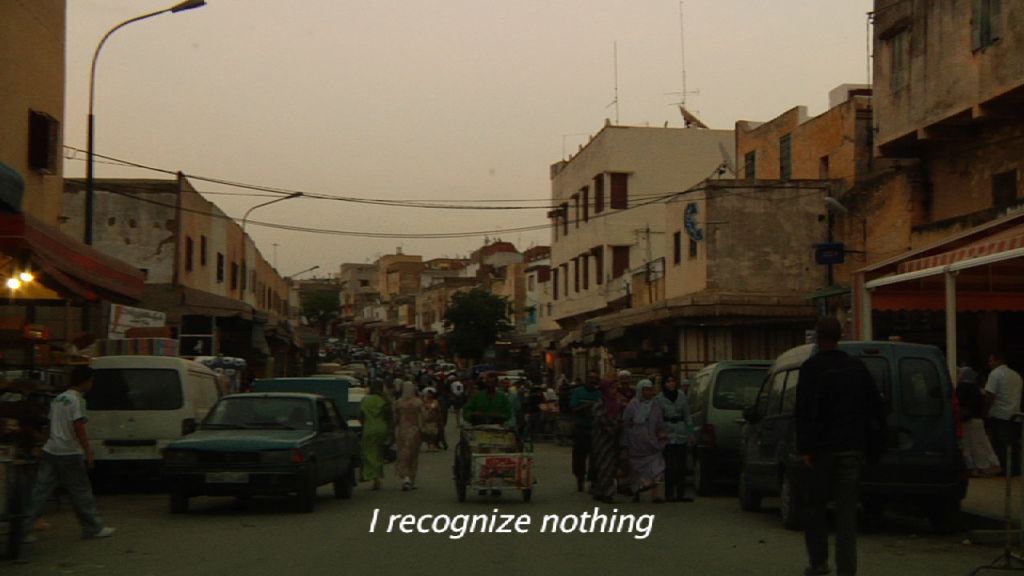
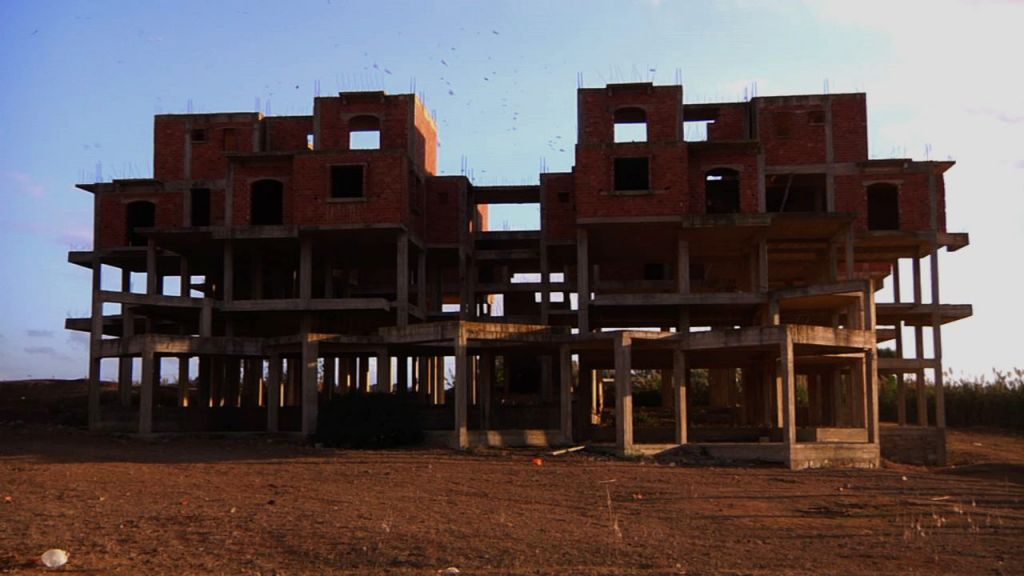
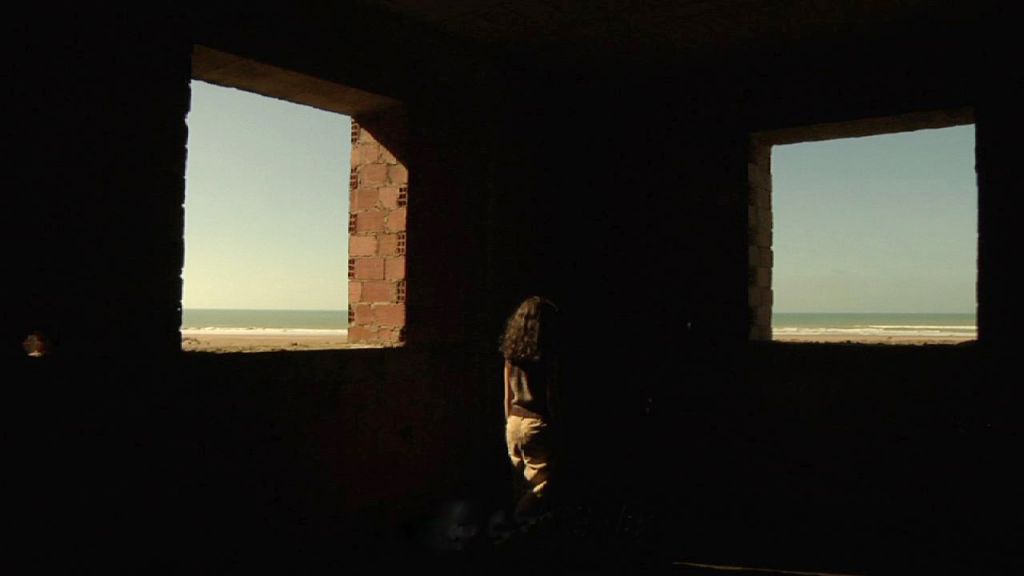
read more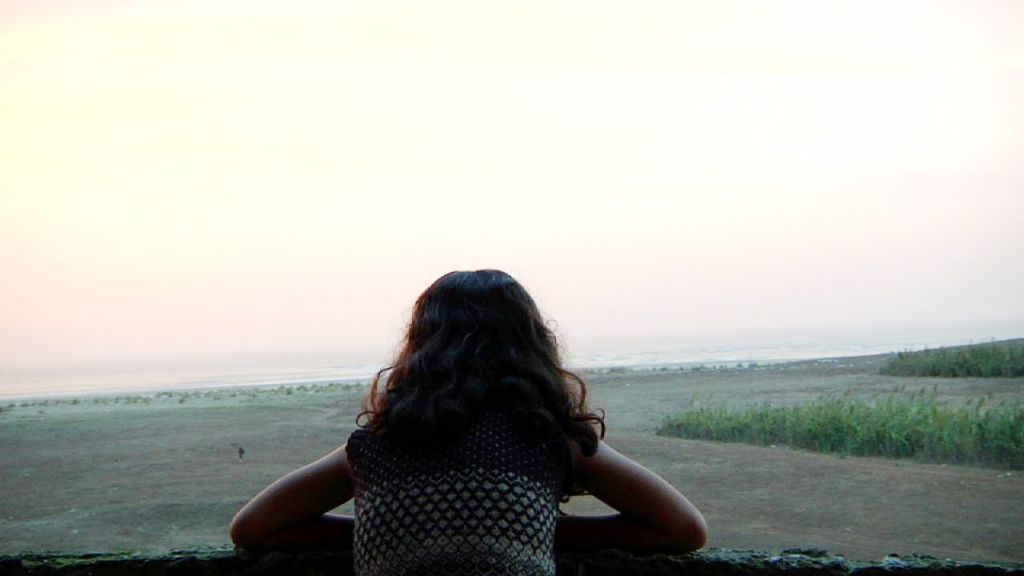
- Matter of State3'
Matter of State
Production: Poland / Germany 2014An experimental short focusing on the changing environment that we inhabit: from nature's bosom to a world of technology. A split screen, replicating the portrayal of the same person in a woodland and an urban environment; it tests our perception by showing what became paradoxically natural for the Western man: the rejection of Nature, and unrestrained faith in technology. This rejection is probably irreversible.
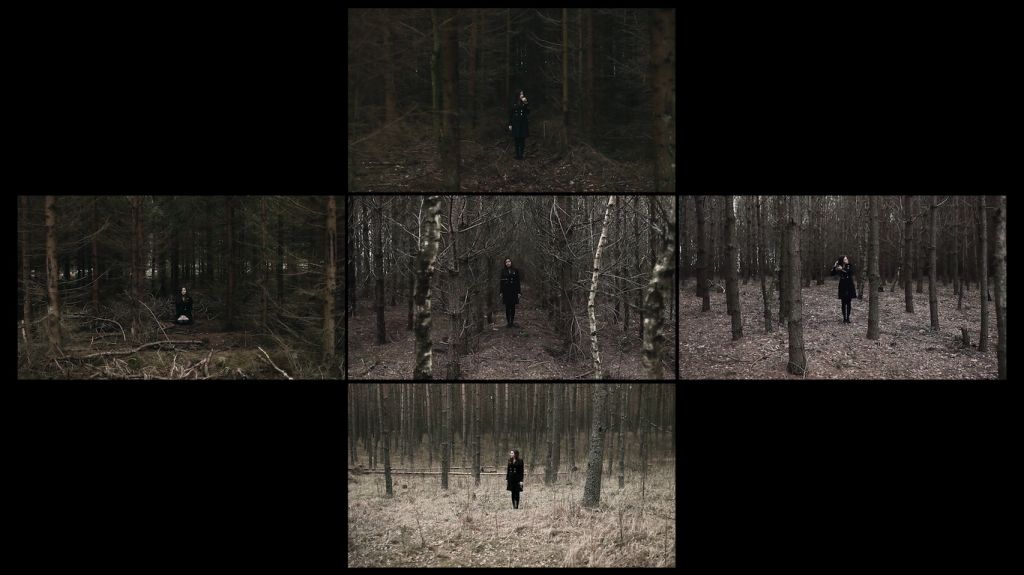
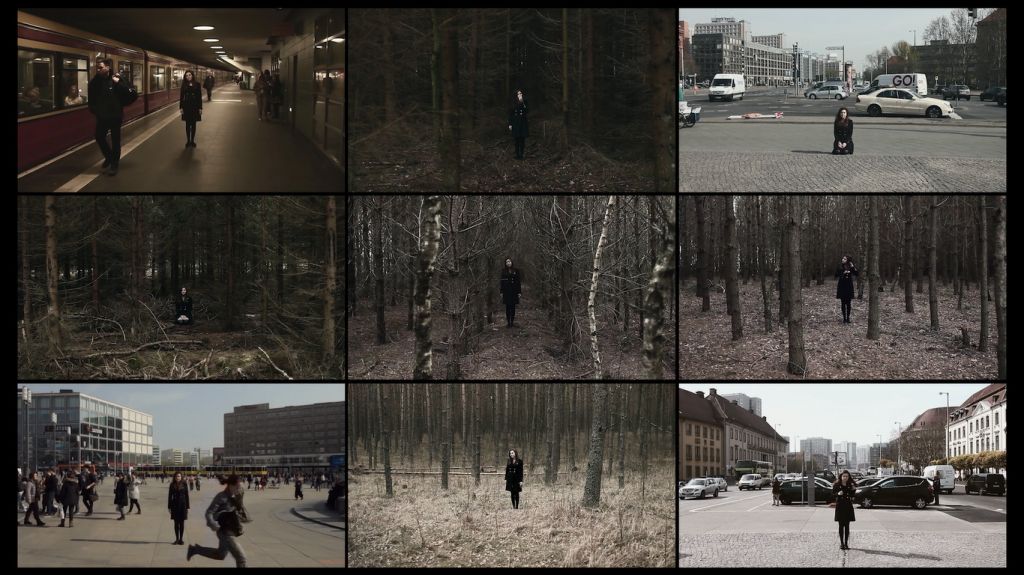
read more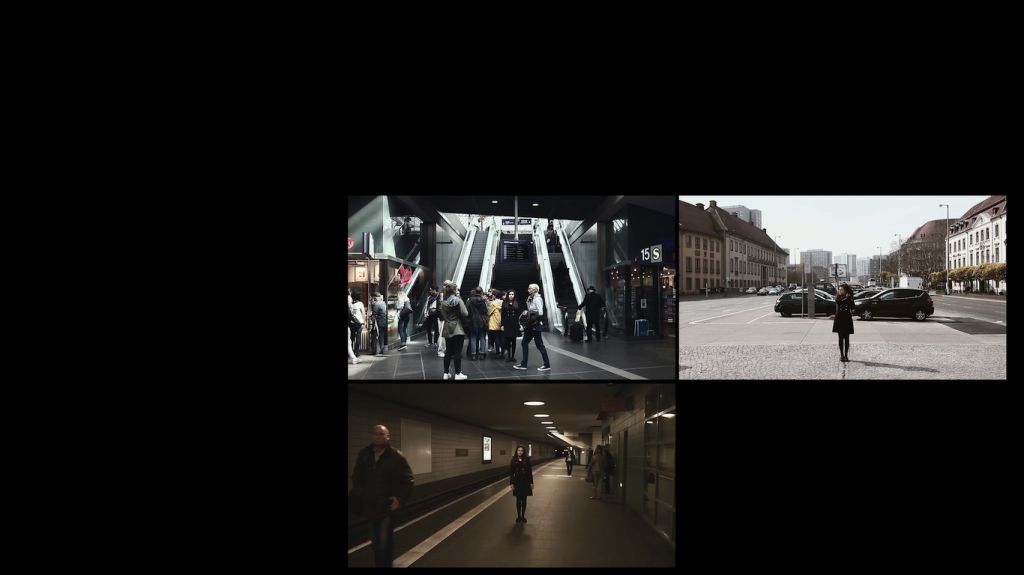
- Never Be Clever19'
Never Be Clever
Production: Holland 201330-year-old Wouter, who suffers from autism, loves drawing erotic comics. He lives on a quiet farm with his brother, who spends his time painting gloomy landscapes. Wouter is fascinated with Daria Morgendorffer, a character of MTV animated series (Beavis and Butt-Head, Daria). Throughout the years, the animated character made a great impact on his erotic comics. When Wouter starts publishing his works in the Internet, people begin to develop prejudice towards him. He, however, becomes more aware of what he is presenting, and would like to be recognised for it. Will he achieve his goal?
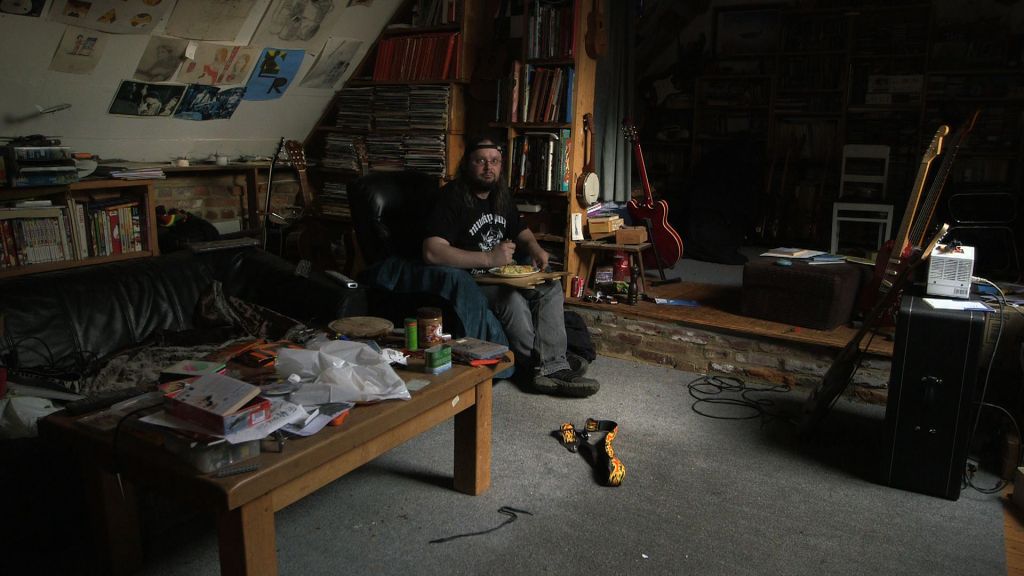
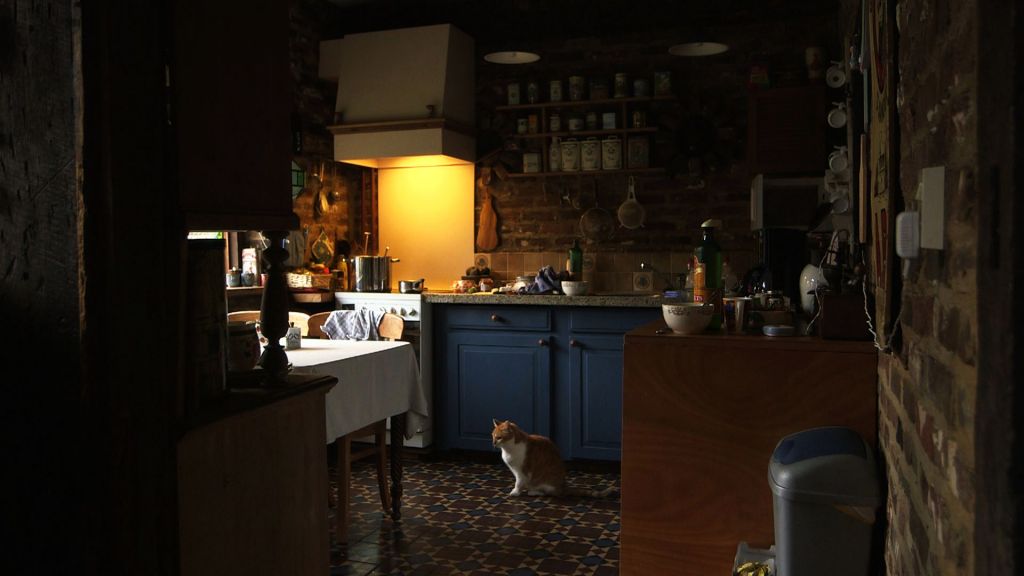
read more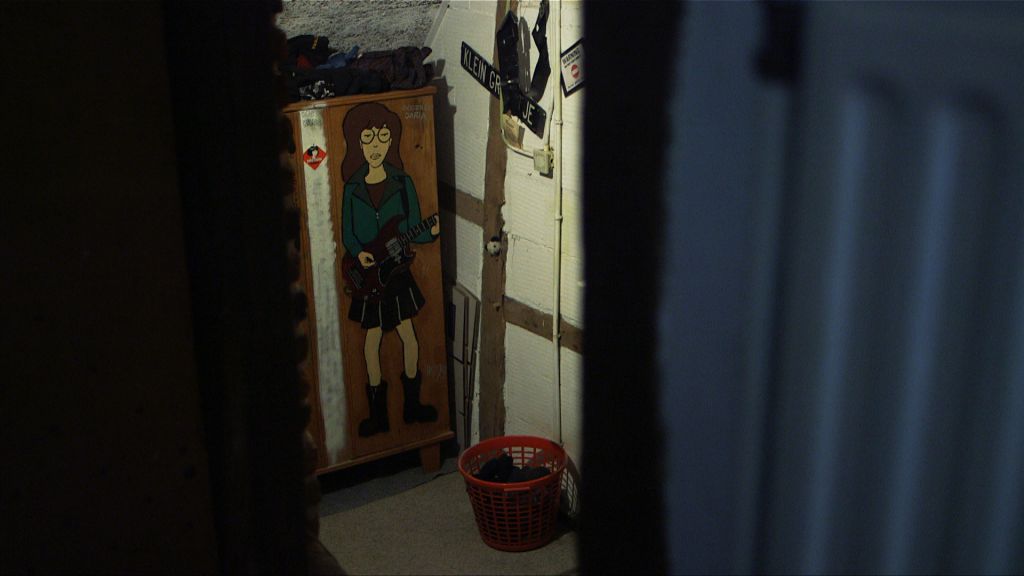
- Nóż w wozie11'
Nóż w wozie / Knife in the Wife
Production: Poland 2014If one were to seek film references, this wouldn't be an easy connotation with Polański's Knife in the Water, but with The Impossible Goodbye – the atmospheric, melancholy debut of Stanisław Jędryka from 1962. Both films tell the story of a provincial circus. The films are 52 years apart and belong to different genres (The Impossible Goodbye is a feature film), and the laundry is done differently as well (no buckets or jugs anymore, but an automatic laundry machine). However, in both the 50-year-old circus story as well as the contemporary one, the circus lady does the laundry outside. In the story by Vita Drygas we get to see the Arizona circus, where the husbands throw knives at their wives. And the audience, regardless of age, take in the experience: the funny, the scary, and the exciting.
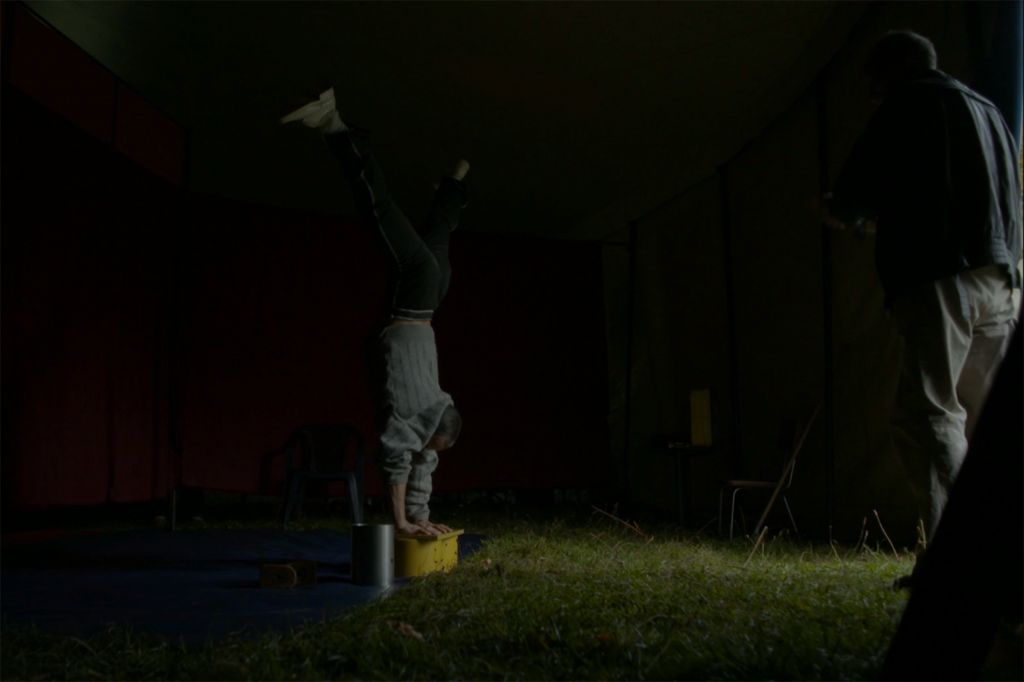
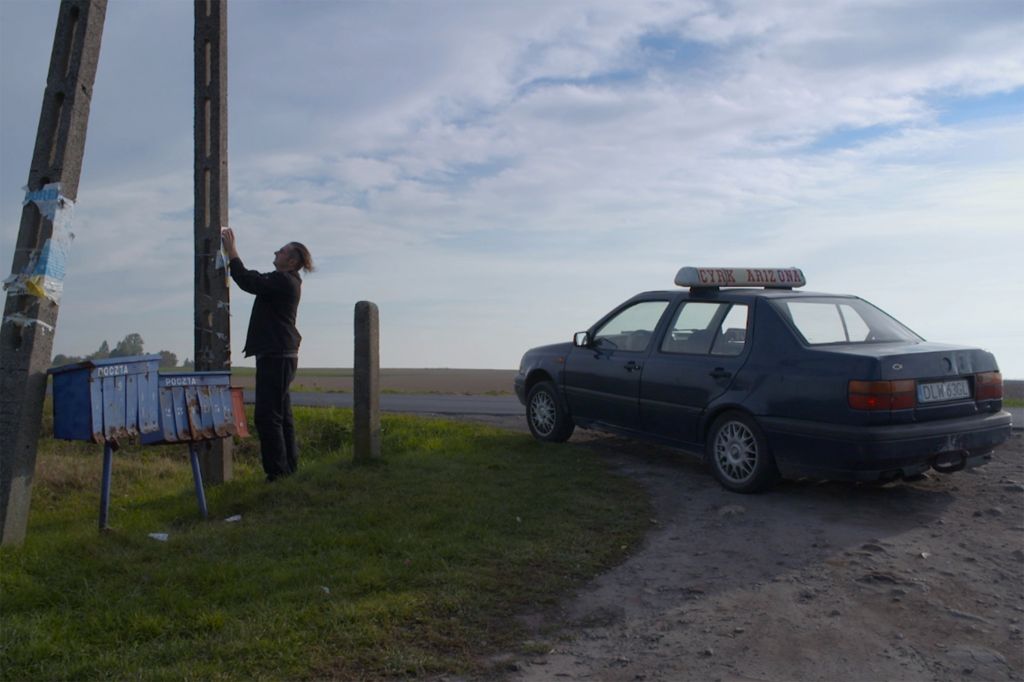
read more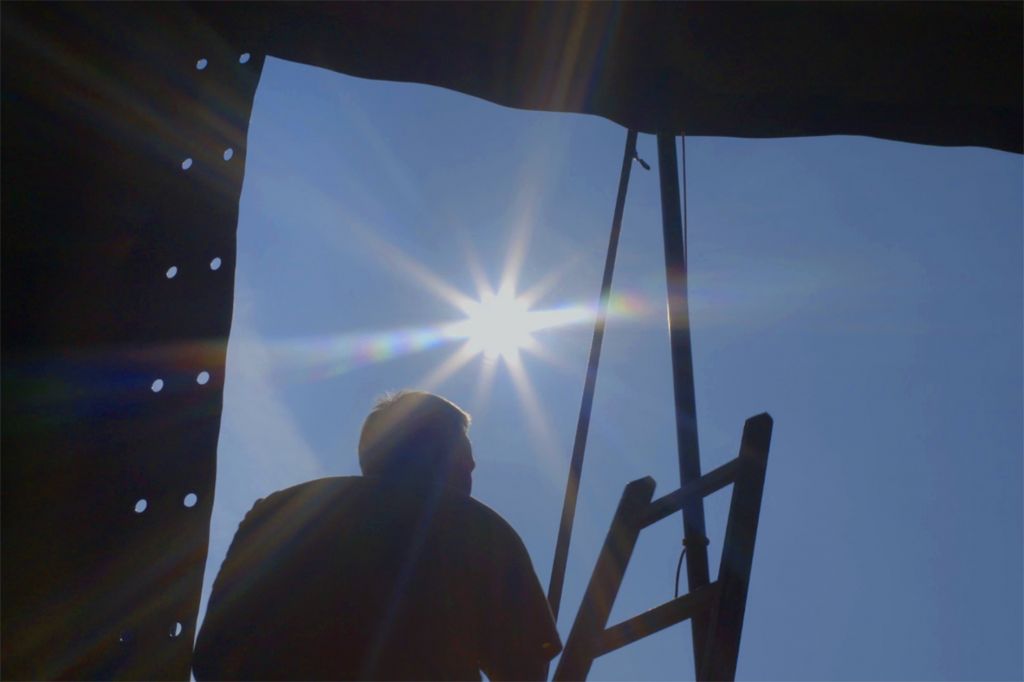
- O Której Wrócisz?14'
O Której Wrócisz? / When Will You Be Back?
Production: Poland 2014"When will you be back?" is the story of a young single mother, who graduated her acting studies and tries to find her place in the world of theater, film, and movie stars. When she realizes that the combination of this things is impossible, seeking advice and help from her grandmother, for whom this beautiful world of showbiz is behind thick TV glass and is not available for her granddaughter.
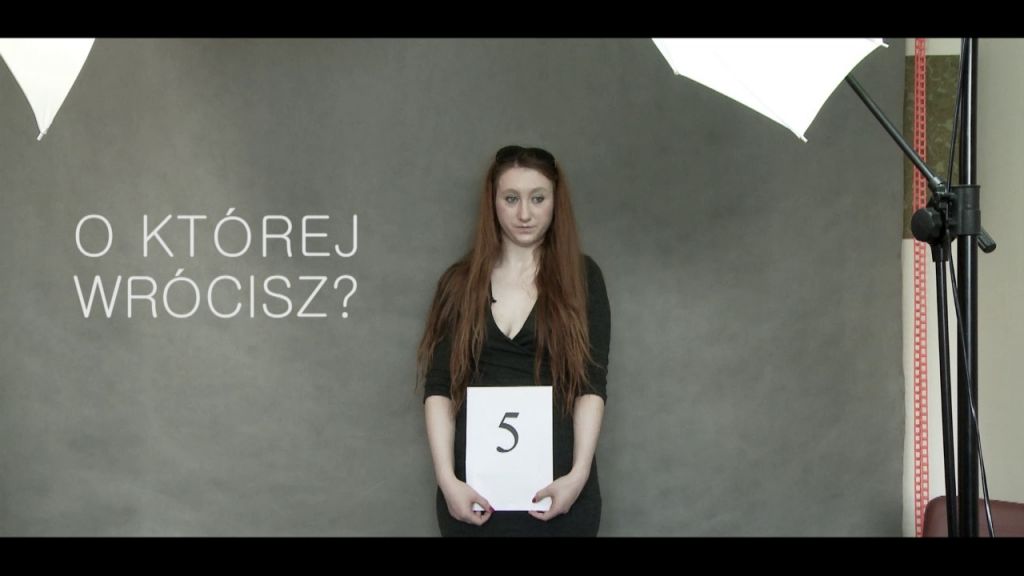
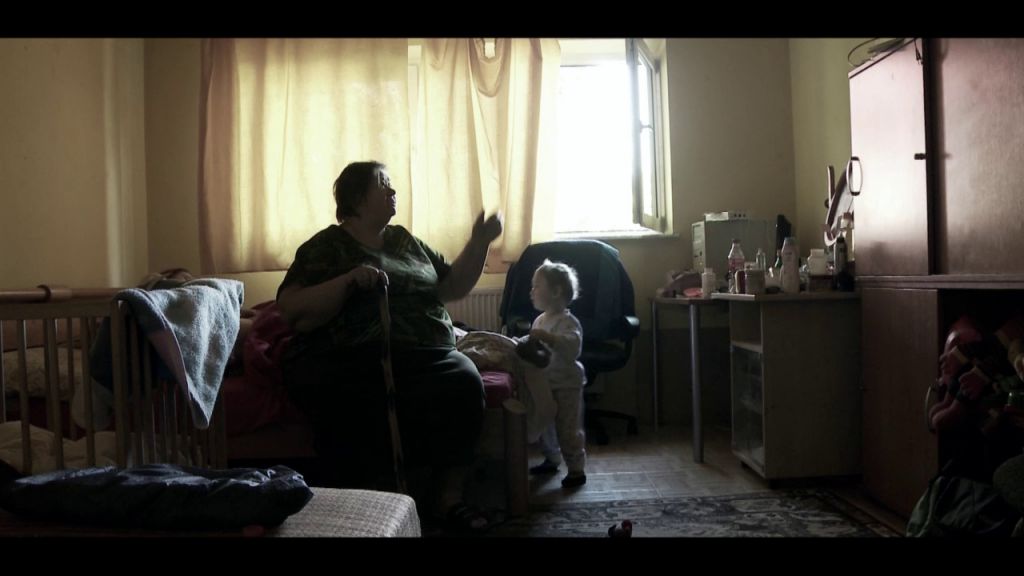
read more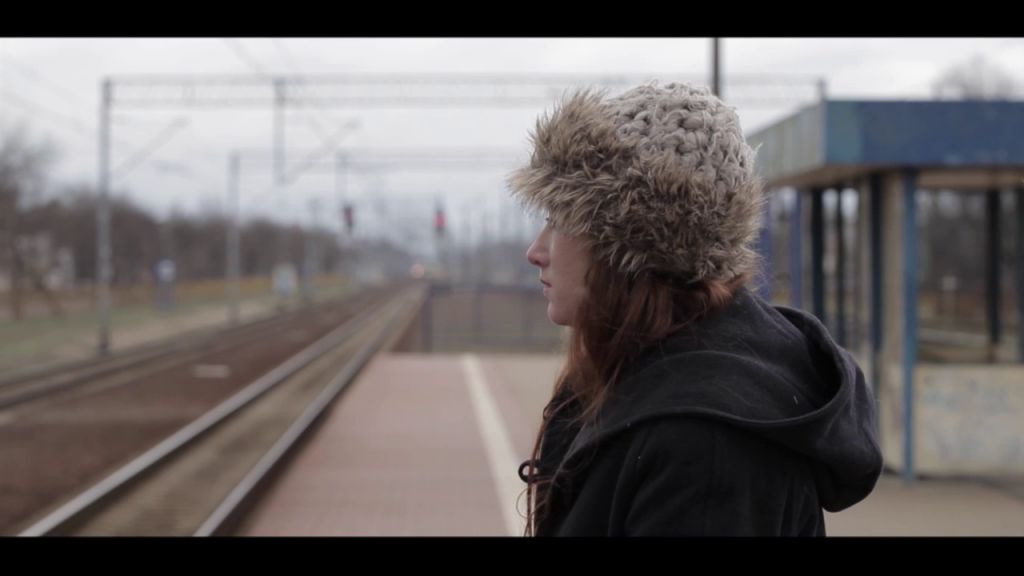
- O rządach miłości13'
O rządach miłości
Production: Poland 2013An animated, personal, and philosophical documentary. Mariusz – the film's protagonist and narrator – tells a simple story: about himself, about others, about visions, about dreams, about mood changes. Adela Kaczmarek follows Mariusz's words and drawings. He has been mentally ill for many years. Through his drawings and his tale we discover this man's world – in both its difficult-to-penetrate aspect of what we call illness, and its universal aspect.
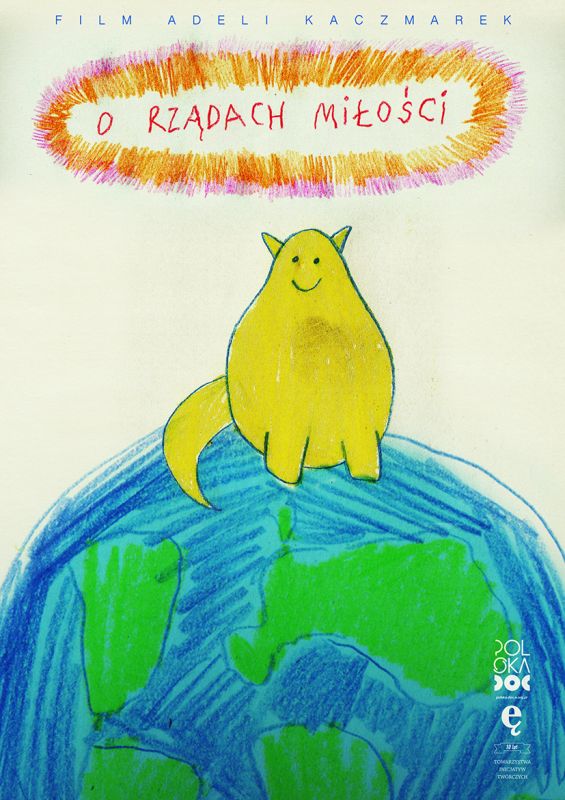
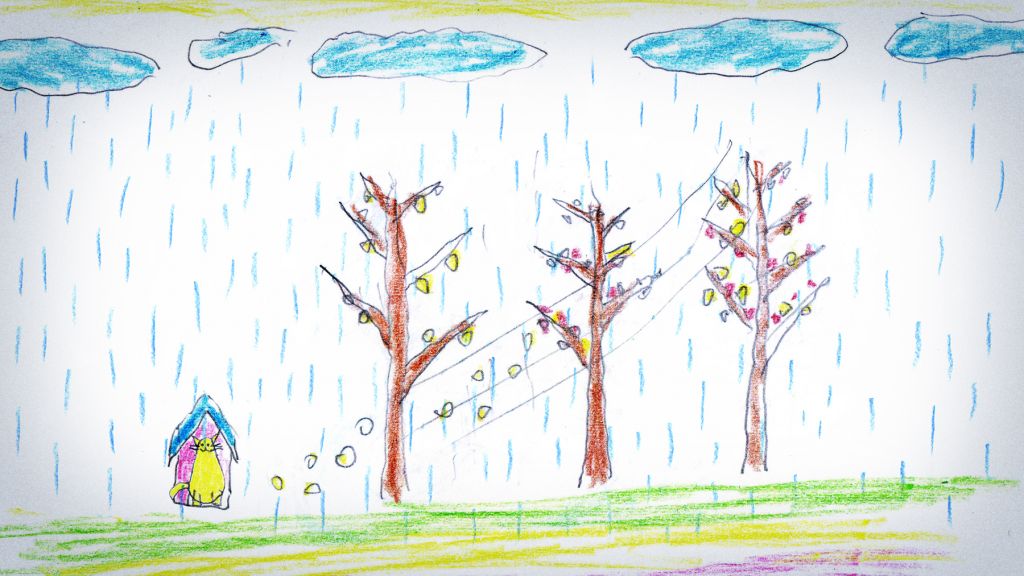
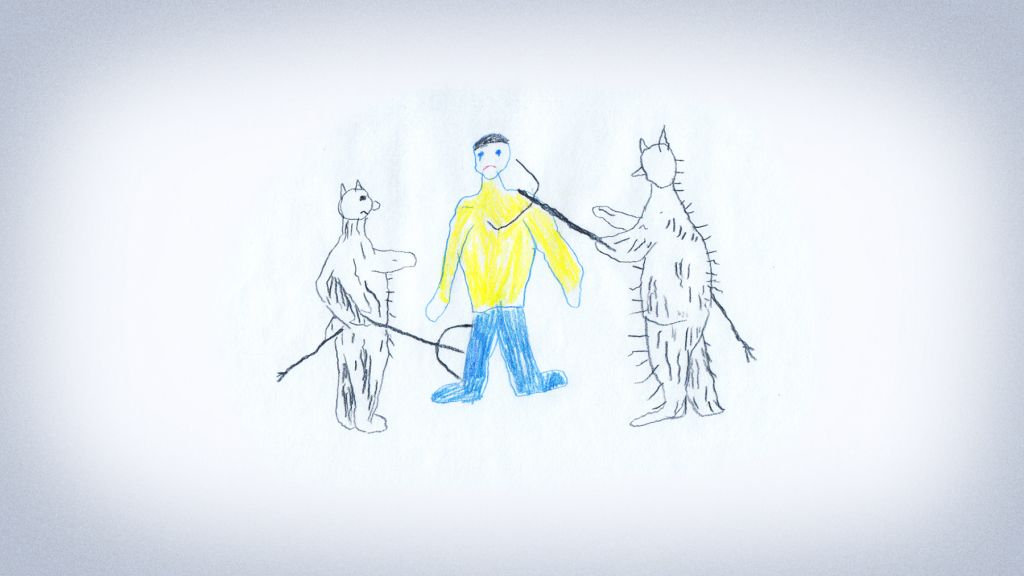
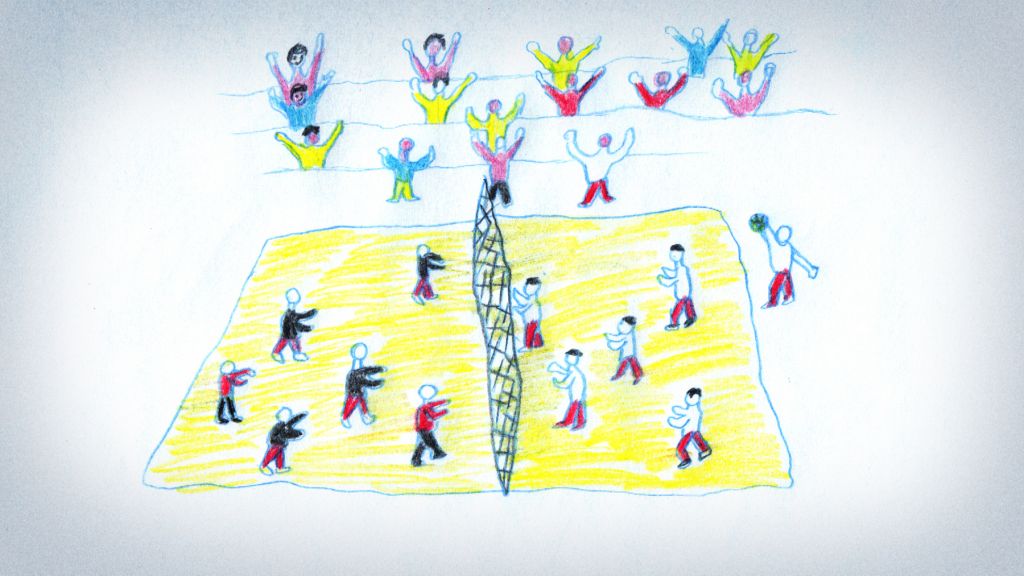
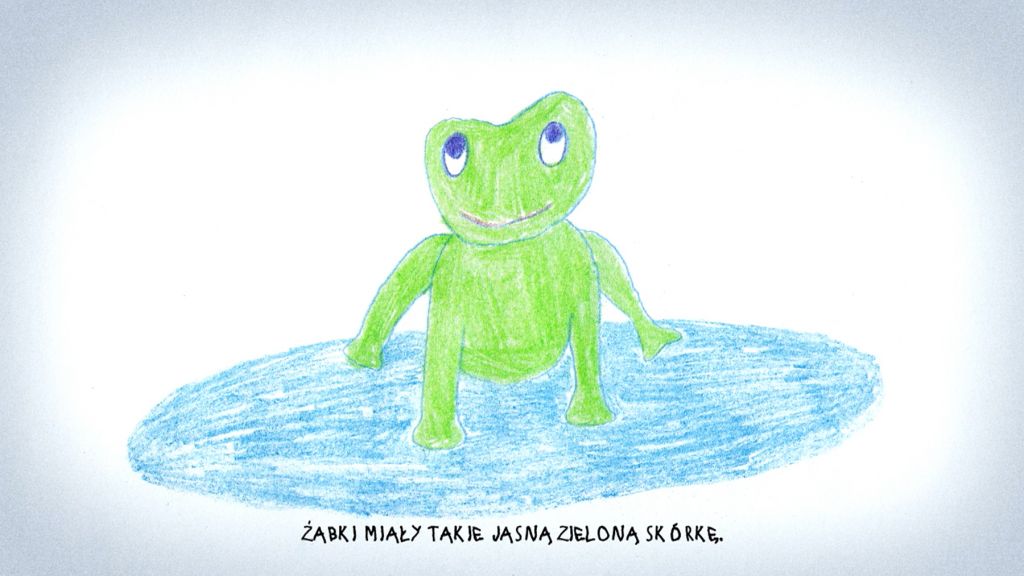
read more - Odchod na korze21'
Odchod na korze / The Stop on Main Street
Production: Slovakia 2013A documentary not necessarily about an Oscar-awarded film, but rather about what happened after the fact. The camera follows the people, places, adventures, and feelings accompanying that production: The shop on Main Street from 1965. The Czechoslovakian film made cinema history as the first central-European film to win an Academy Award. One of its stars was Ida Kamińska – Polish, Jewish, and international actress and theatre director. The nostalgically black-and-white documentary The stop on Main Street returns to the atmosphere of The shop on Main Street, also appreciating those who couldn't play in the Oscar-winning film due to important life matters.
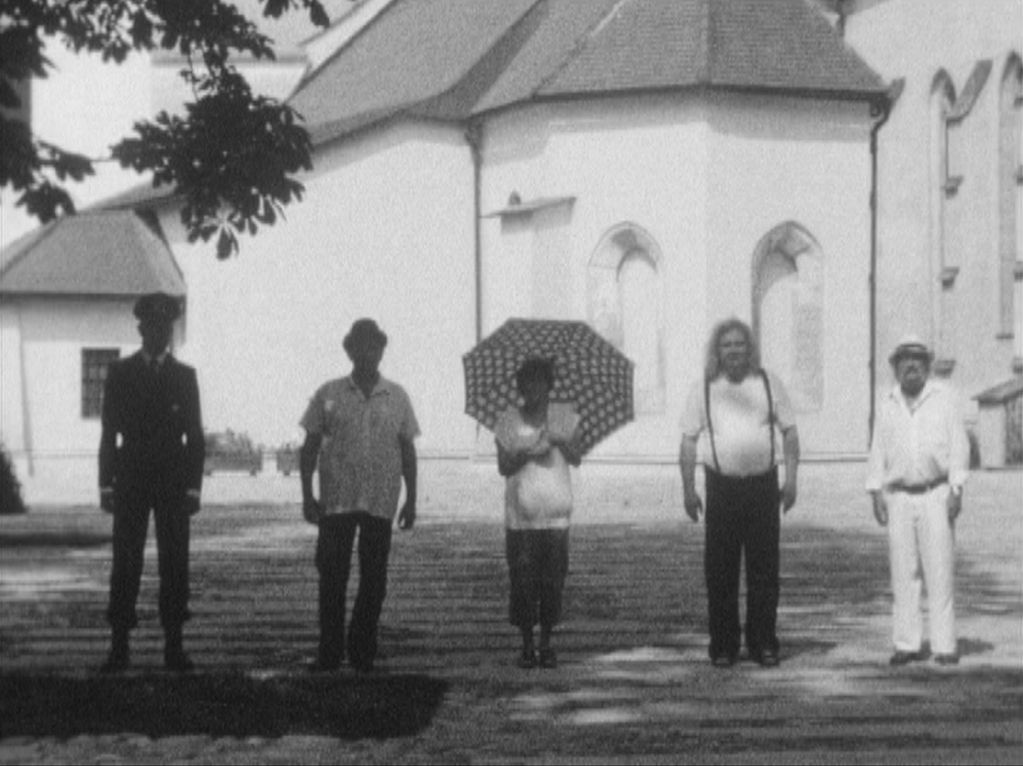
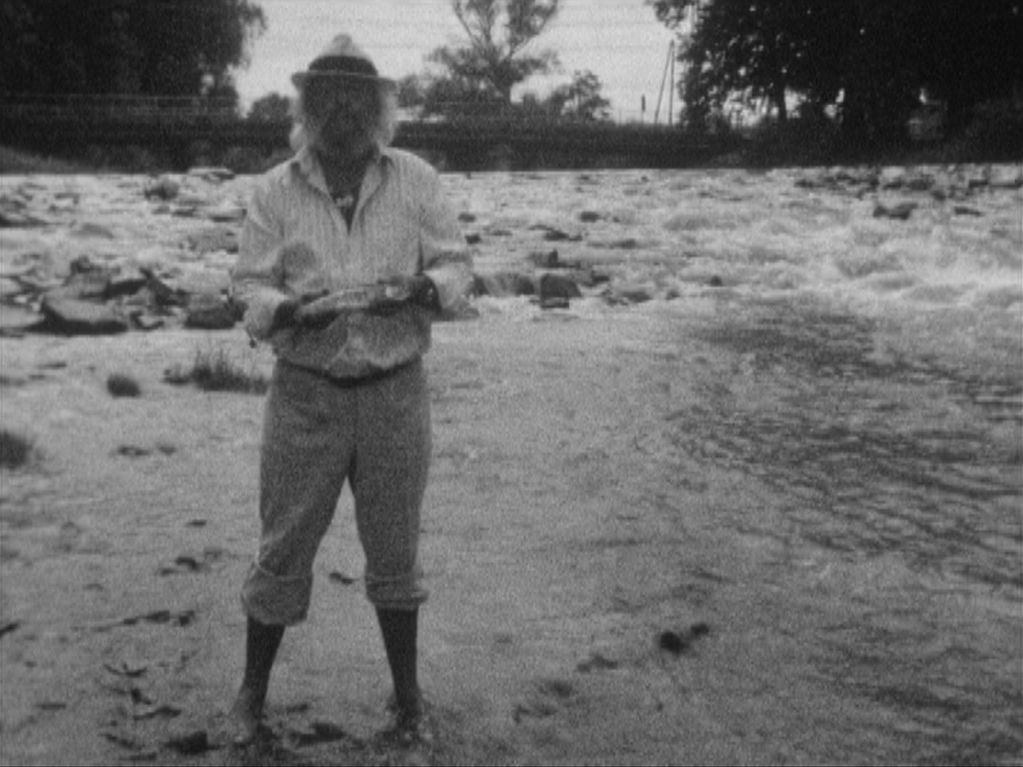
read more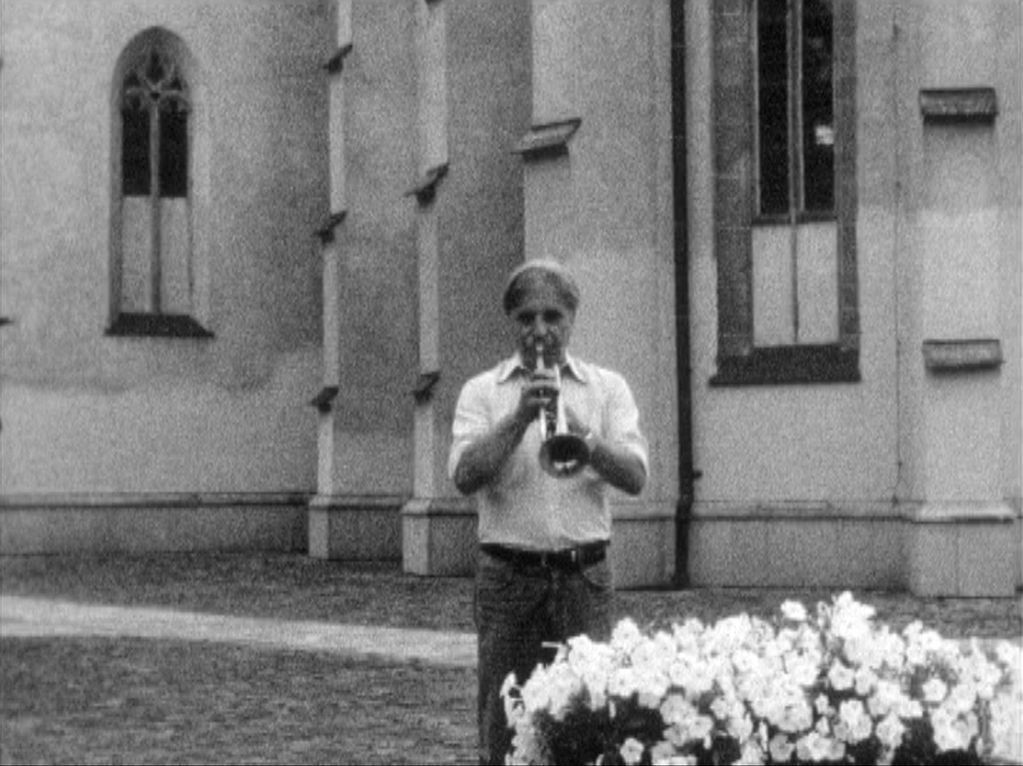
- Odwiedziny11'
Odwiedziny / A visit
Production: Poland 2013Somewhere near a beautiful forest there are leisurely but careful preparations taking place. Festive outfits, tables being covered by sheets, a vase of fresh flowers from the field or the woods. Someone is dusting, a clock is ticking, beautiful weather, woods, fairytale serenity. Time goes by. Dressed in their best, the people wait. The documentary was shot in Sokole, in a nursing home on the Polish-Belarusian border.
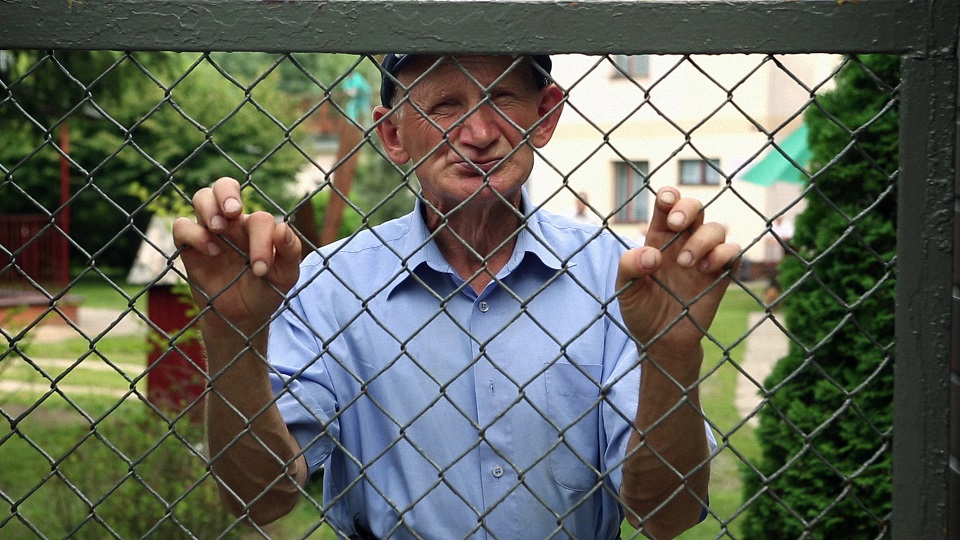
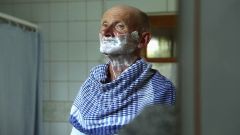
read more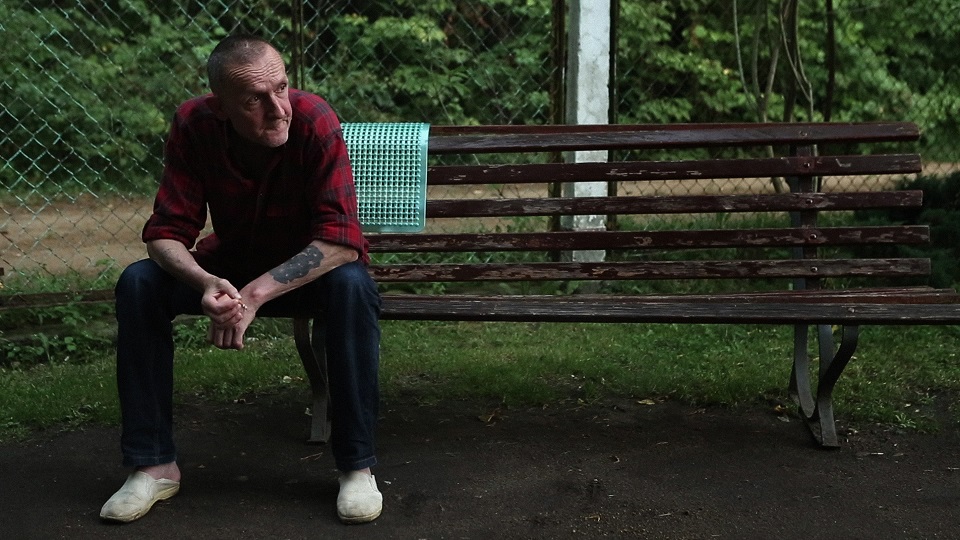
- One Thousand and One Teardrops17'
One Thousand and One Teardrops
Production: UK 2014On her first day at school, little Louly has to face a problem: what should she wear? A disgusting school uniform with a scarf, or whatever she fancies? The magical tear-carafe helps her choose, by telling the story of how Iranian women have been trying to answer the very same question for 200 years. The whimsical animation softens the severity of this question.



read more - Pan Ciasteczko12' 22''
Pan Ciasteczko / Mr. Biscuit
Production: Poland, 2014Mr. Biscuit is Krzysztof Kraśniewicz, a citizen of the city of Szczecin, who despite his disablity managed to make his place within the local artistic and cultural circles. It would seem that such a person would require a helping hand, encouragement, and direction, but he has taken his fate into his own hands and found his own way through life, making it more attractive. Krzysztof Kraśniewicz regularly attends most of the city's cultural events, and this consistent presence at premieres, exhibitions, and literary soirees has made him a well-known figure in the local artistic environment. Art and culture are his main passion as well as a recipe for socialising. This sounds lofty, and that is precisely the way it's supposed to sound.
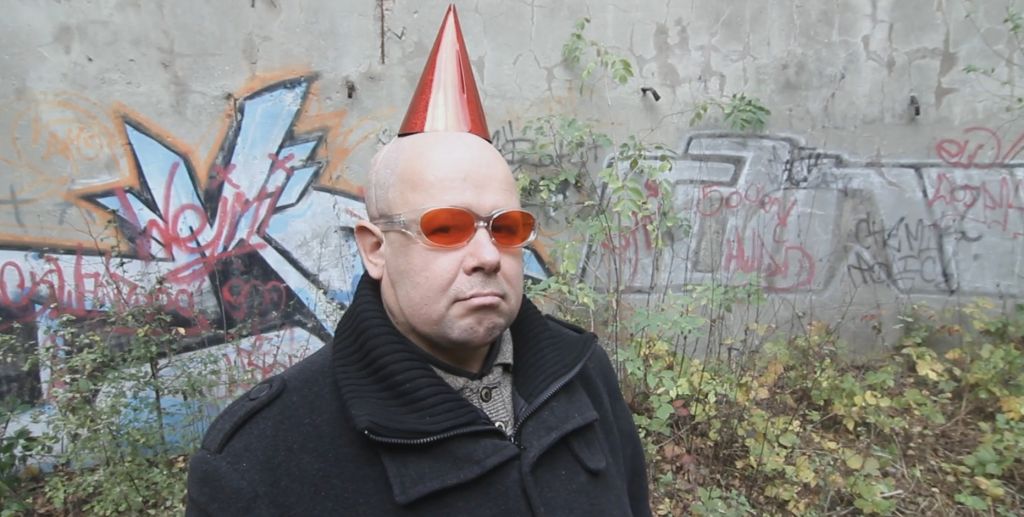
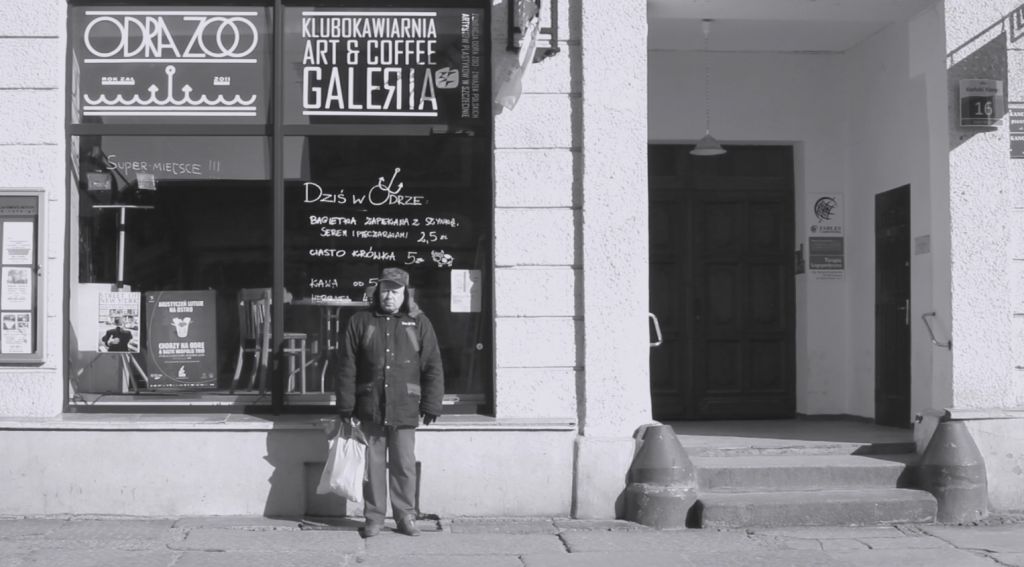
read more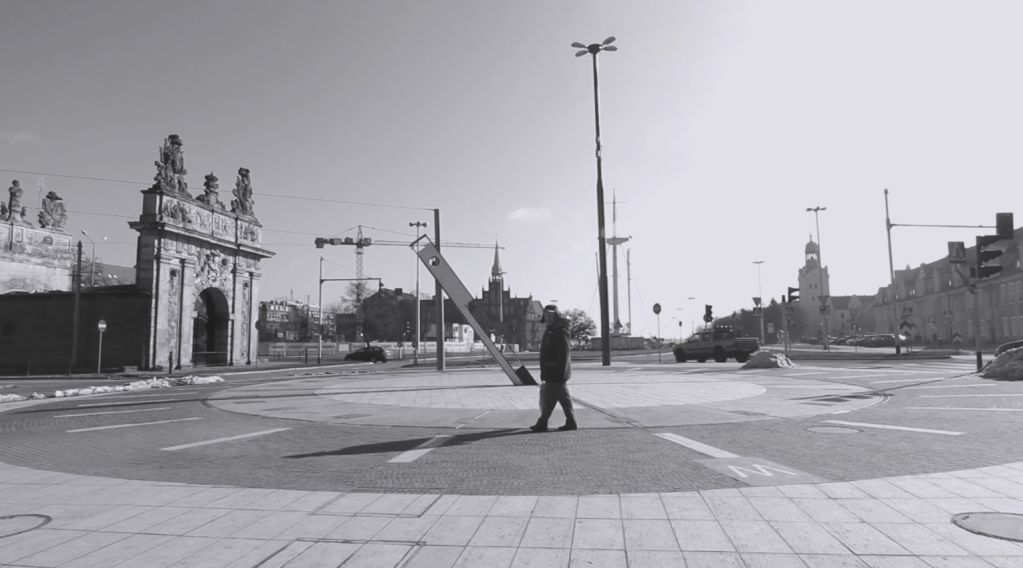
- Polska za 20 lat1' 30''
Polska za 20 lat / Poland 20 yers from now
Production: Poland 2013Warsaw in 2032 is fallowed farmland. An elderly ex-celebrity, known from such films as “Snow White and Russian Red” and “Lejdis,” tells us how this came to be. The actor is repairing some kind of archaic lamp and talking about how Polish politicians obstinately acted in such a way that even the excessively lenient EU lost its patience. Even the everlasting Palace of Culture and Science finally became overgrown with grass.


read more
- Prezydenckie gołębie30'
Prezydenckie gołębie / President's Pigeons
Production: Poland 2013A year in the life of the inhabitants of a social housing estate created 20 years ago in a complex of sheet-metal cabins adapted for this purpose. Among the inhabitants are people who are lonely, old, and ill. There are also families with children. Each of the protagonists tries to get by somehow. The local government – owners of the land and buildings – is turning a blind eye to the problem.
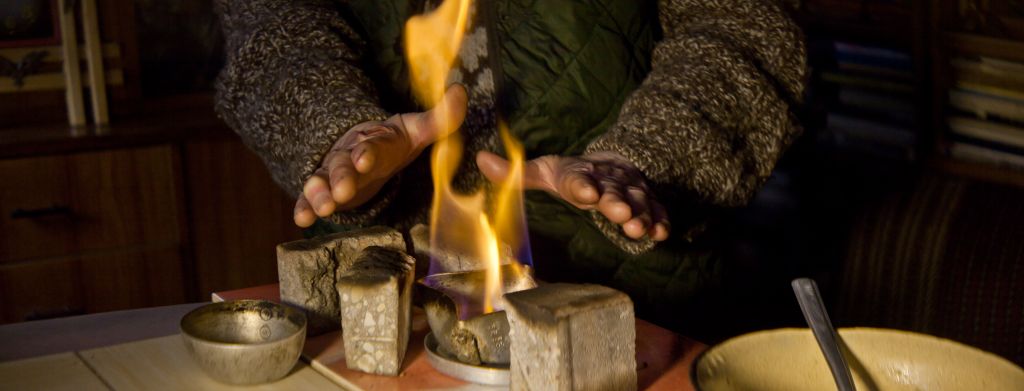
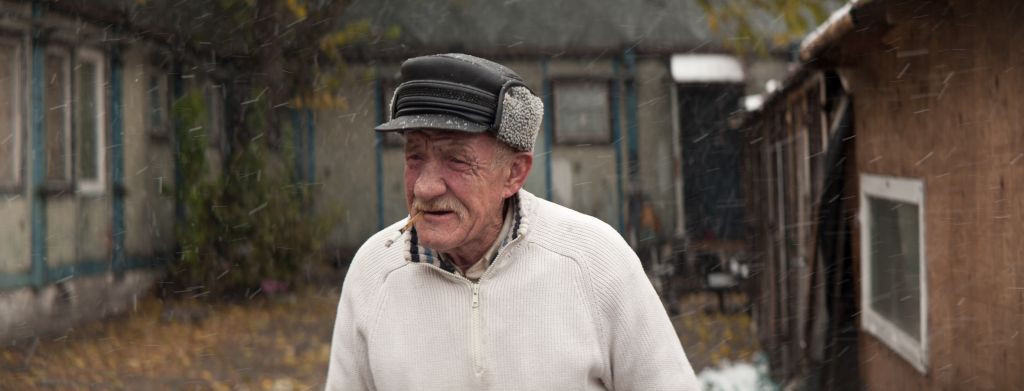
read more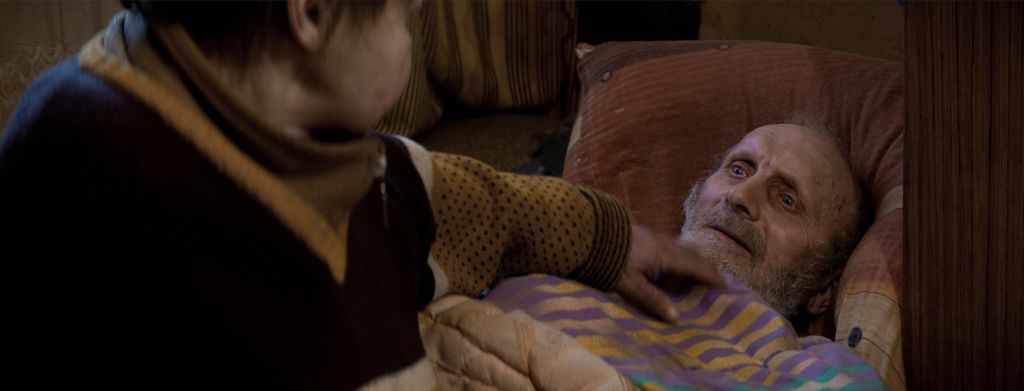
- PS Sao Paulo15'
PS São Paulo
Production: Belgium / Brazil 2013Two men are wandering about in the night in a big city. They are having a conversation, one that can only happen between two lost souls. We will not get to know their life stories or their faces. Maybe they are watchmen guarding rich neighbourhoods, maybe something else. We are driving around an alien town with at-hand equipment. A (police?) helicopter drowns out the conversation and the thoughts. São Paulo is the biggest agglomeration on the southern hemisphere. The city itself is inhabited by 11 million people, the whole agglomeration – by around 21 million.
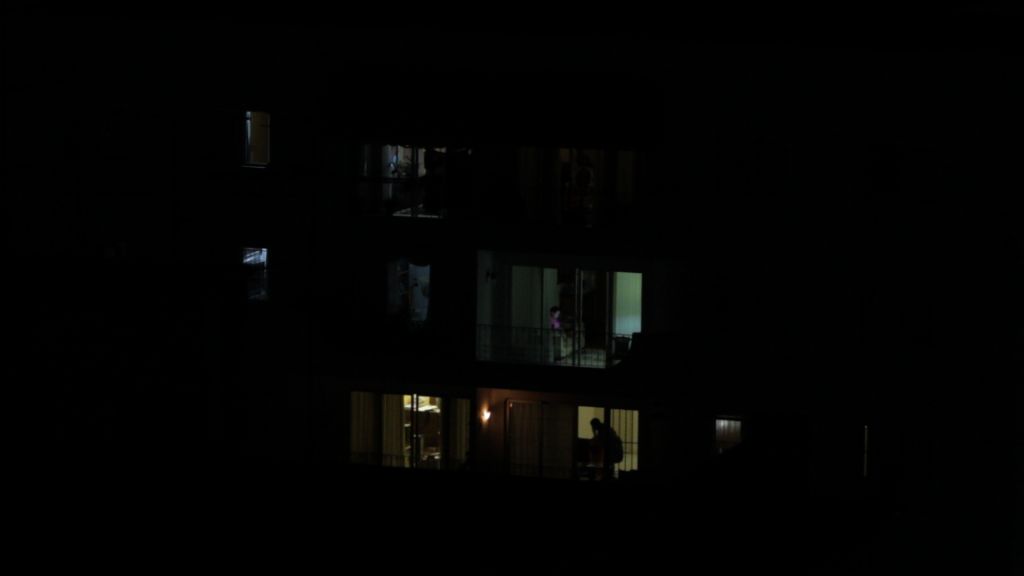
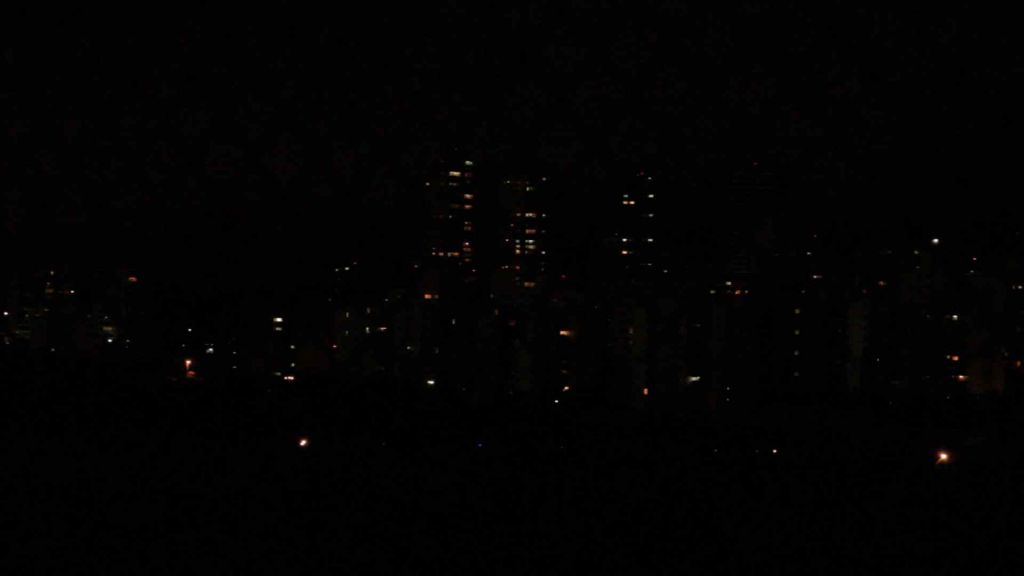
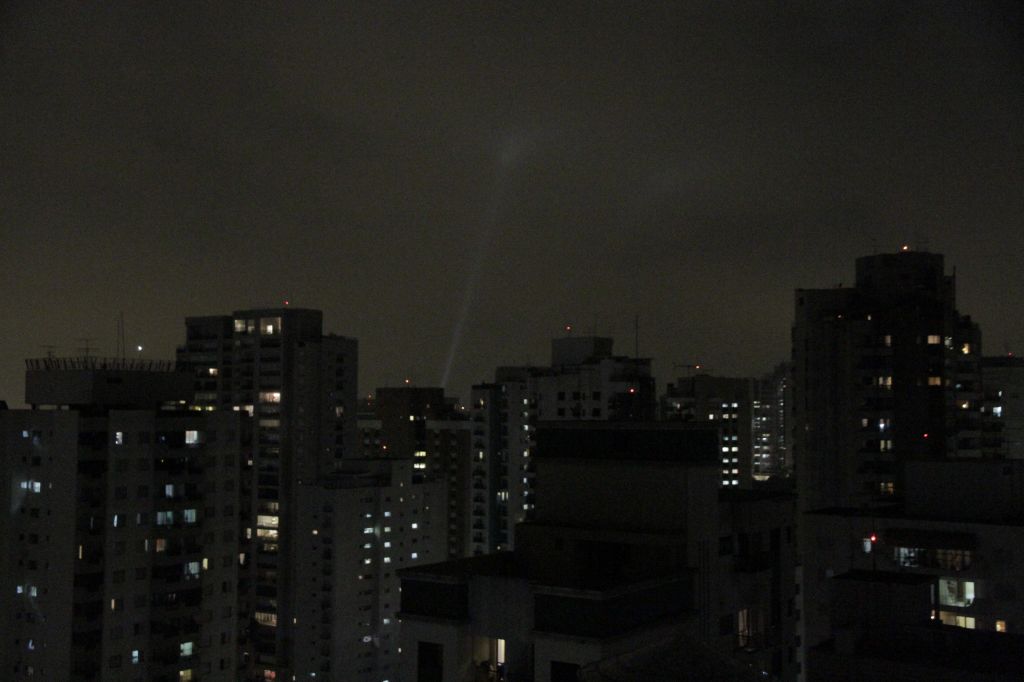
read more - Salome59'
Salome
Production: Iceland / Sweden 2014Salóme Fannberg is a tapestry artist in her late fifties. Despite poor health, she weaves frenetically. Ever since I can remember, she's had a loom between her hands. But one day she decided to give up her art to concentrate on raising her children. This would take her 23 years. There are six of us; four different fathers of four nationalities. I am the oldest. I have not lived with her since I was a teenager. Today I have returned to Iceland. I am 35, without children and with an ambition to film her. Under an avalanche of my questions she grows taciturn un-wanting to reveal herself. In our tug of war I keep my camera pointed at her incessantly. She is firm in her disapproval.
(Yrsa Roca Fannberg)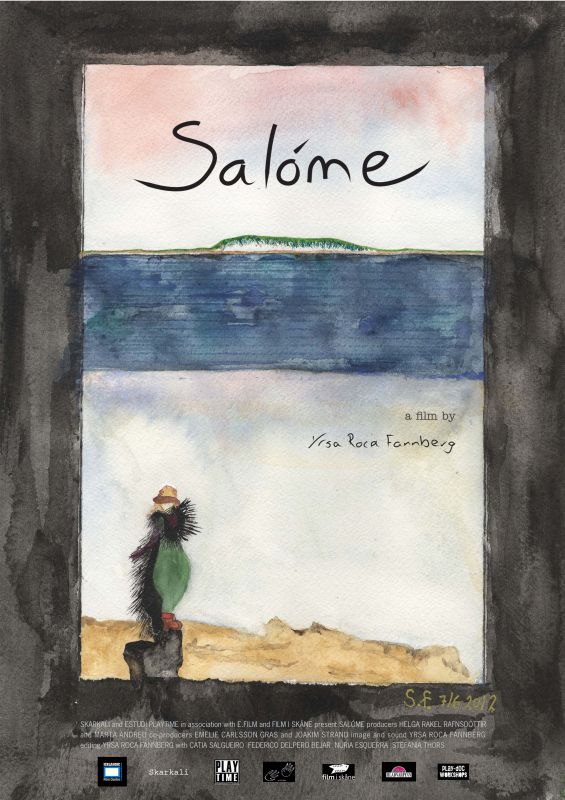
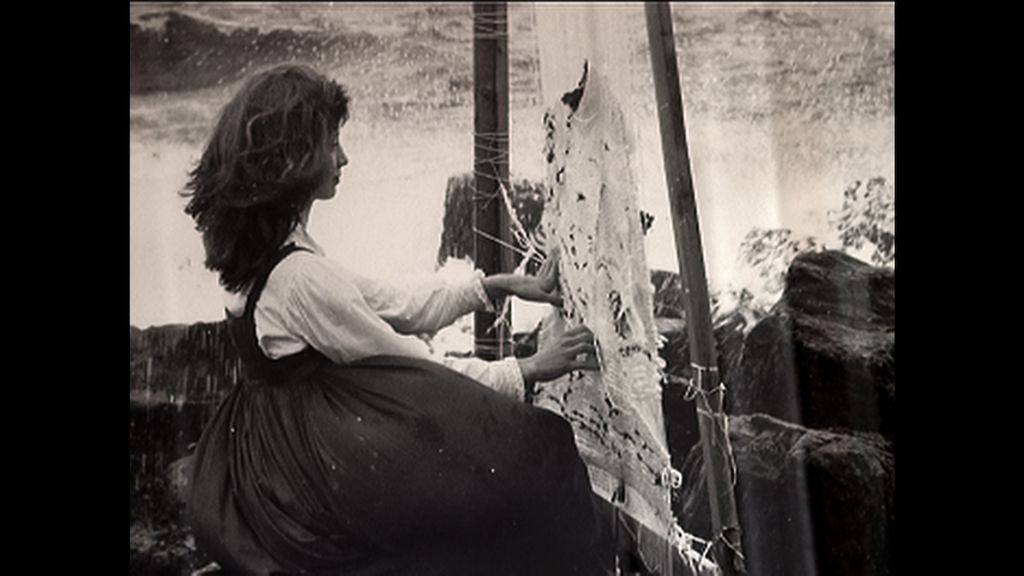
read more - Sati25'
Sati
Production: Poland 2013An unbelievably beautiful snow-covered mountain emerges from the clouds before the title appears on the screen. Pathos? Kitsch? Yes, but who cares, it's still beautiful. Another shot: a woman's face, full of affection. The woman is looking to the side; the intensity of her face against the worn backrest of a soft, cozy sofa. A third explodes with light, energy, movement. The first shot shows a mountain that just sits there. The second one shows Olga, Piotr's wife. The third shot: Piotr in his element. The word sati denotes the self-immolation of a widow at her husband's funeral pyre, a ritual practised in some Asian communities.
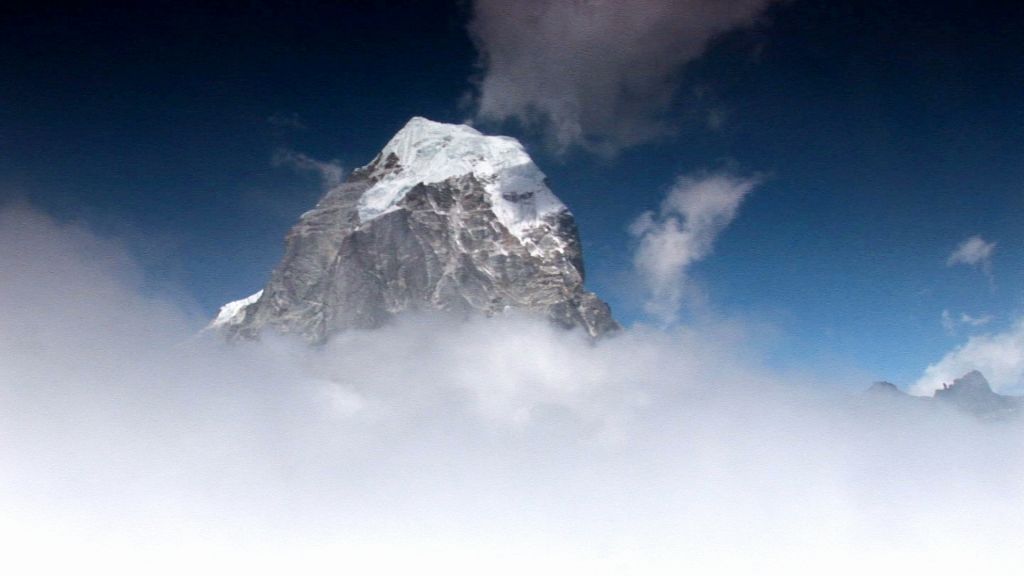

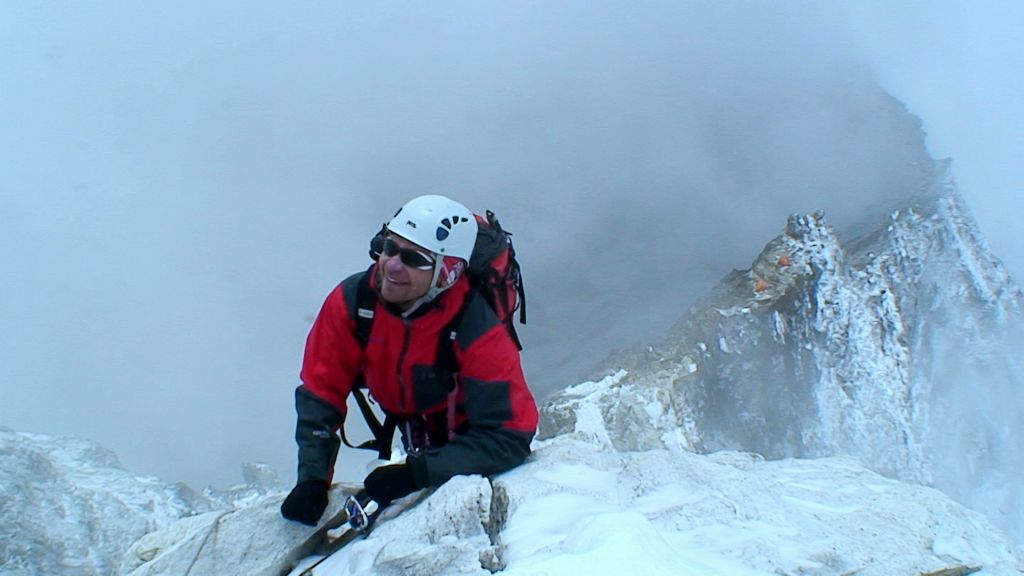
read more - Stay the Same14'
Stay the Same
Production: UK 2013Recording footage for this experimental documentary took place over the course of a year: every day at the same time in the same place. Stay the Same talks about our relation to time and the need to capture the feeling, the experience, the emotion. Without any words or changing the camera angle, the film goes from darkness to light, shows seasons and emotions. Never-ending change is the only thing that is constant. It broadens the boundaries of the form, creating a part of film poetry, showing beauty and pain present in every day. Director Sam Firth came to one and the same place at the Inner Seas off the West Coast of Scotland every day at the same hour, and for ten minutes filmed her self-portrait. The film is an accumulation of these moments, accompanied by Fraya Thomse's score made especially for the film.
read more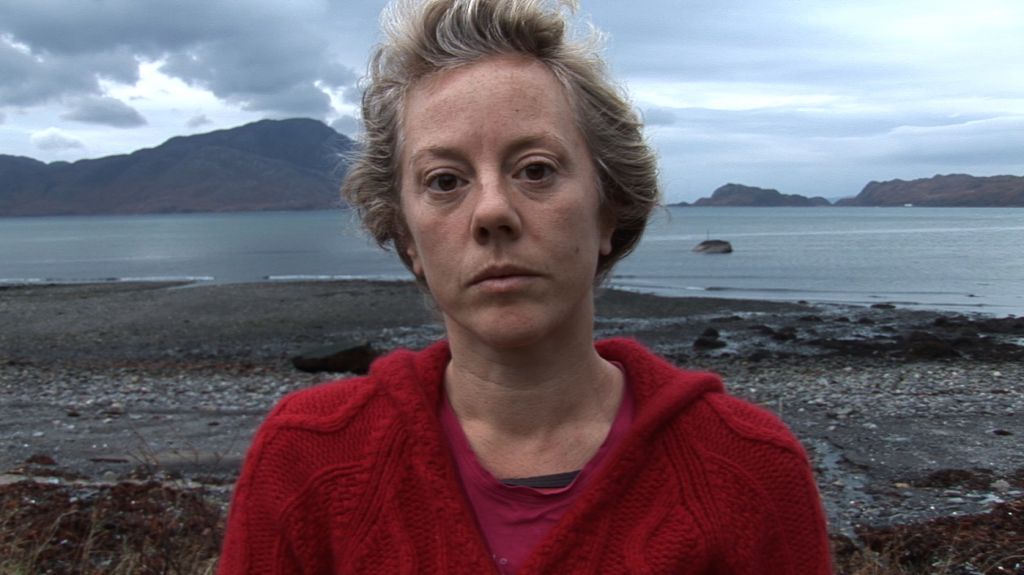
- Swallow9'
Swallow
Production: UK / Scotland 2013In this film, food (which seems to be something specific and down-to-earth on a day-to-day basis) gains an entirely different meaning than satisfying one of life's most basic needs. The footage of food, caught on 8- and 16-mm tape, evokes memories and emotions. Personal stories told by various voices are imposed on the different shots, also including food, and merged by the narrators' memories. A multi-layered story created this way is simultaneously existential and emotional.
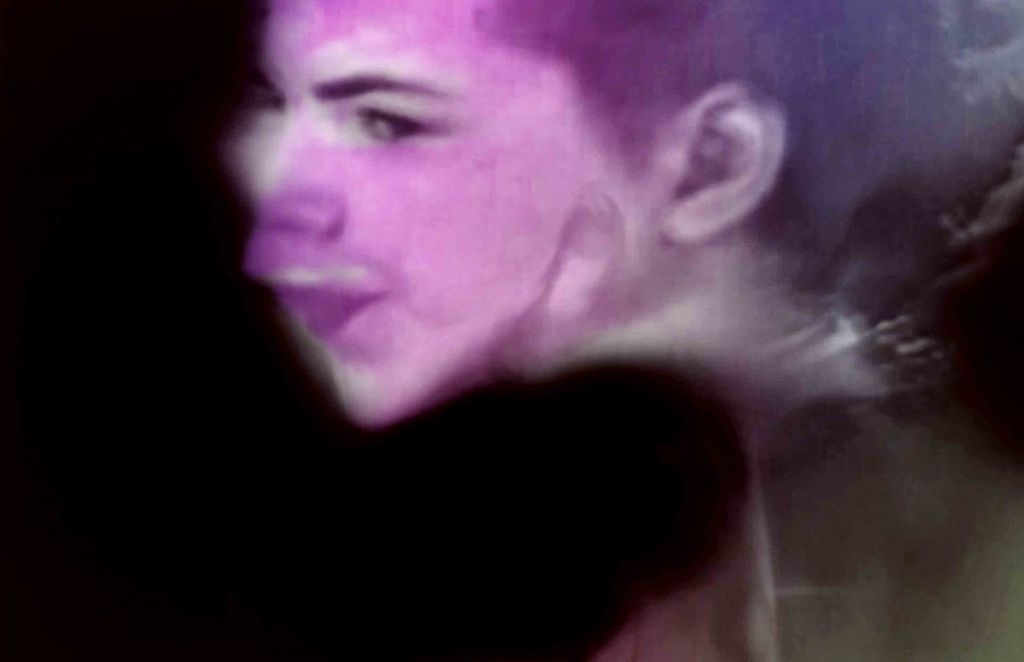
read more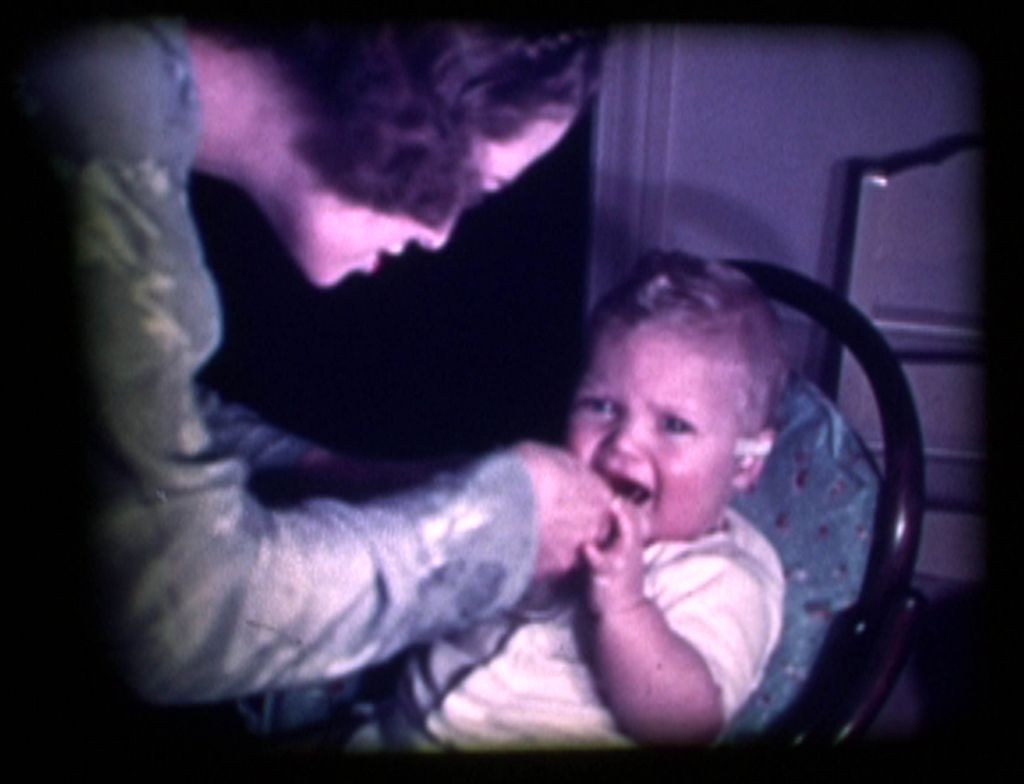
- Szpila30'
Szpila
Production: Poland 2014The vigorous Szpila is a single mother to twin girls diagnosed with autism. Szpila does everything to introduce joy and hope into her family life. Love is already there. The protagonist trains, sings songs written for her daughters, seeks medical solutions. She cries when it's necessary. She laughs whenever it's possible. Szpila's efforts and energy are to bring about the best.
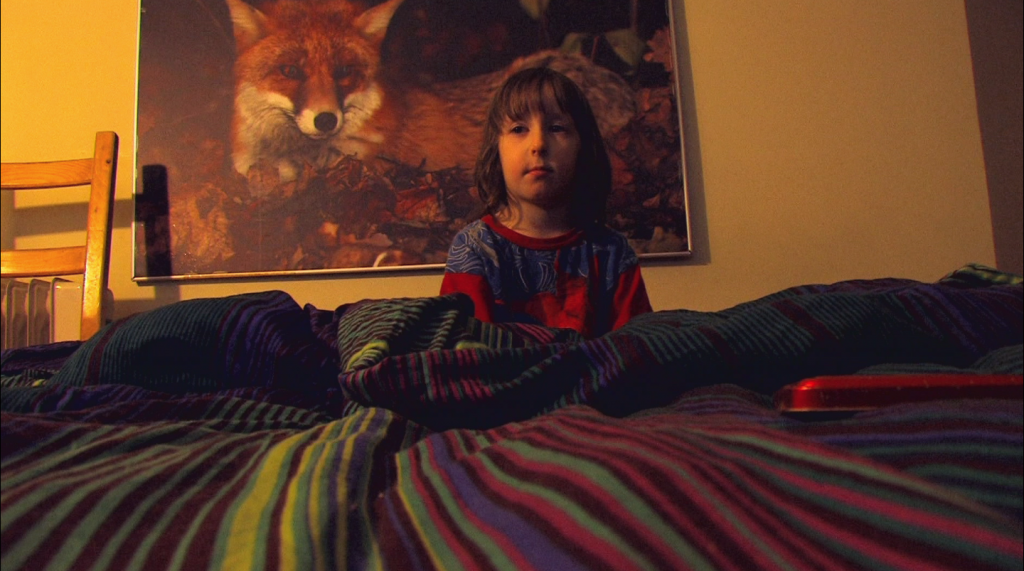
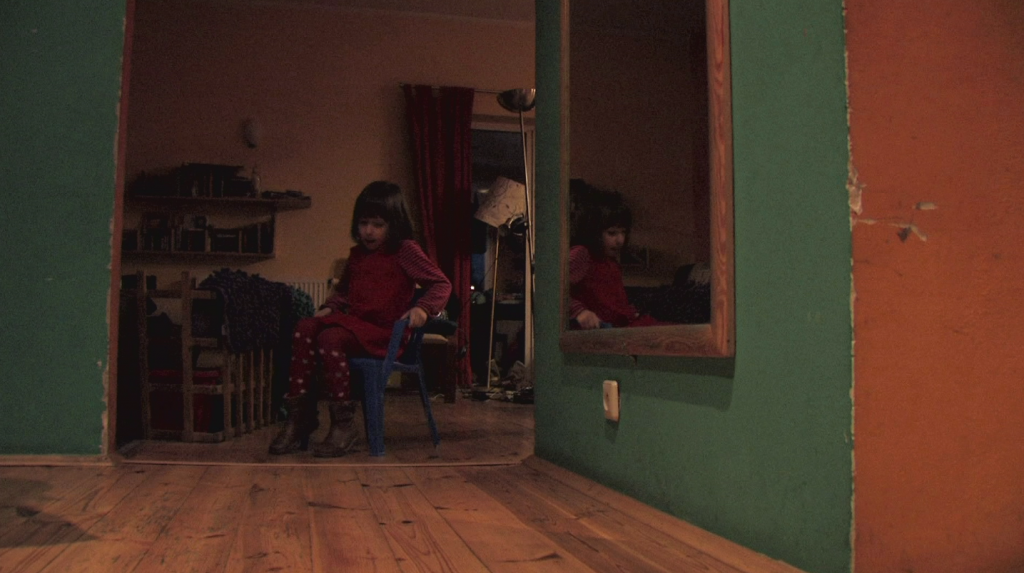
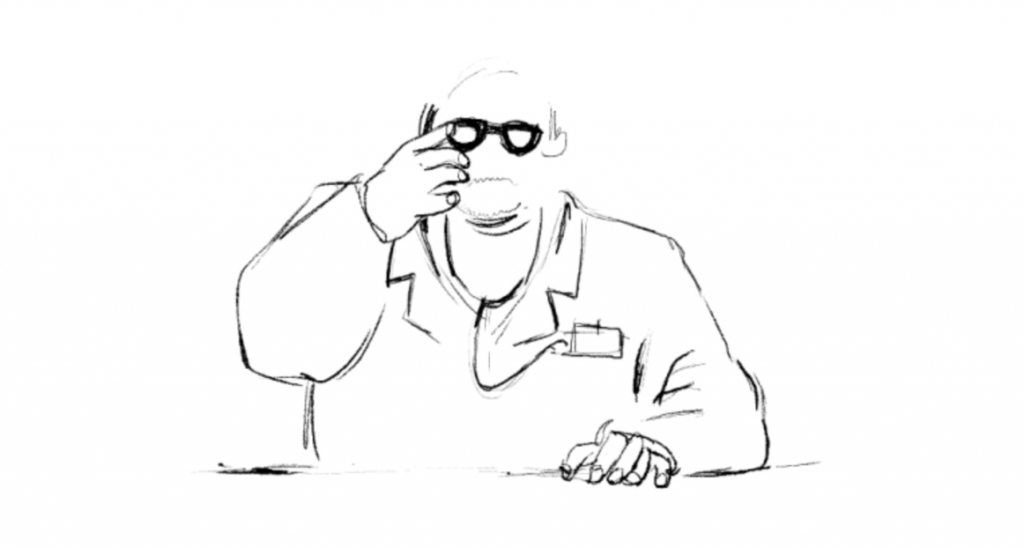
read more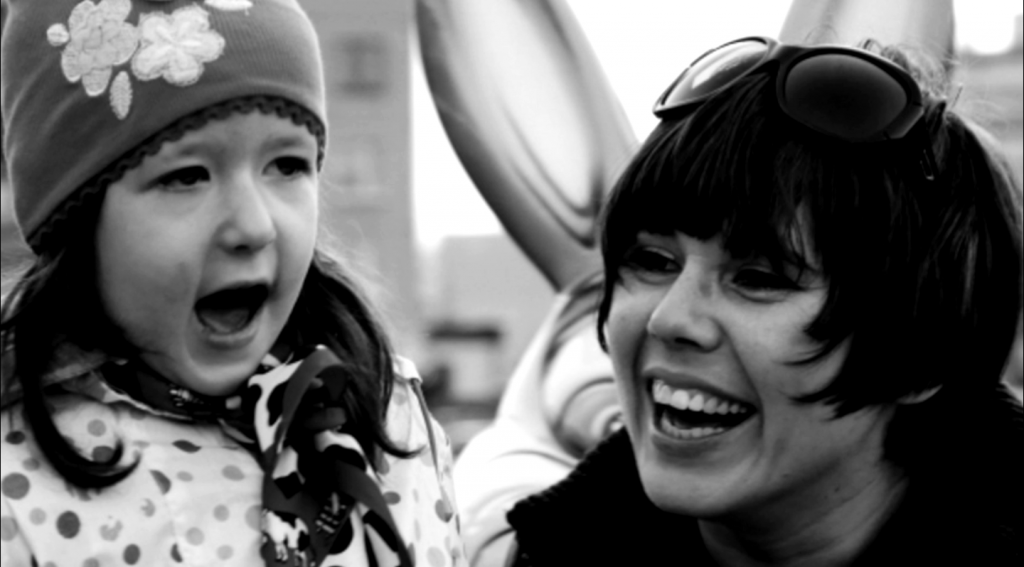
- To byłoby coś pięknego17'
To byłoby coś pięknego / That would be beautiful
Production: Poland 2014Humanity's problem with colonising Mars would have been resolved long ago if there had only been a way to return from this planet that is almost a year's travel away. It has been decided to at least send people on a one-way journey to Mars. The international program received over 200 thousand submissions from volunteers worldwide. Among them there is Mrs Aleksandra, a biology teacher from Sosnowiec, fulfilled in her family and professional life, fascinated by the possibility of establishing the new cradle of mankind. Like we said, there is no return from Mars, although the lady from the Social Insurance Institution associates the planet with some – distant nonetheless – Great Britain, Ireland, and maybe even Germany. And Mrs Aleksandra, aware of her mission's significance, gets her pension secured and gets accustomed to Marsian landscapes, strolling with her dog along the picturesque streets of Sosnowiec.
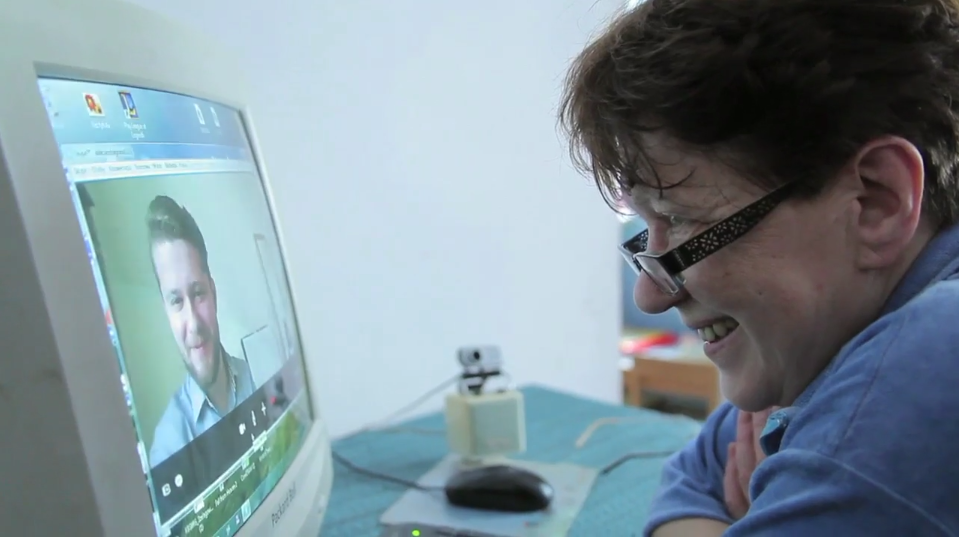
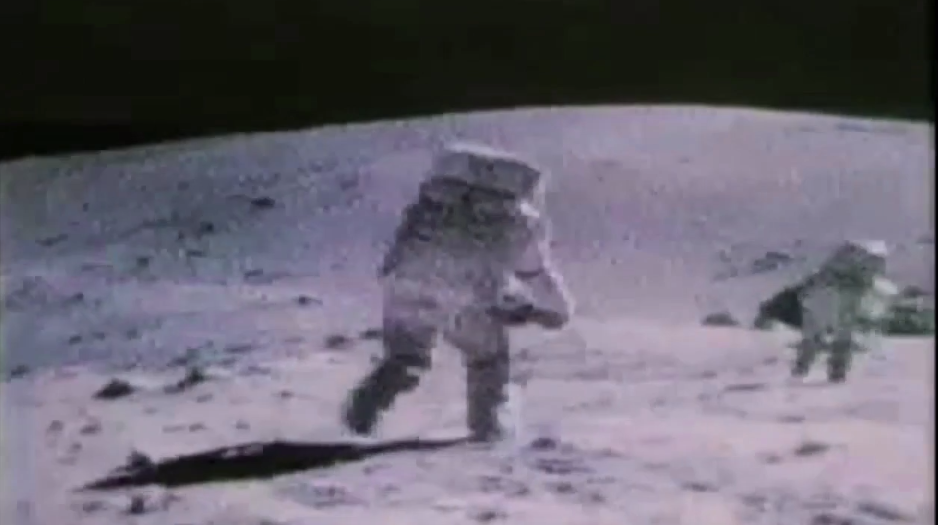
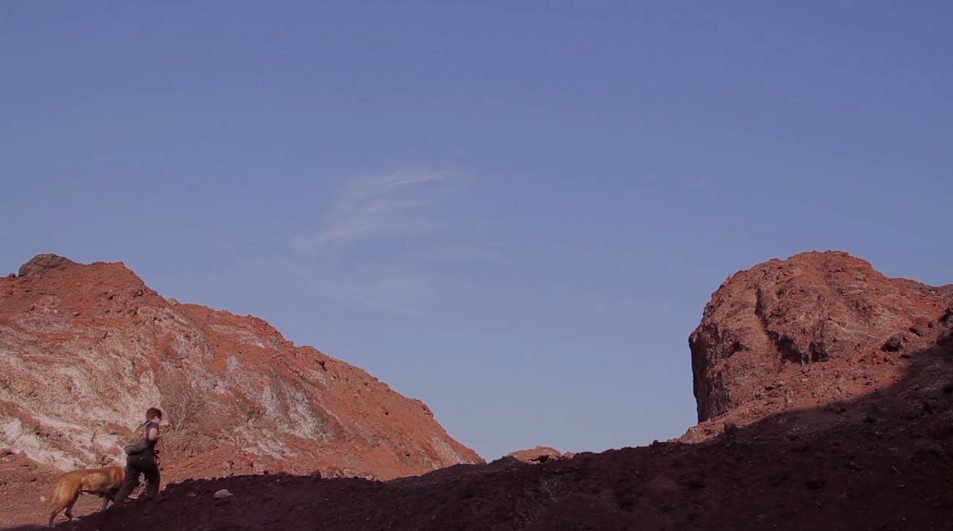
read more - Velsignet vaere dette sted29'
Velsignet vaere dette sted / Blessed by this place
Production: Denmark 2013A multilayered film about seeking identity, and belonging to a place. At the same time it is a portrait of mankind, metaphysical and full of humour, focusing on the areas where we find the meaning of life, areas that make life understandable and meaningful. Weightlifting, work (even in a hilarious costume), a place to put flowers, space to smoke a cigarette and to gossip, a heavenly choir in the funeral chapel. Each of those actions and each of these places can be what they should be under the consistently changing sky.
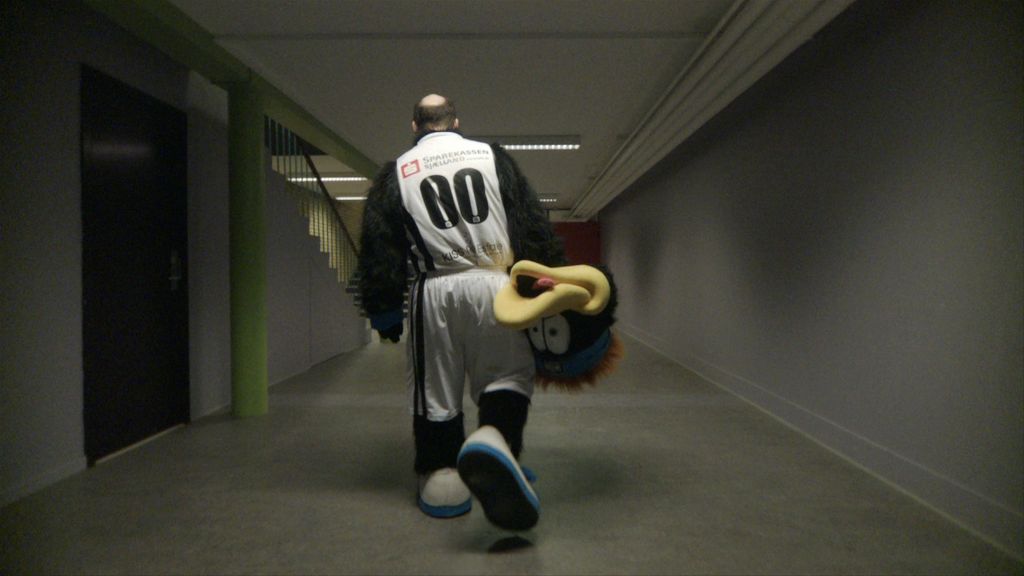
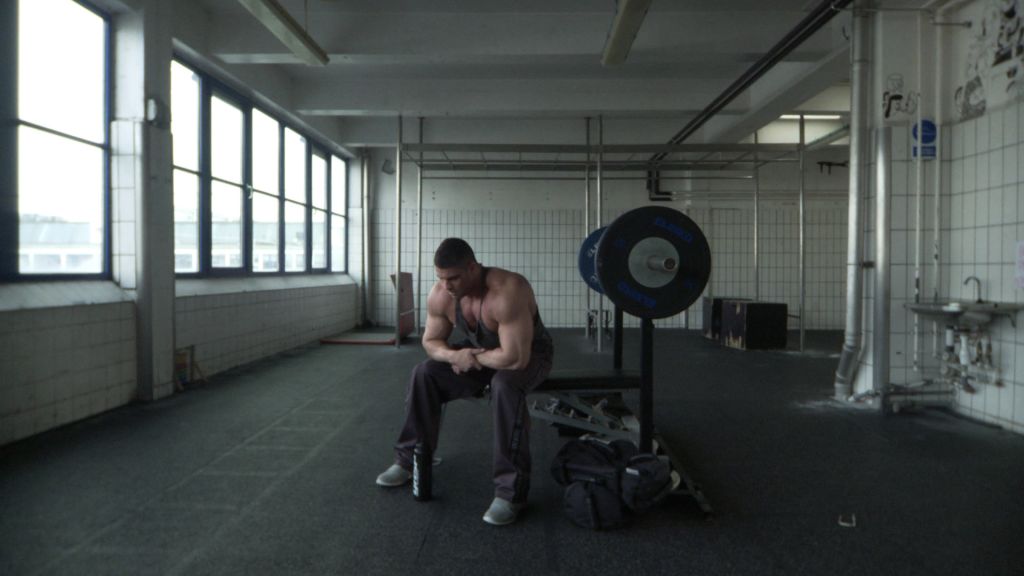
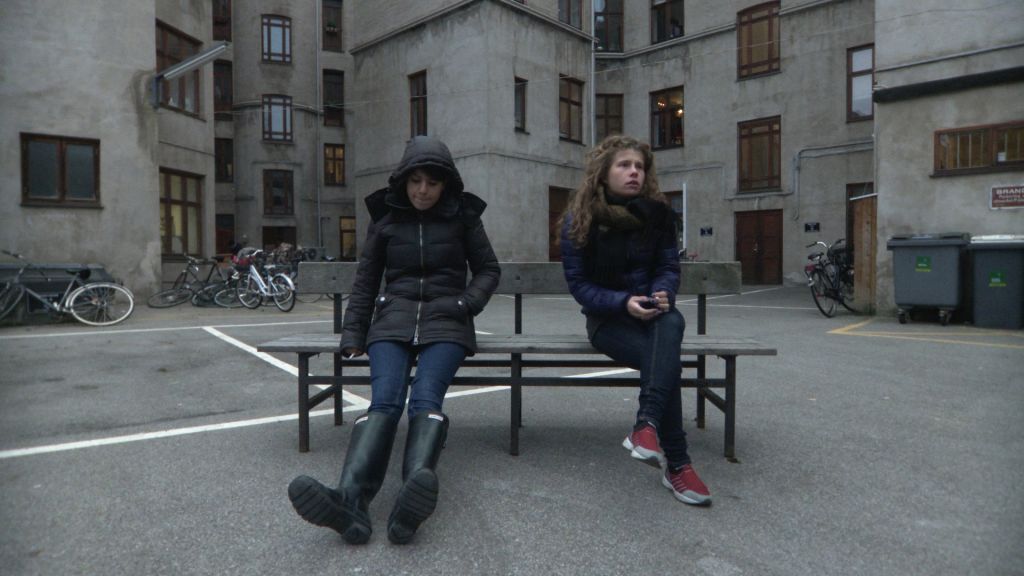
read more - Vi Bast Bindu18'
Vi Bast Bindu / Bet Obey
Production: Albania 2014In the days of a multibillion glorified soccer business, through the voice of an Albanian soccer gambling addict, we take a tour on the world of soccer, gambling and loosing, words that could sound conspirative, but that underline a bitter truth, not only in Albania, but especially in the international arena. Accusation are being made, and the finger pointed. A realistic view of the International soccer gambling phenomena.
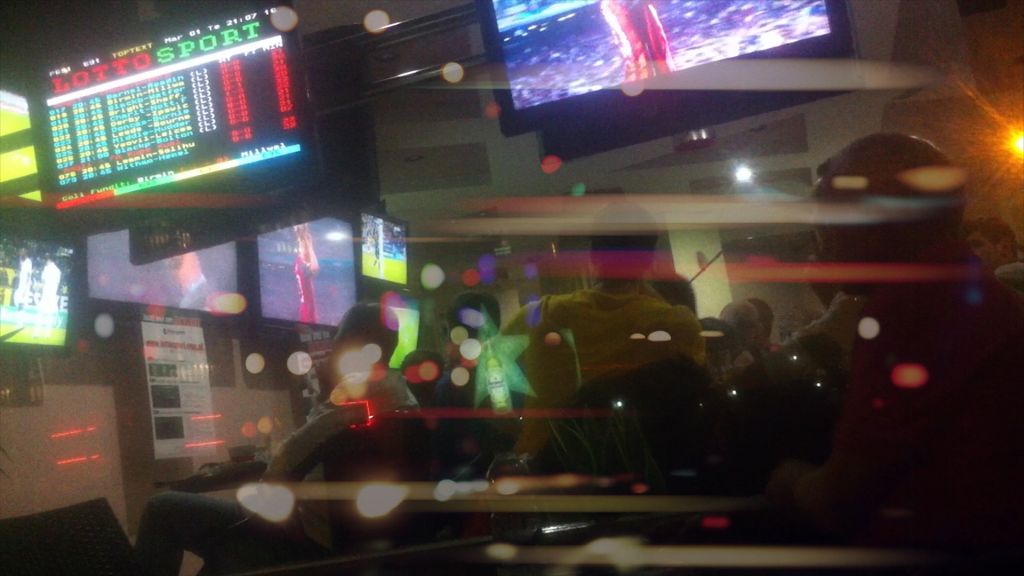
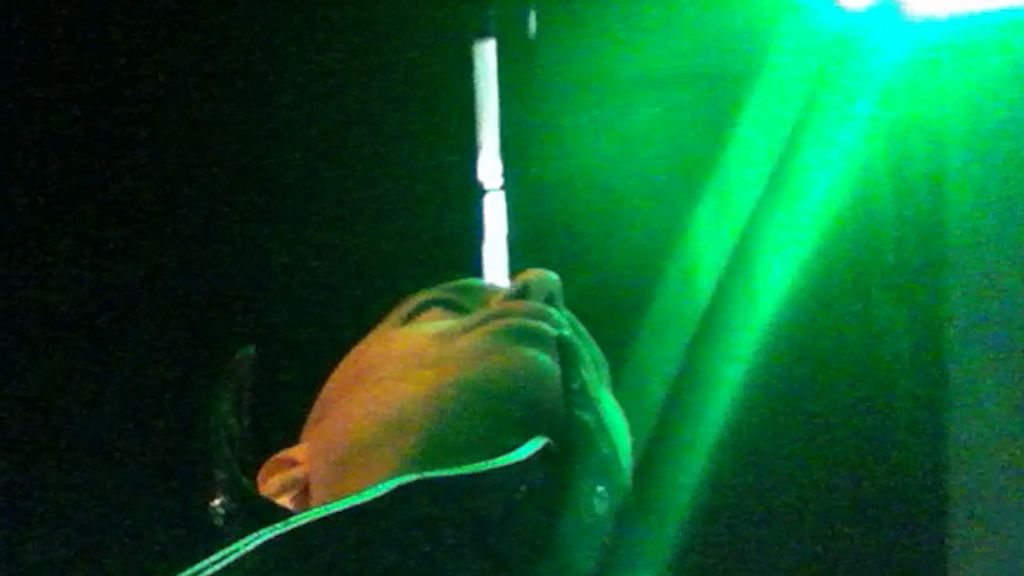
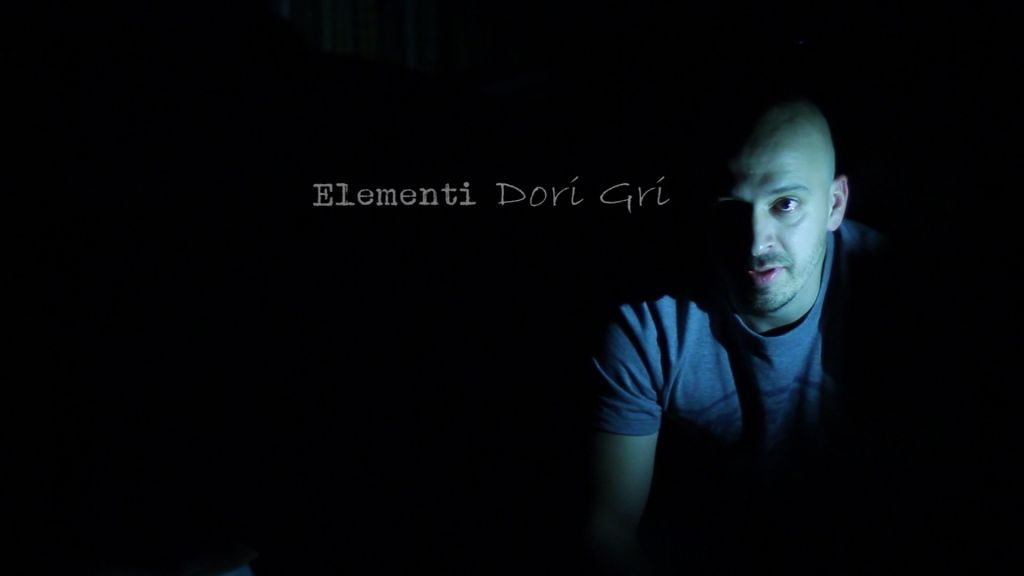

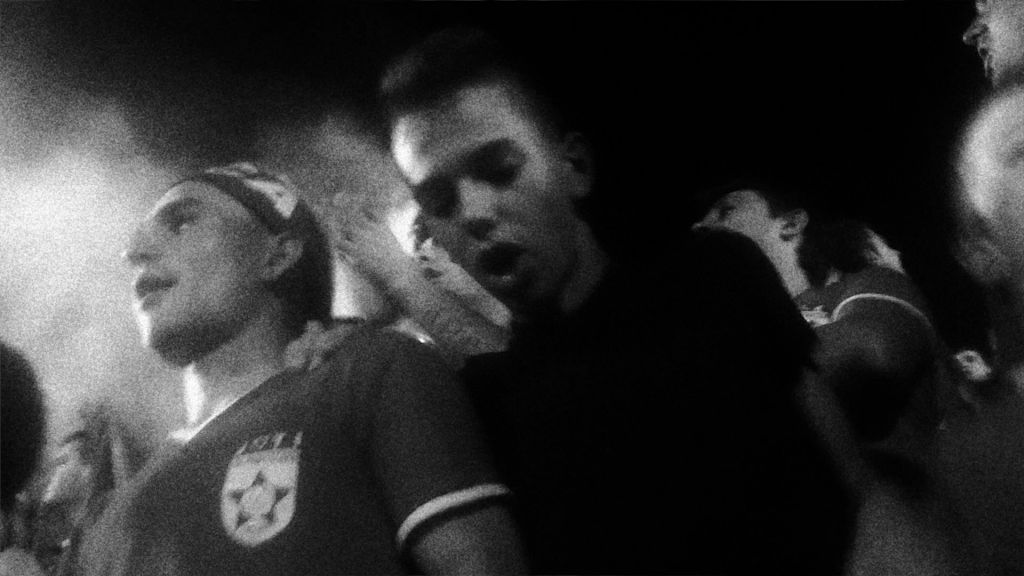
read more - Za drzwiami 10'
Za drzwiami / Behind closed doors
Production: Poland 2014A peaceful, cheerful, and reflective film made in a space defined by drip-bags, nurse uniforms, and regular medicine time. A space behind many closed doors, both physical and metaphorical, the assigned terrain of peace and anticipation. The film features inhabitants of the „Włókniarz” nursing home and nurses from the Oncology Hospice Foundation in Łódź.
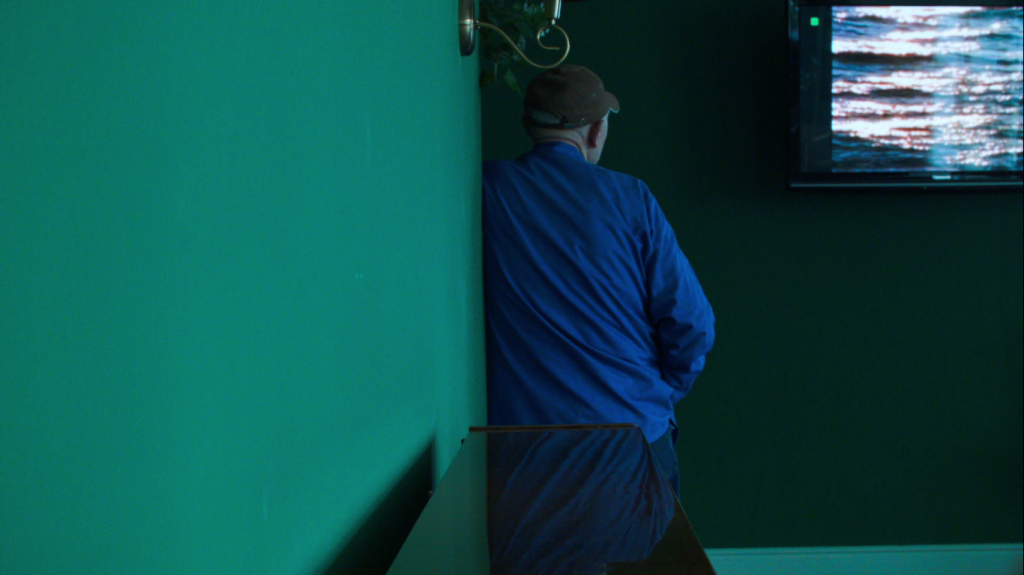
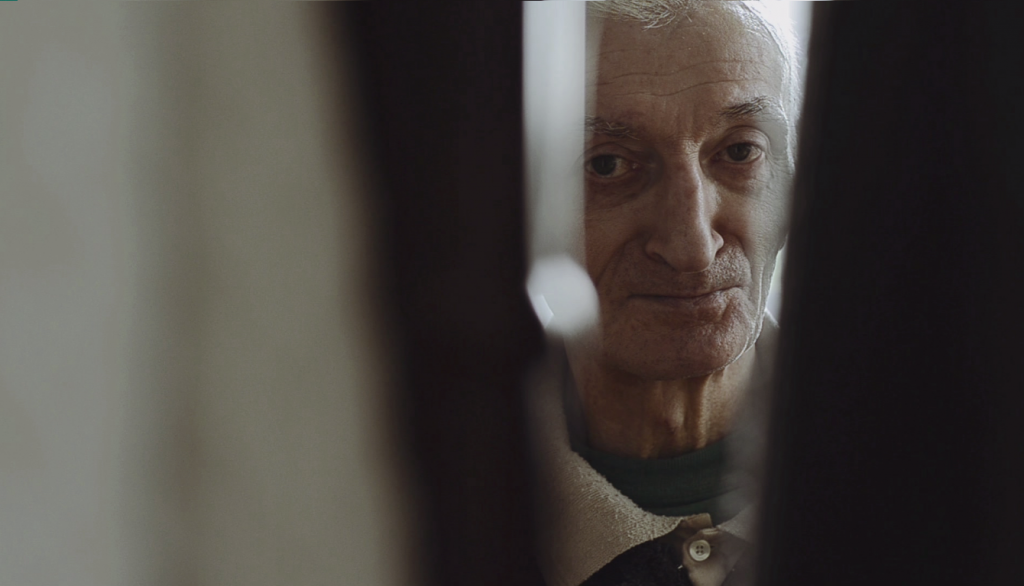
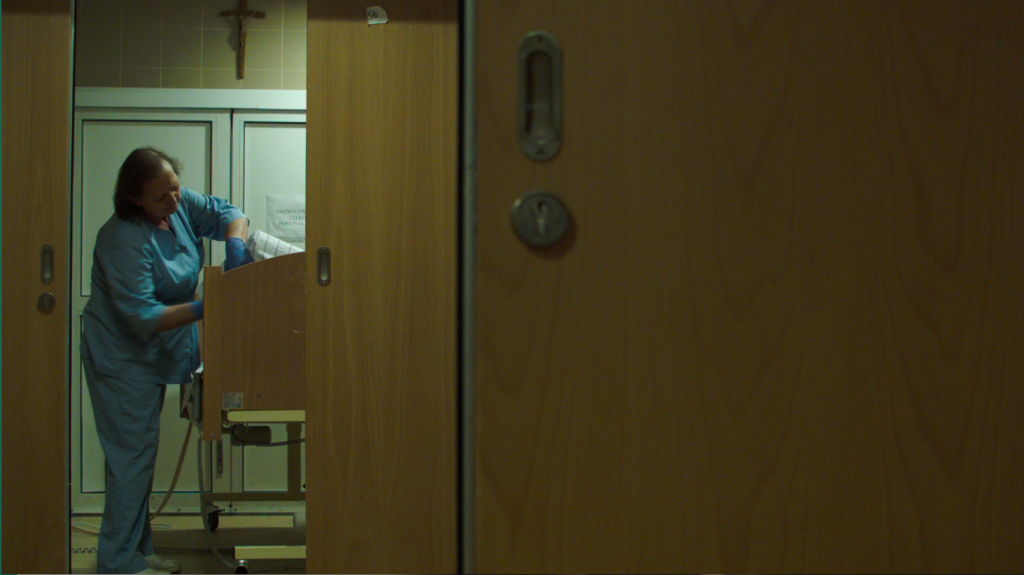
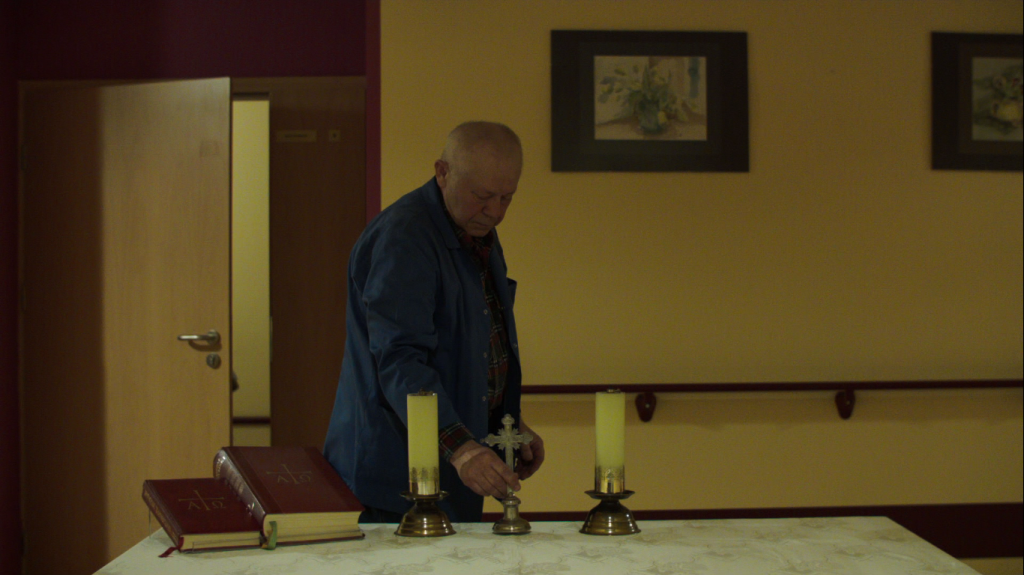
read more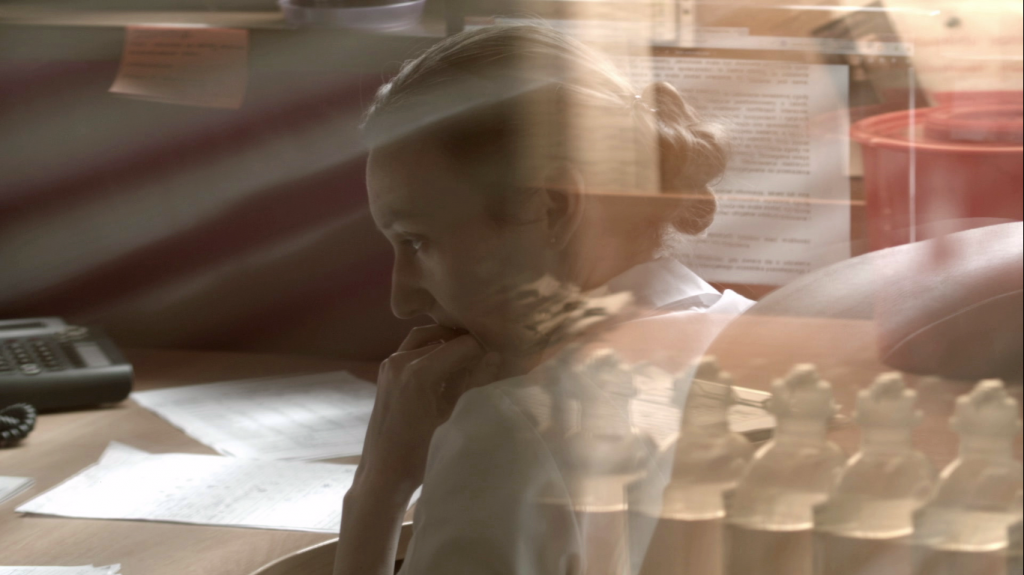
- Zasada piąta18'
Zasada piąta / Fifth rule
Production: Polska 2013In the wild woods, on a forgotten hill there is a shepherd's hut, wherein several outsiders took residence. Each of them struggles with different problems – they are escaping reality, doing penance, waiting for a better tomorrow. But time there comes to a halt; another cigarette, coffee, and again the lingering, and soon it'll be time to herd the sheep. The observation of unusual protagonists lets us believe that – to paraphrase the Polish rock classic – the blue sky is all they need.


read more
- Zugperlen14'
Zugperlen / Train of Pearls
Production: Germany 2013Anna, Danuta, and Leokadia are strong women unafraid of cleaning up a huge garage, being away from home, or definitely leaving an irresponsible partner. On a train rolling slowly through the countrysides of Brandenburg and Mecklenburg, the three women share their experiences of working and living abroad, their views on partnership and family. From overworked emigrants they transform into elegant ladies drinking sparkling wine. Behind them: the tough months of work, before them: meeting with their loved ones, often far from idyllic. Right now they are only for themselves: Anna, Danuta, and Leokadia in the trans-territorial bubble of a train, between work and home.
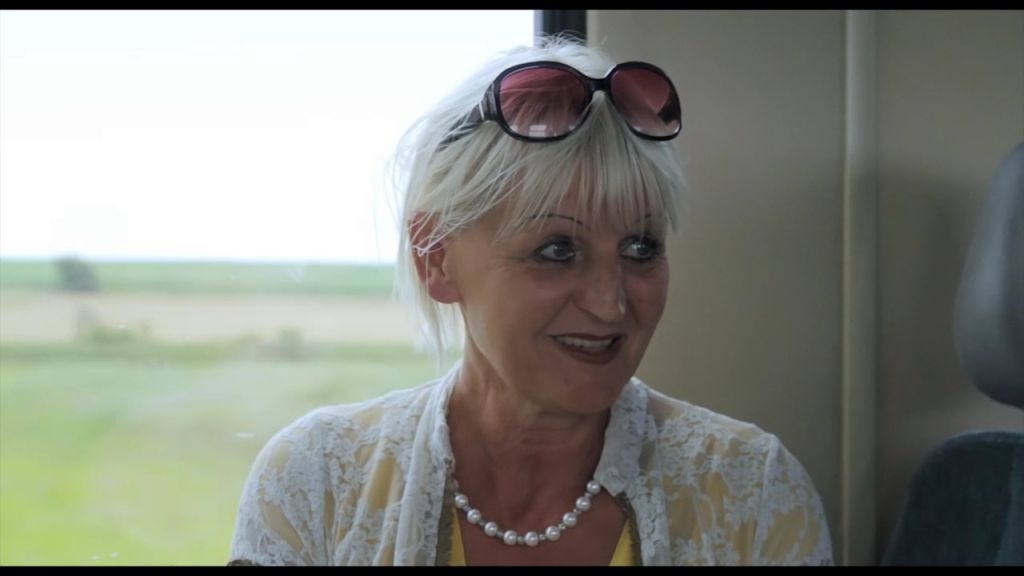
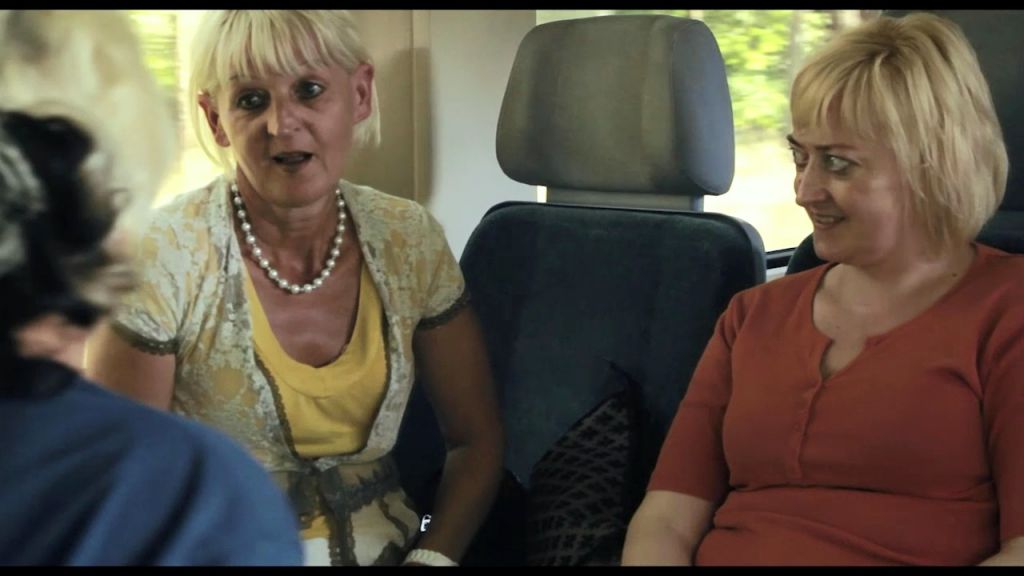
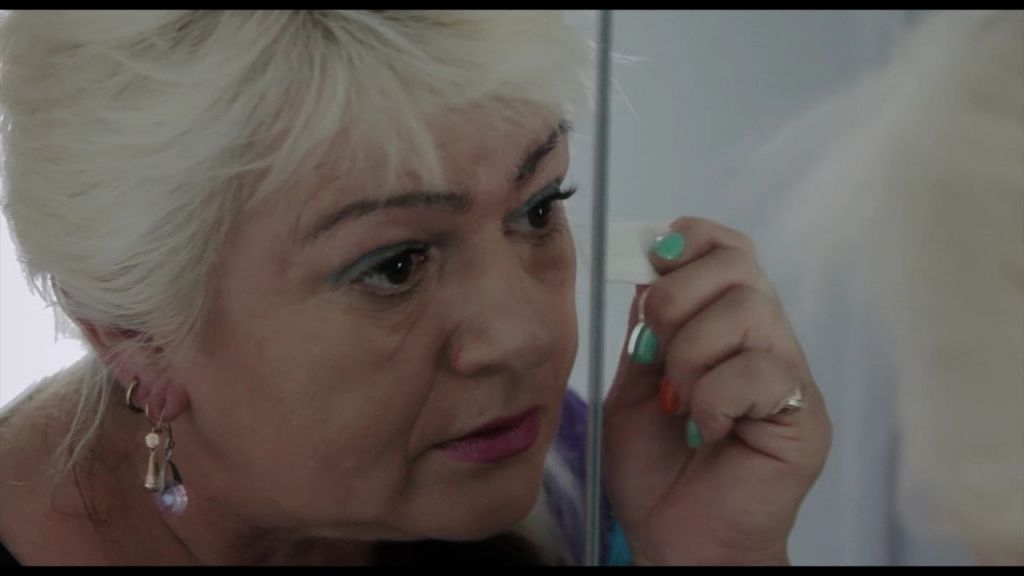
read more - ●●●– – –●●●10'
●●●– – –●●●
Production: Portugal 2013Assuming the vulnerability of the human being as a starting point, the look of the camera seeks for passers-by, someone who might be related to voices from recordings of social support helplines. The documentary thus matches the images of people in varying locations with sentences listening (resulting from the sound recordings) simultaneously. The connection of interiority coming from (sound) recordings with the reality of the images points to a new look at what we see daily and repeatedly: simple and everyday images, shelters and enclosures of lack of support.
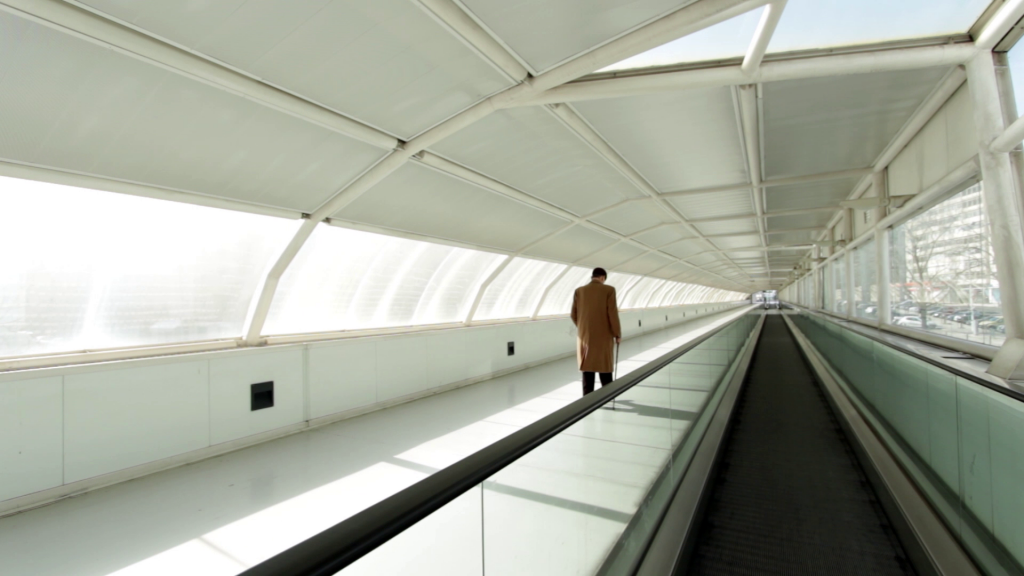
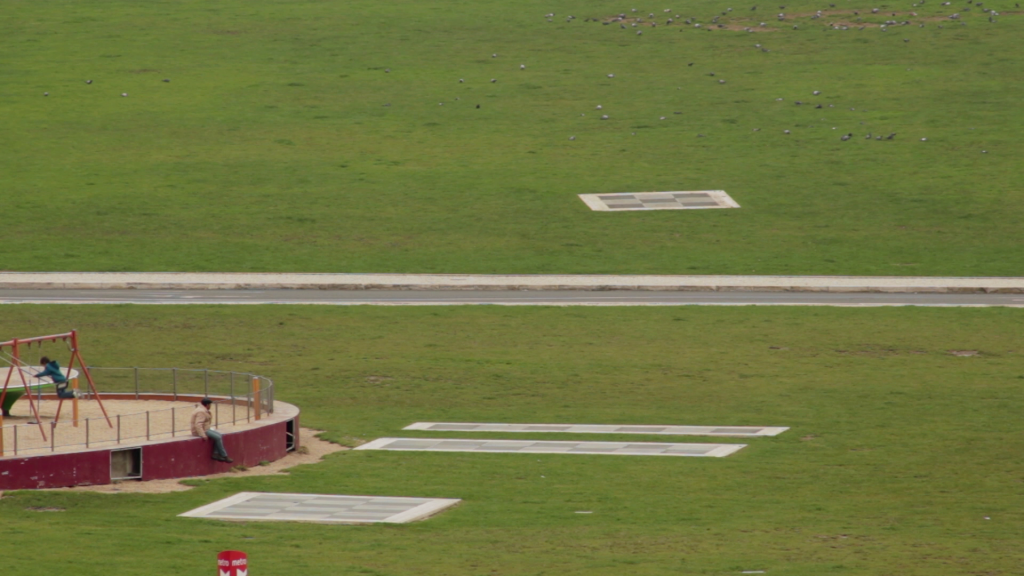
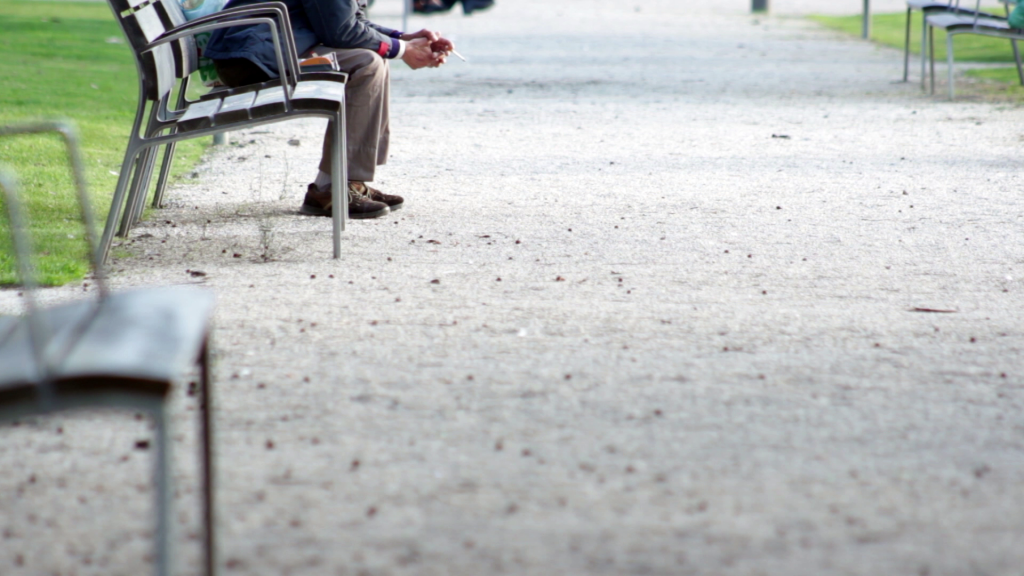
read more